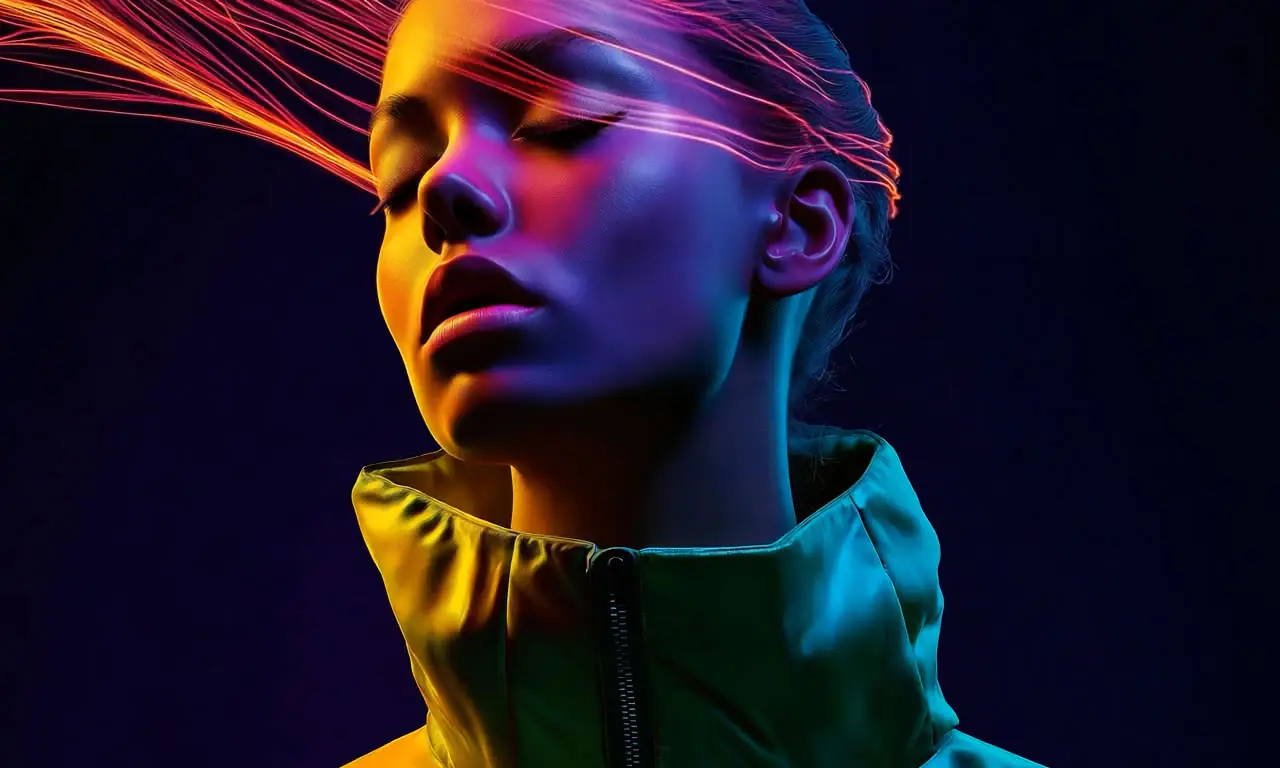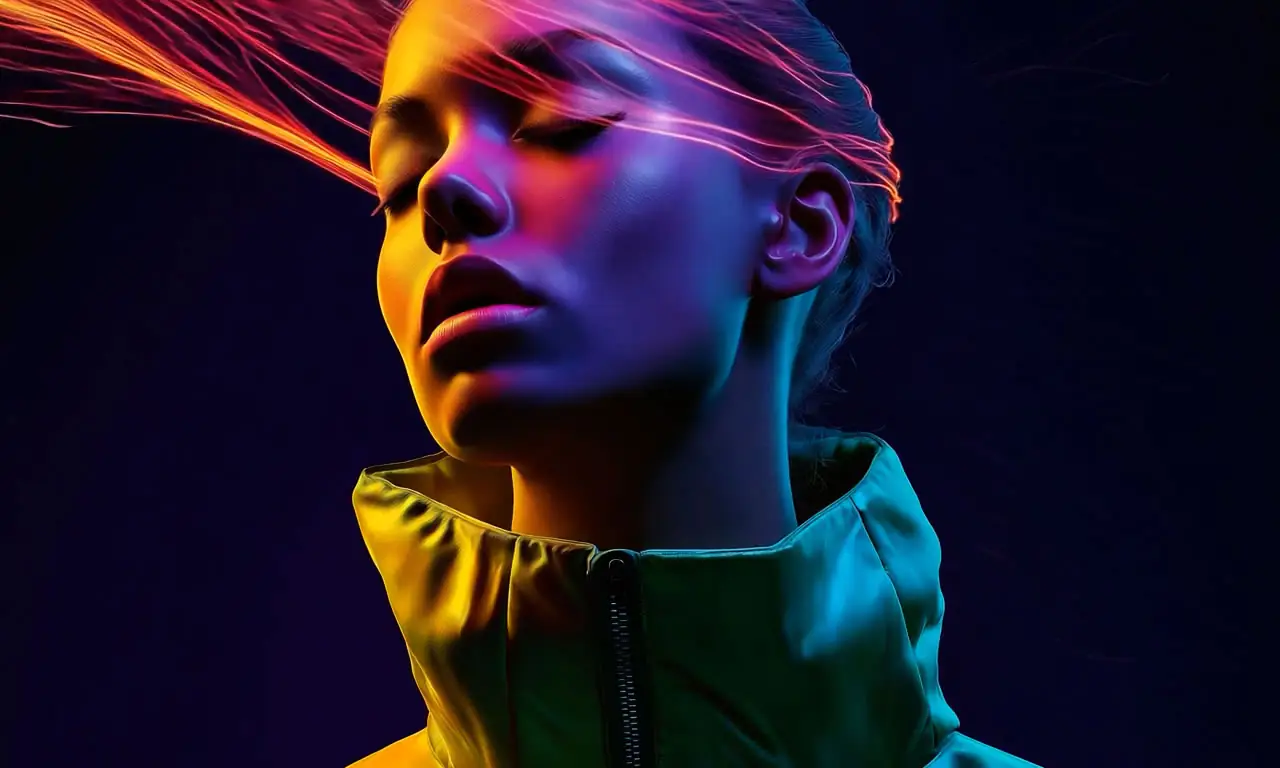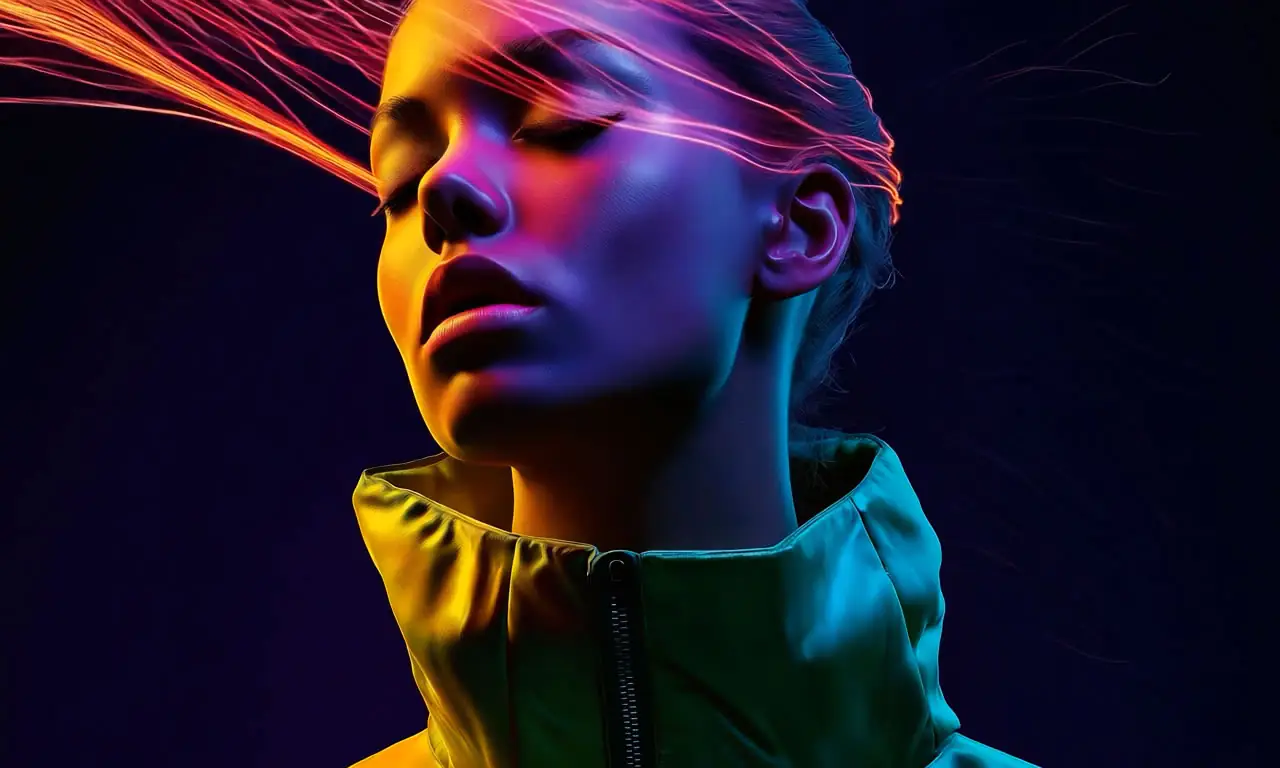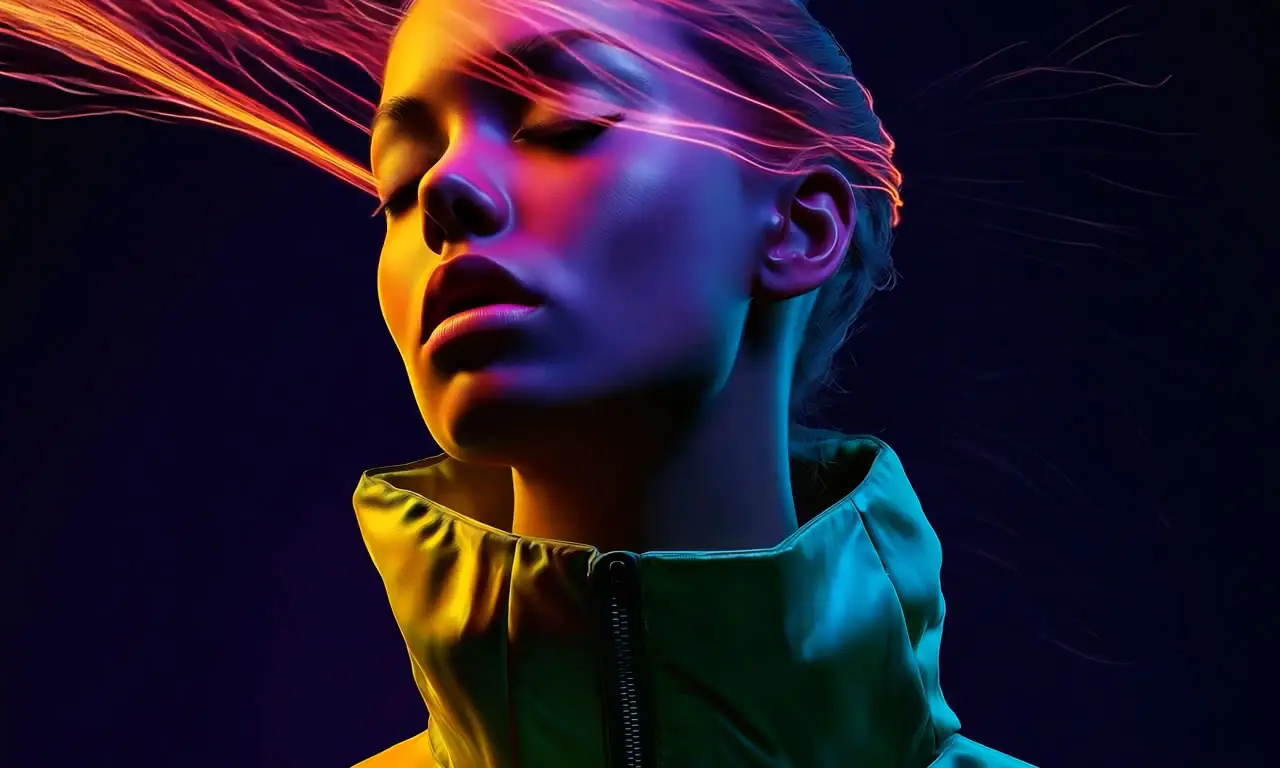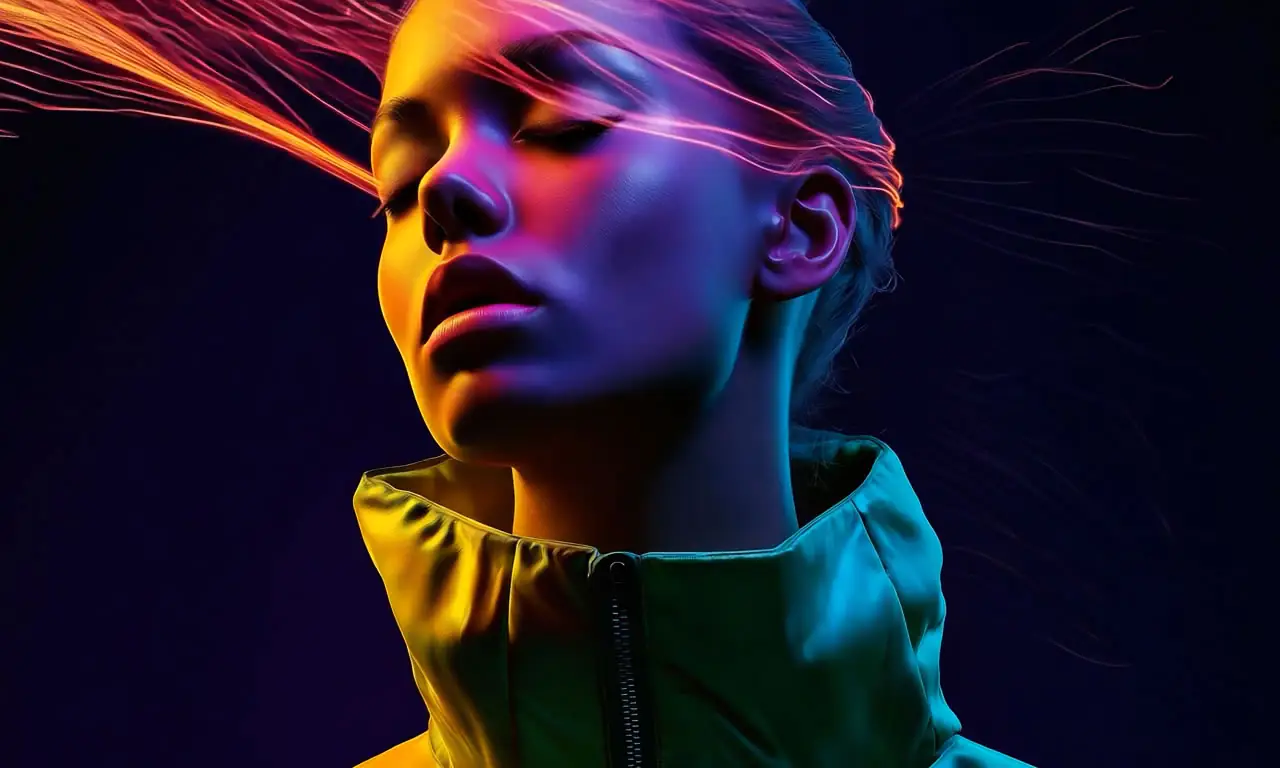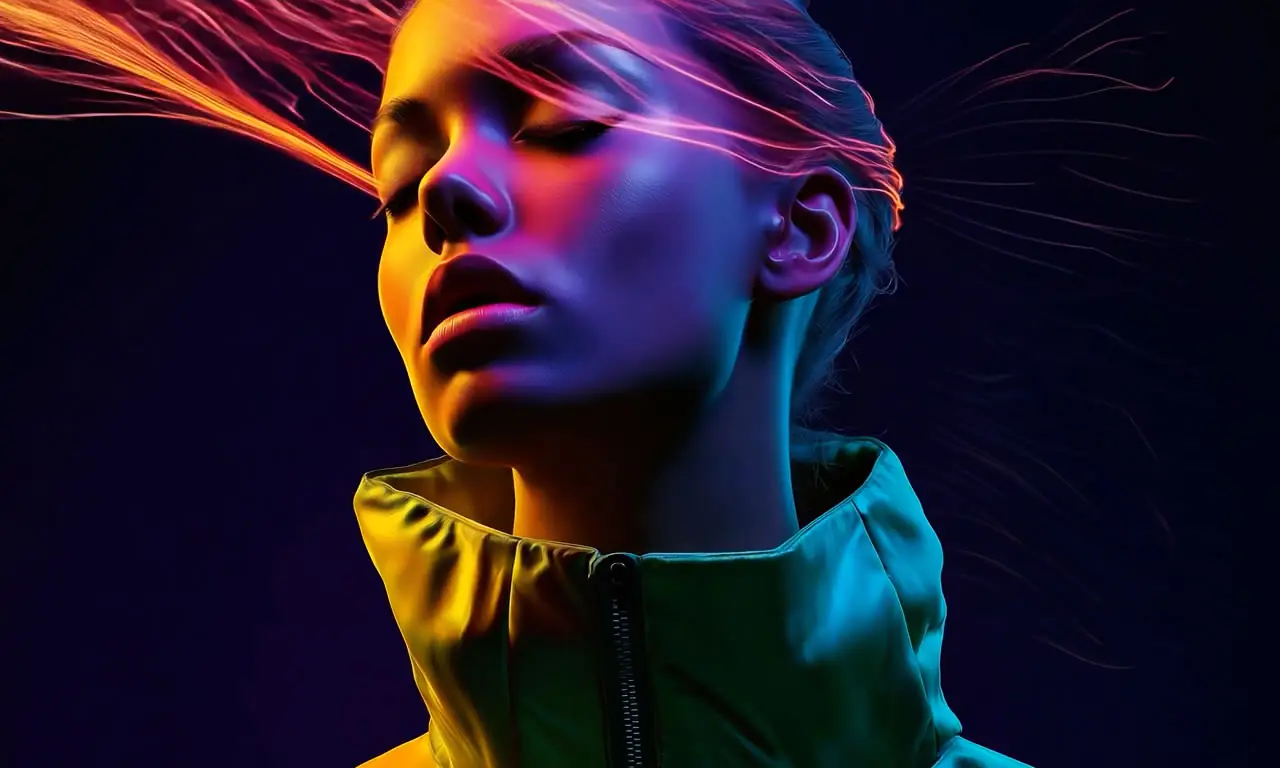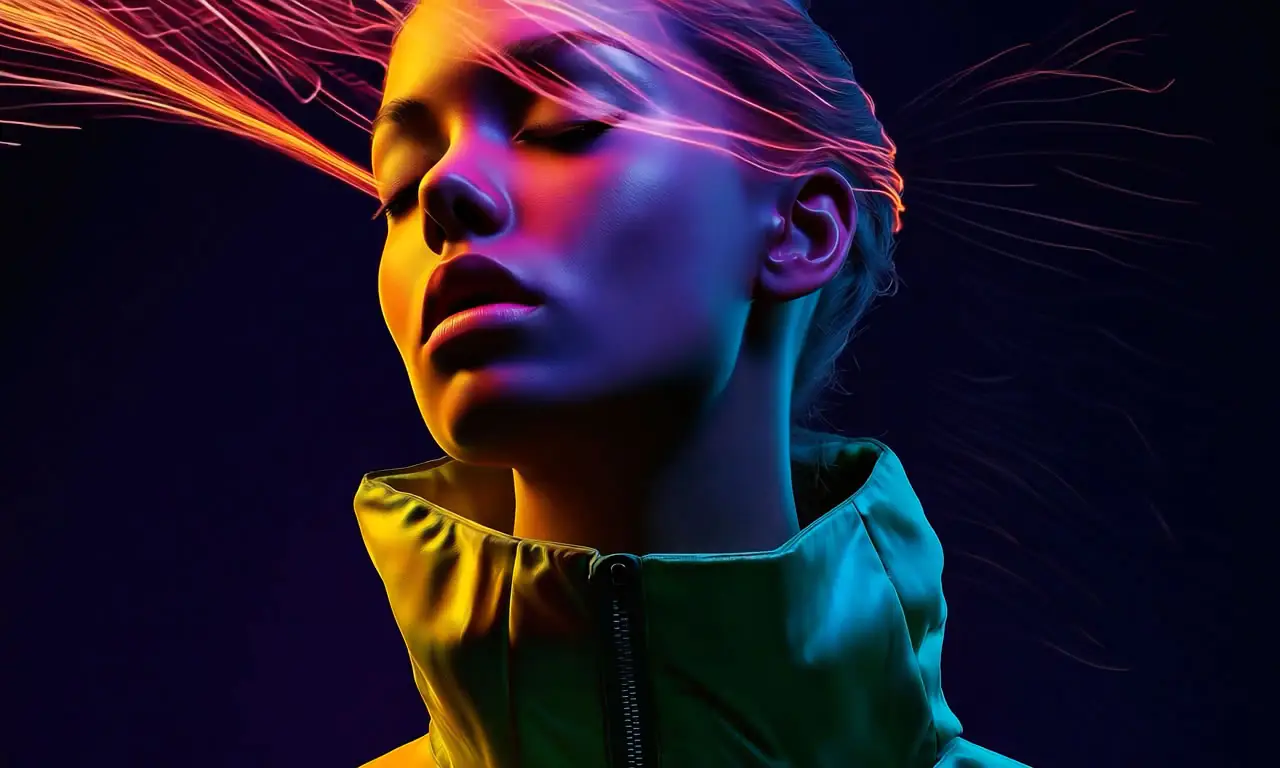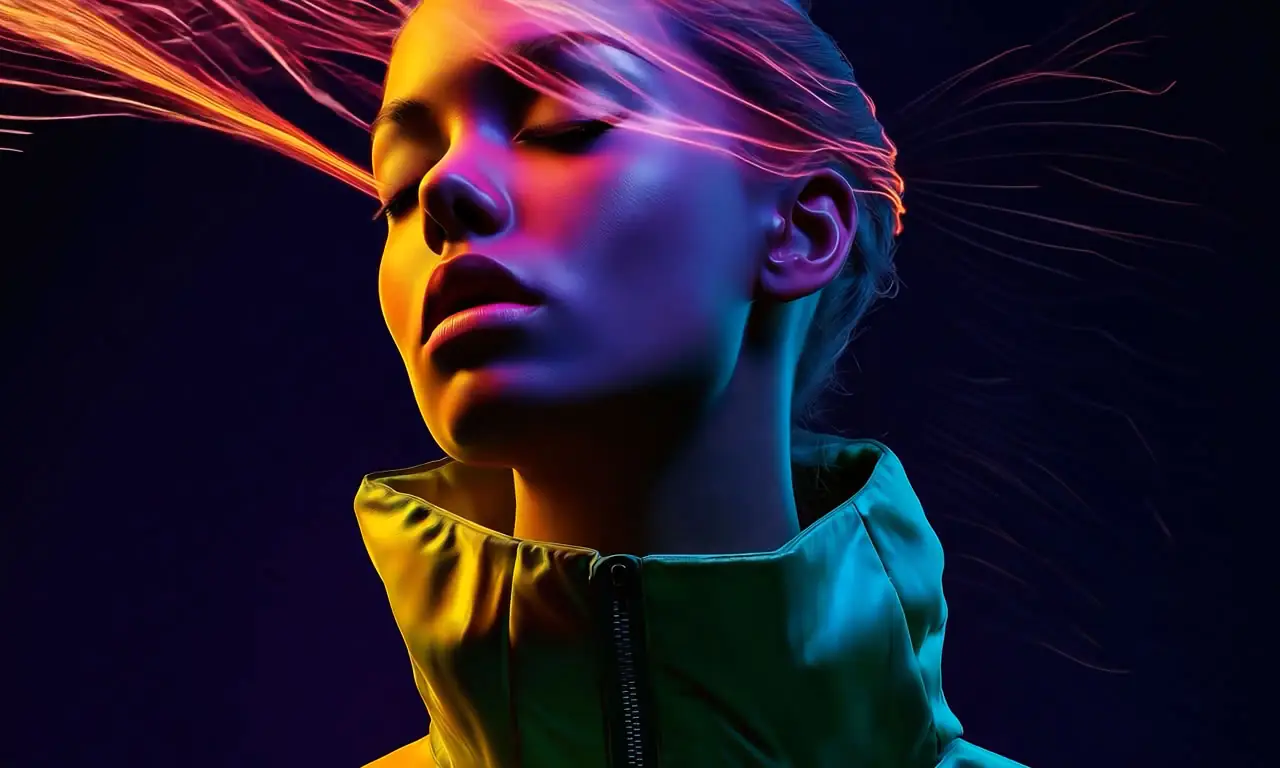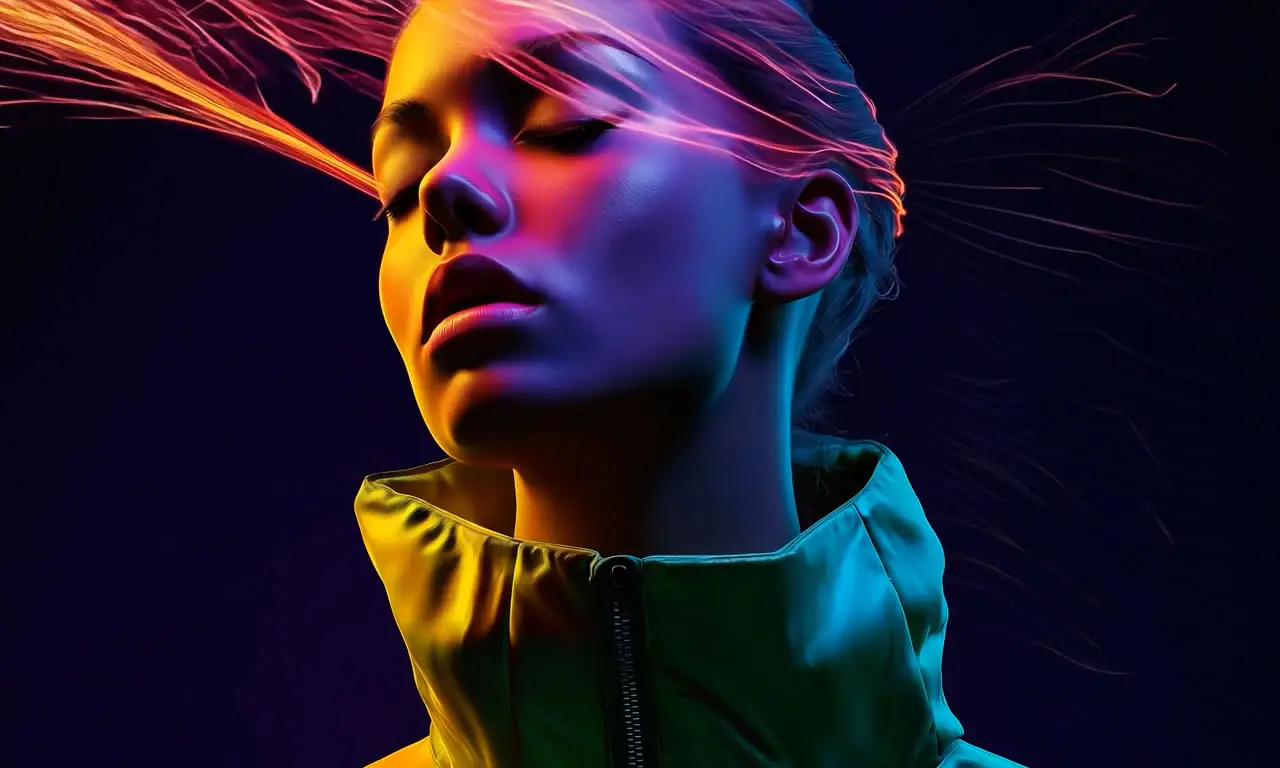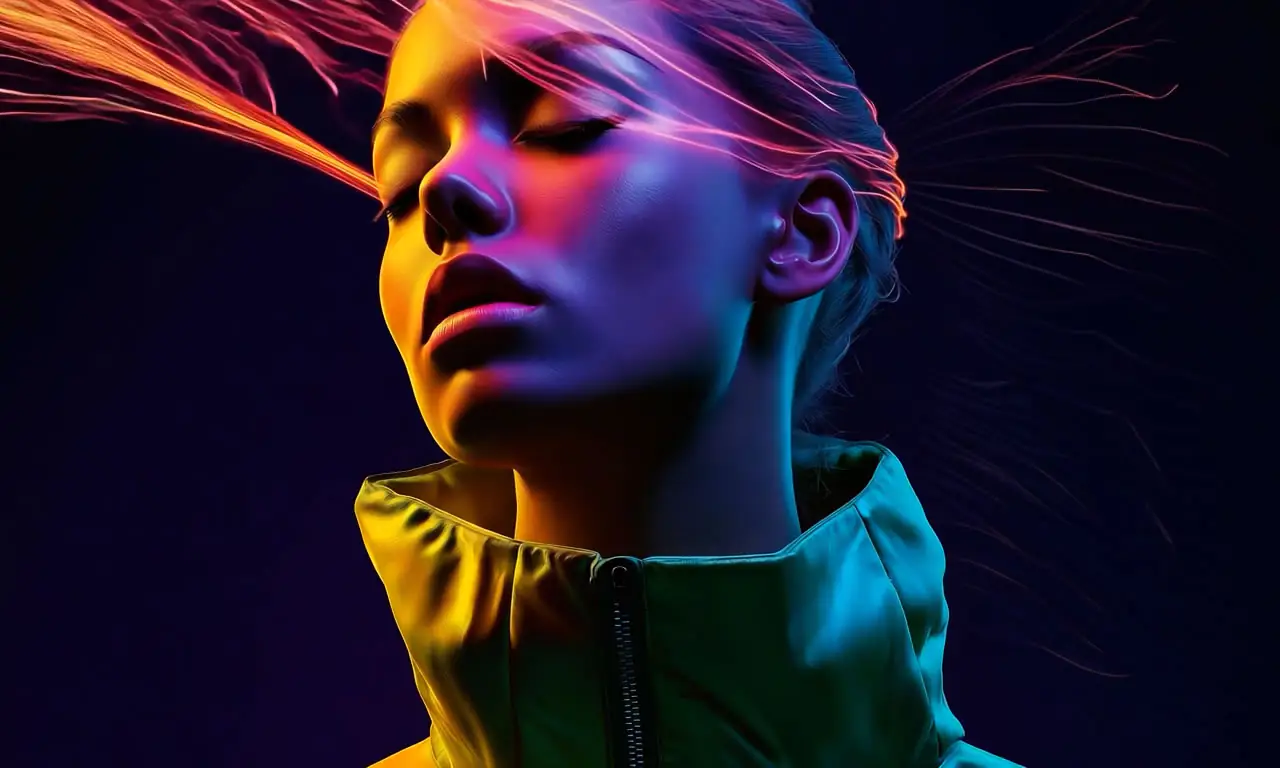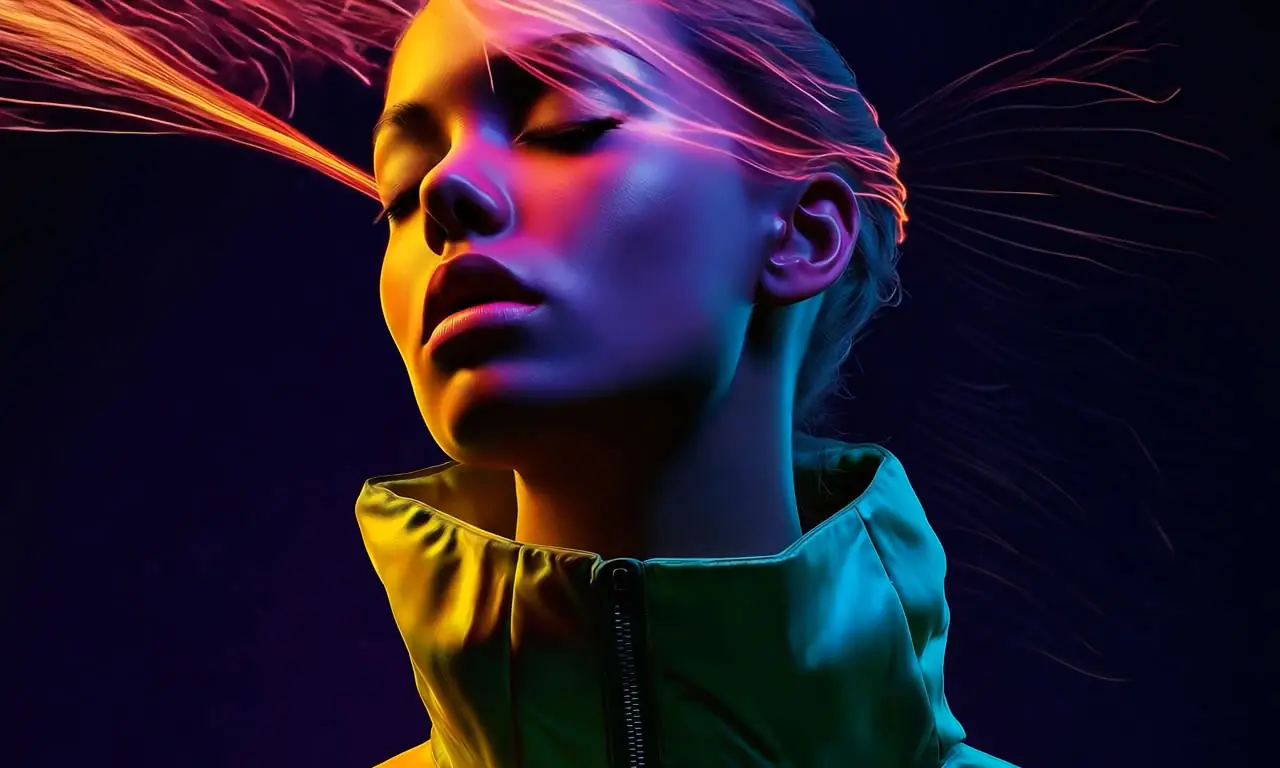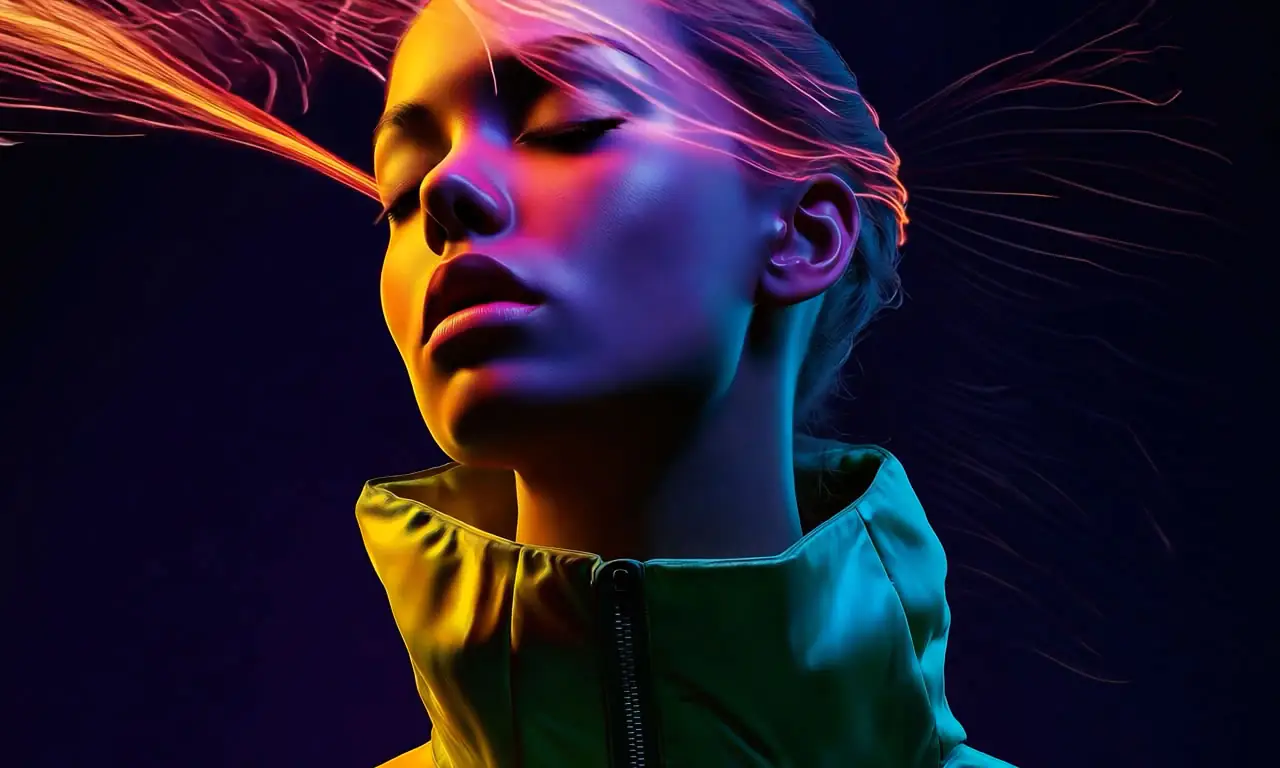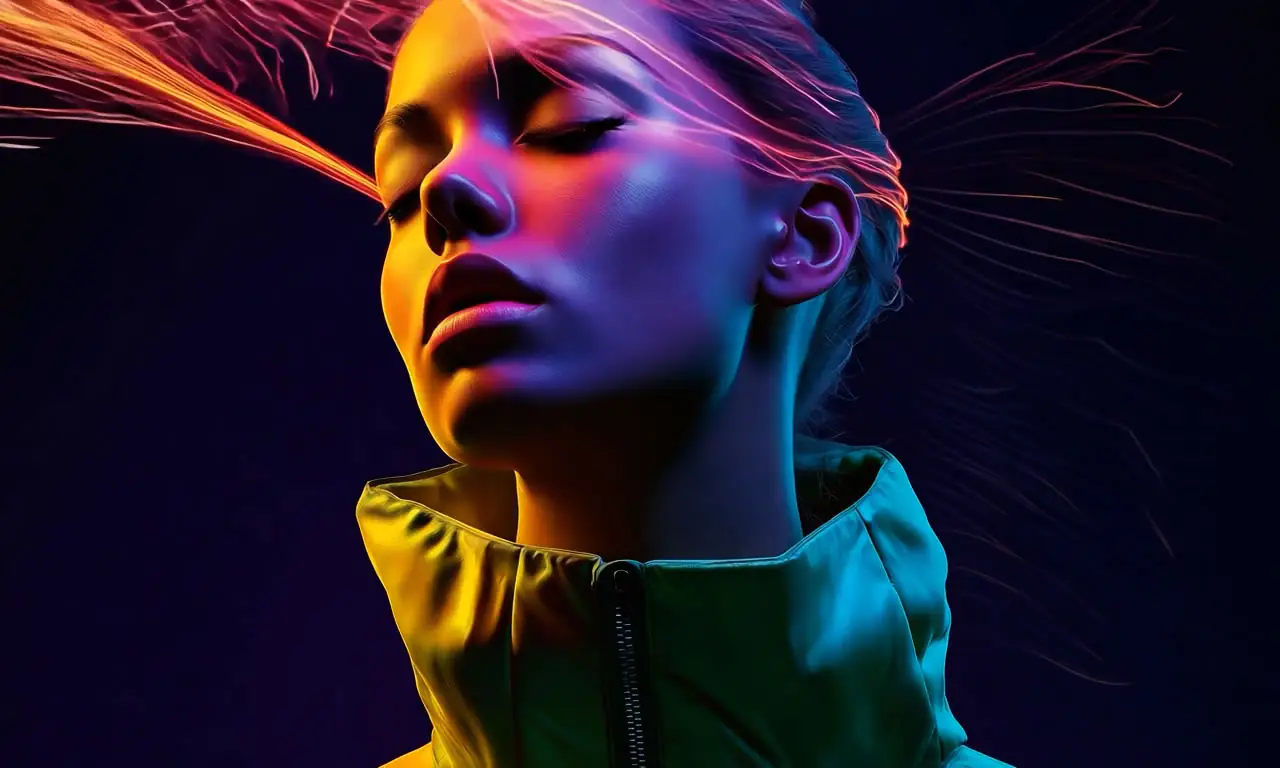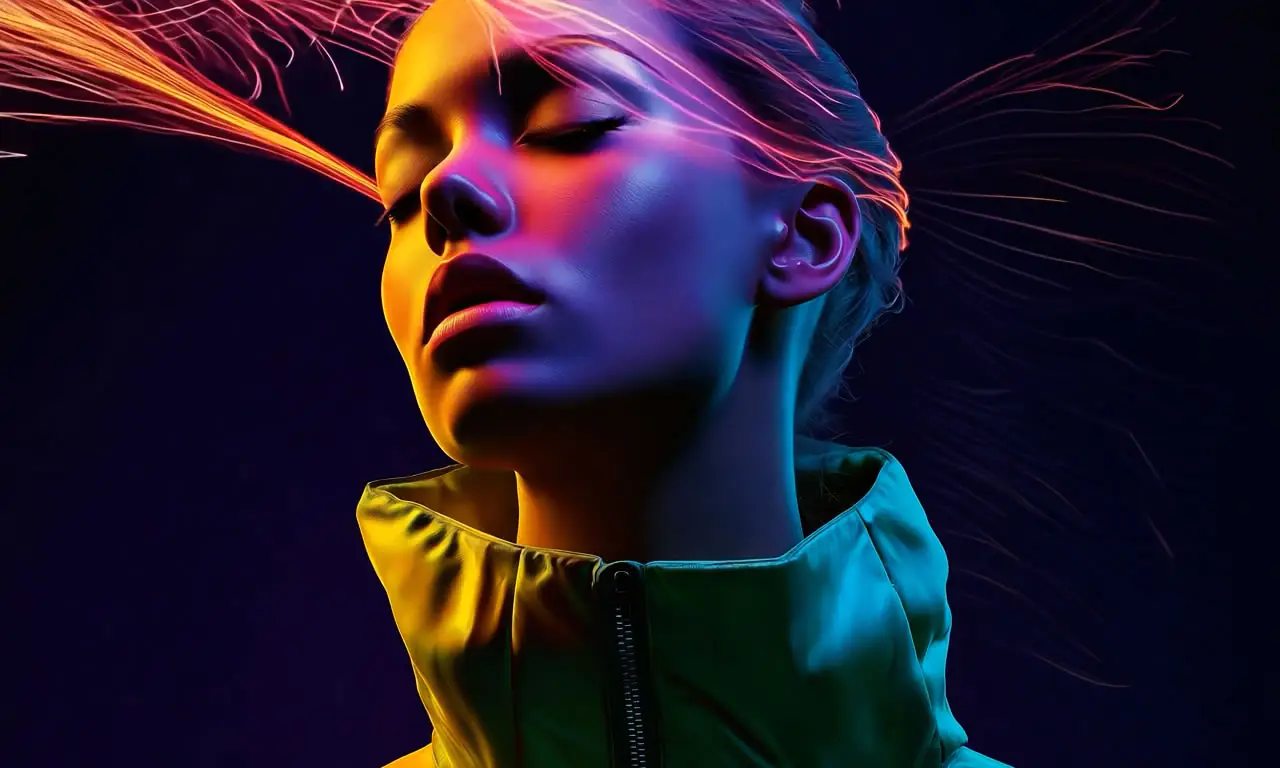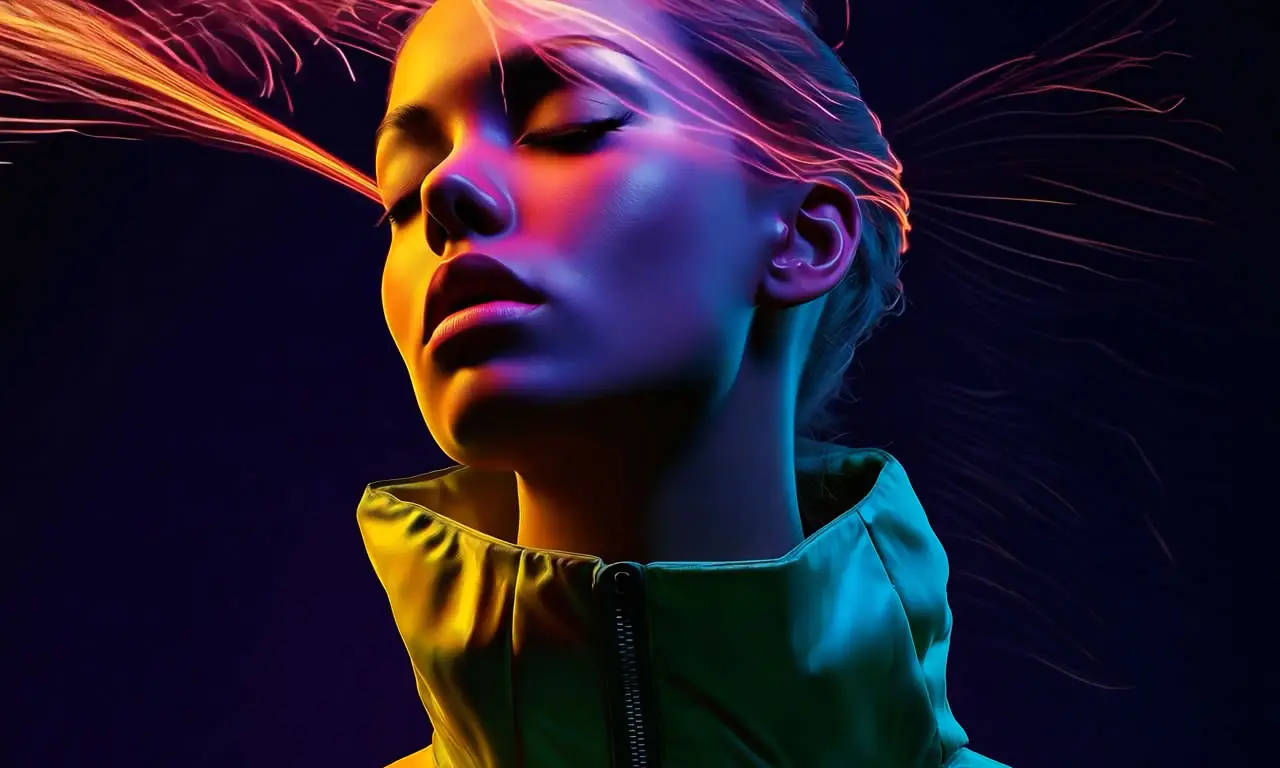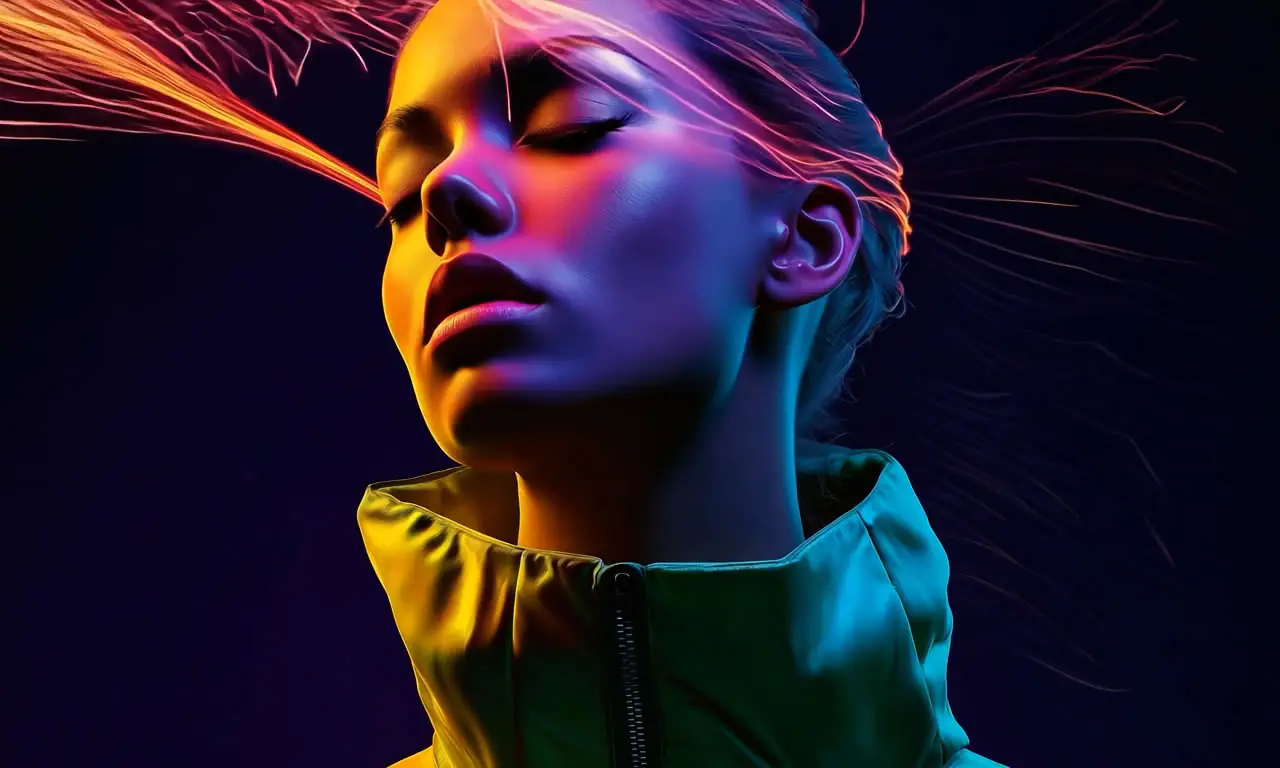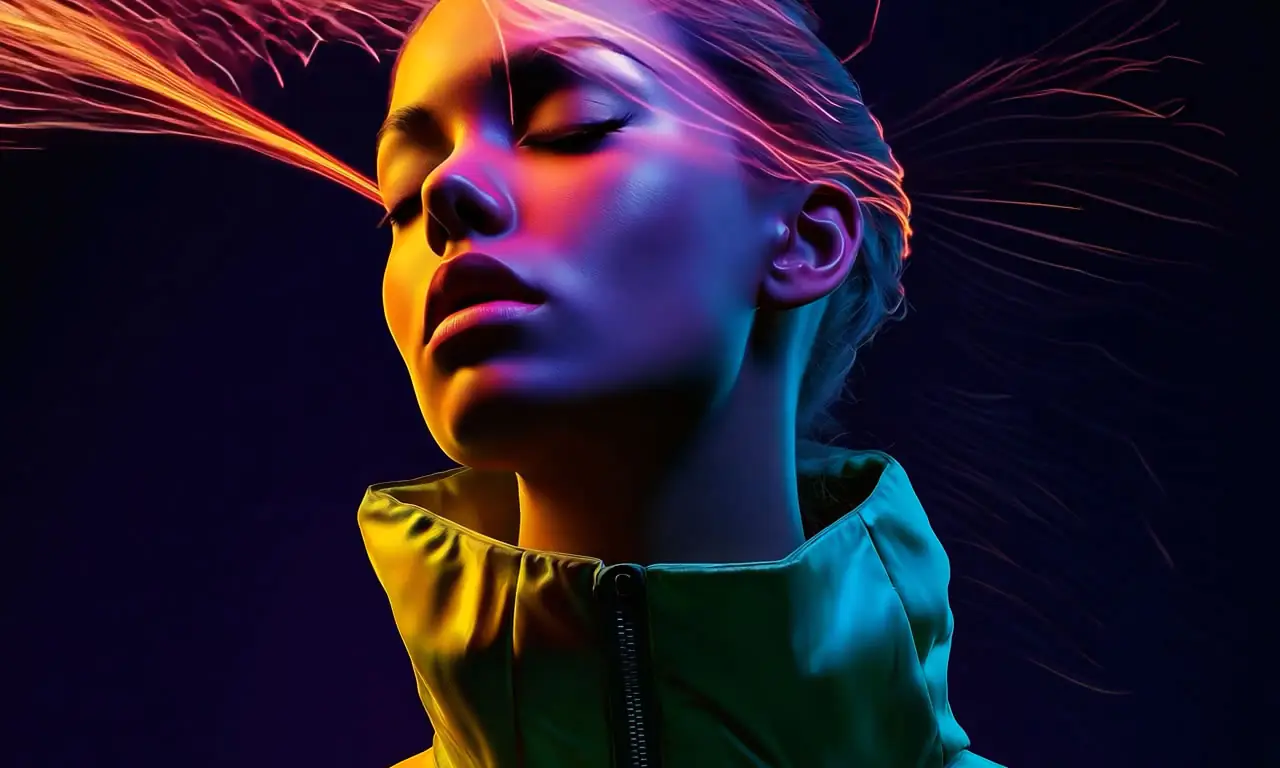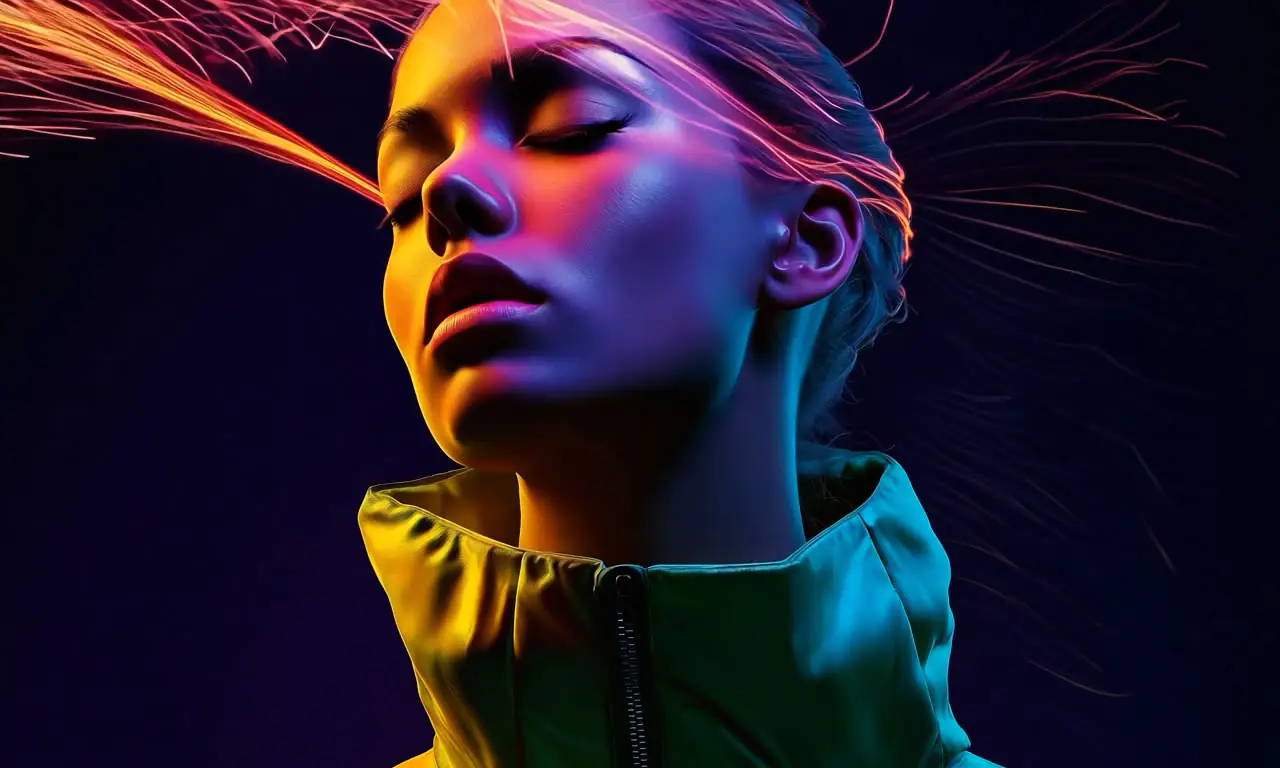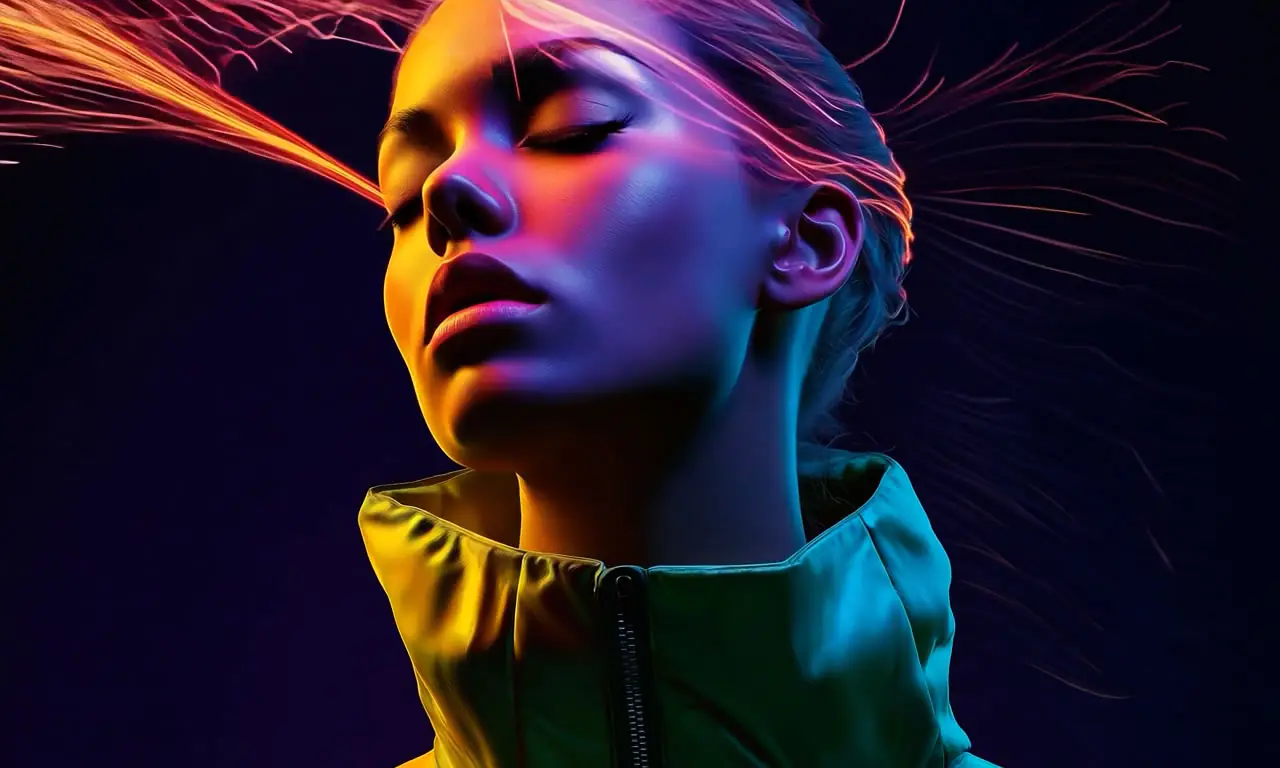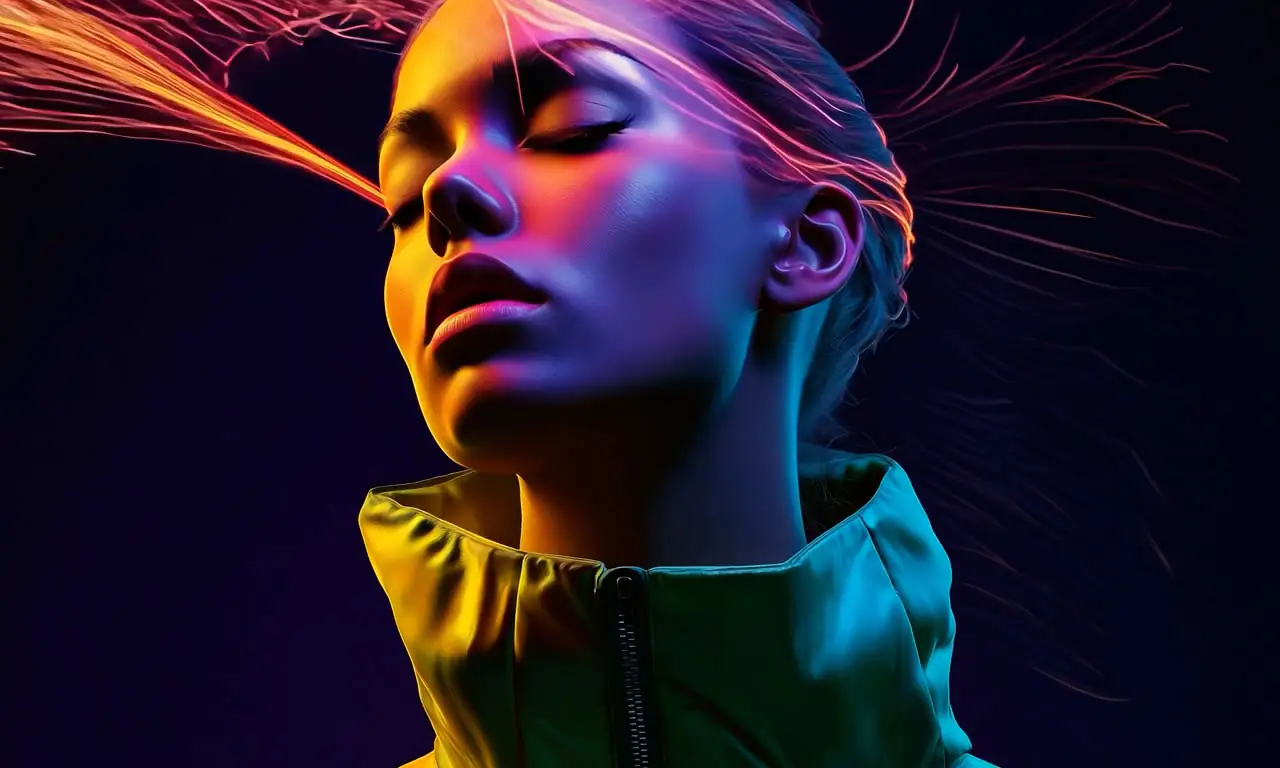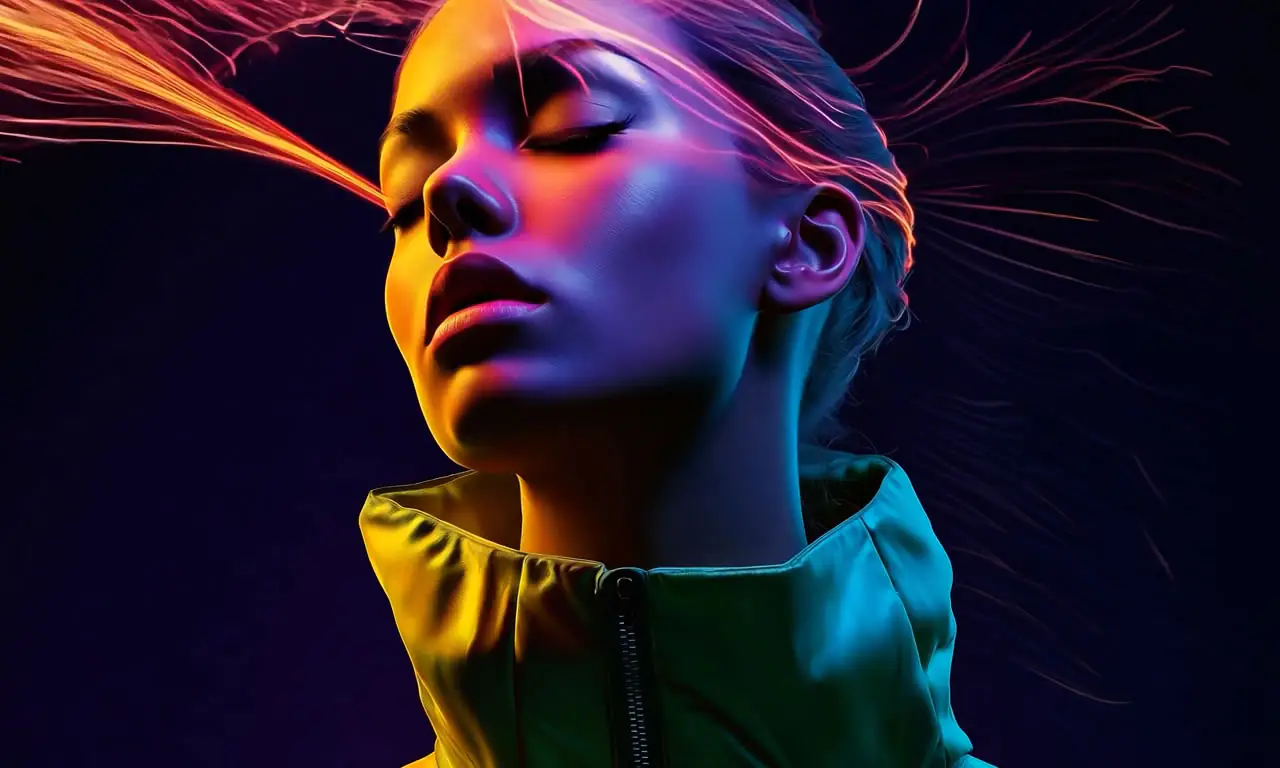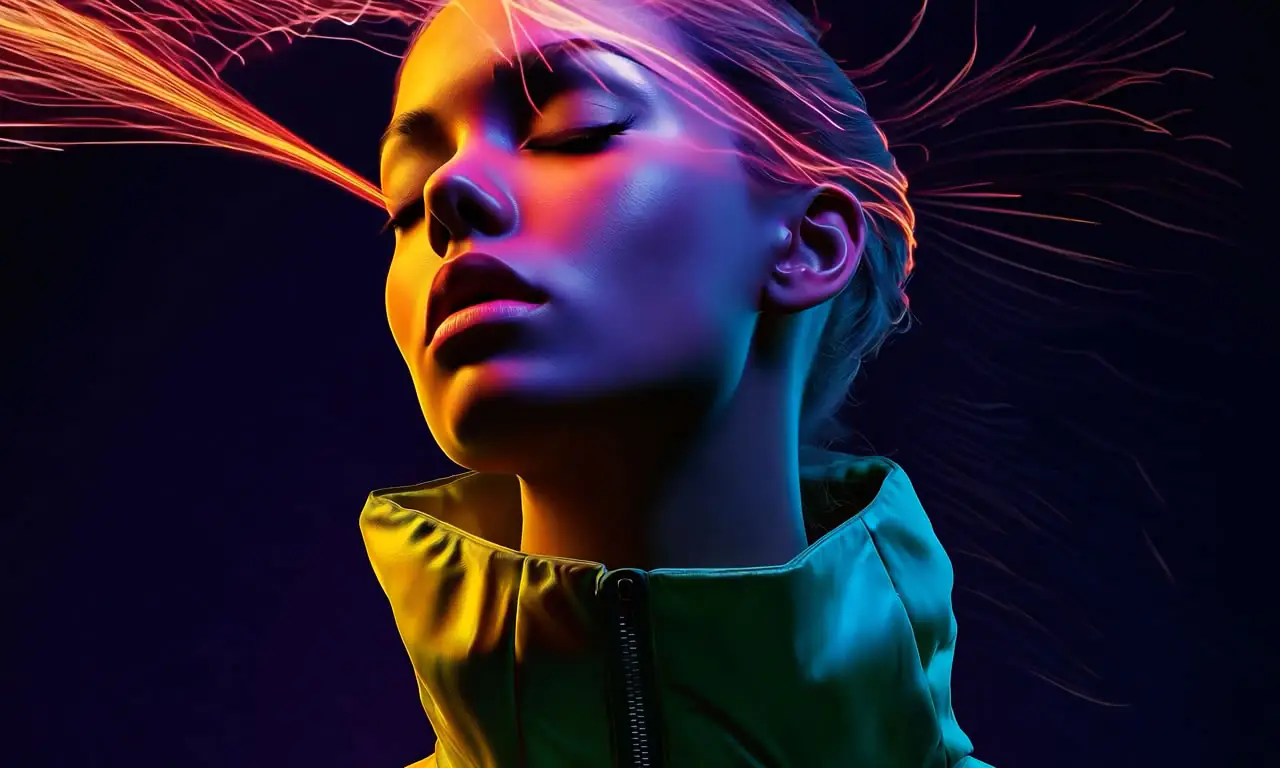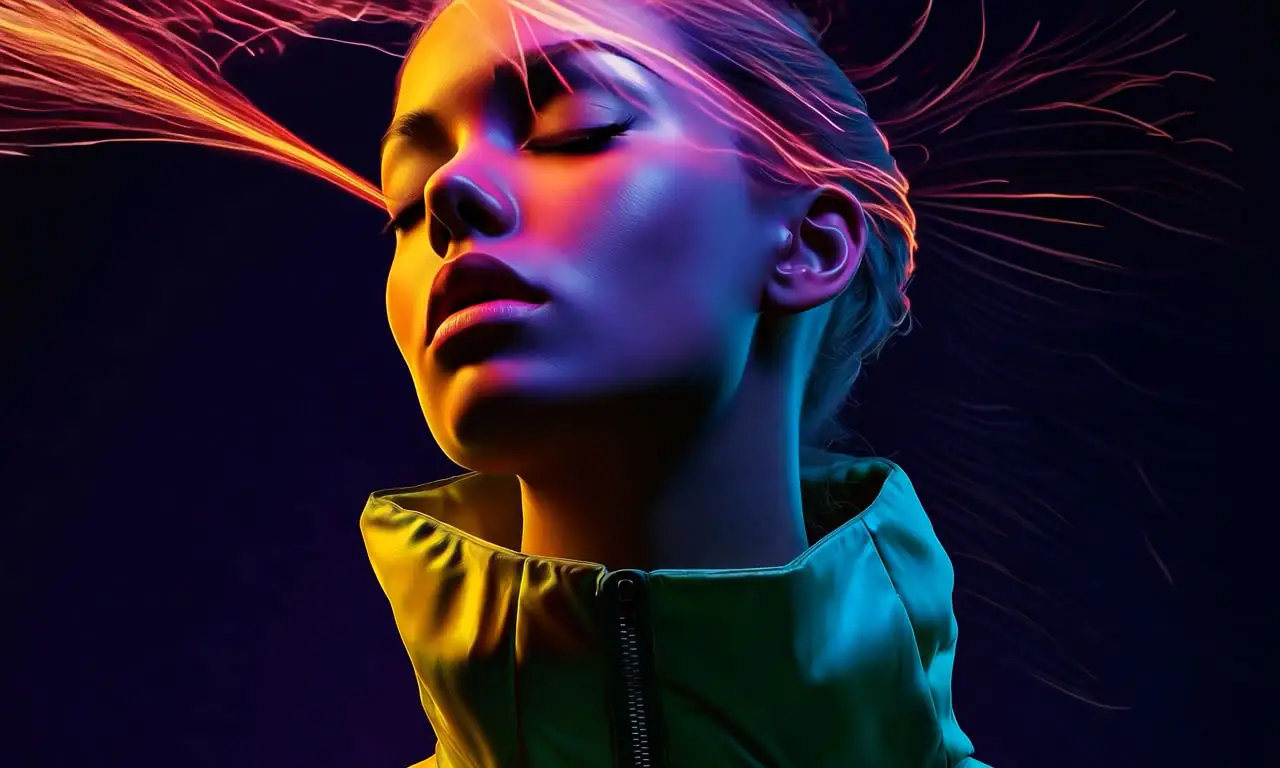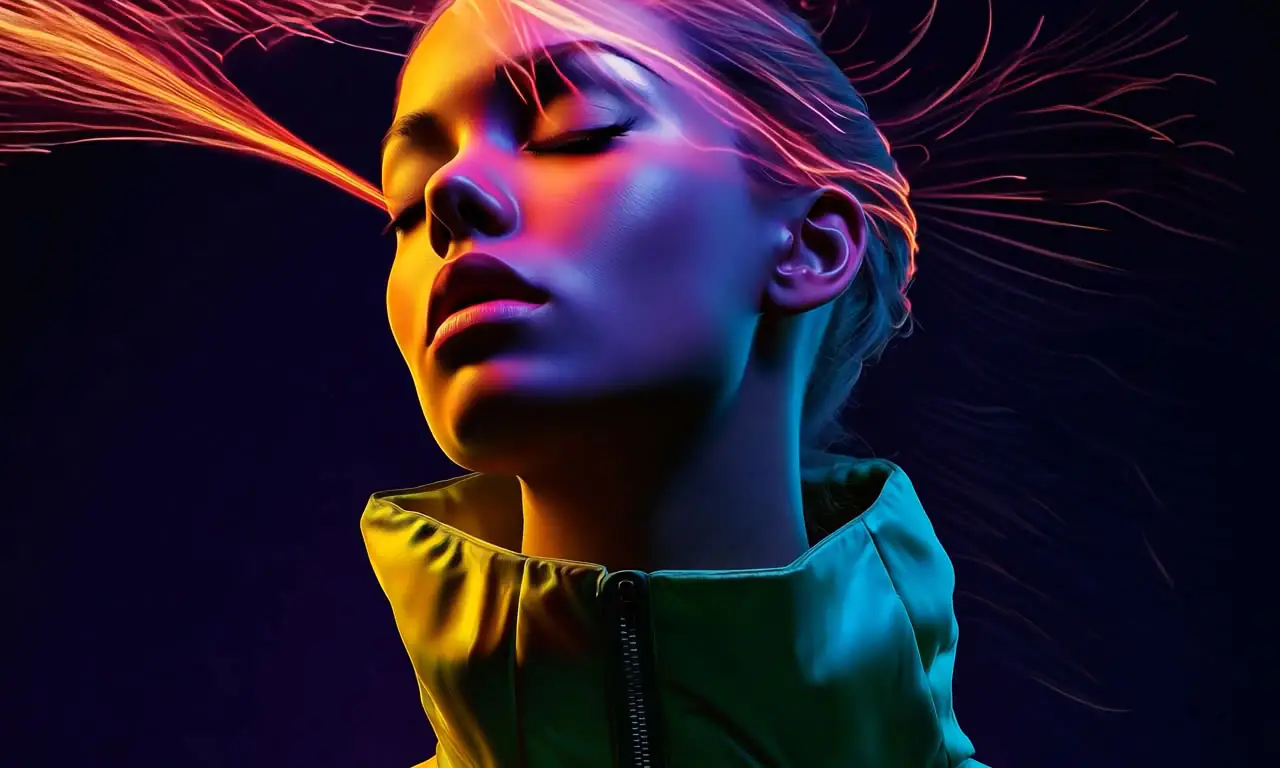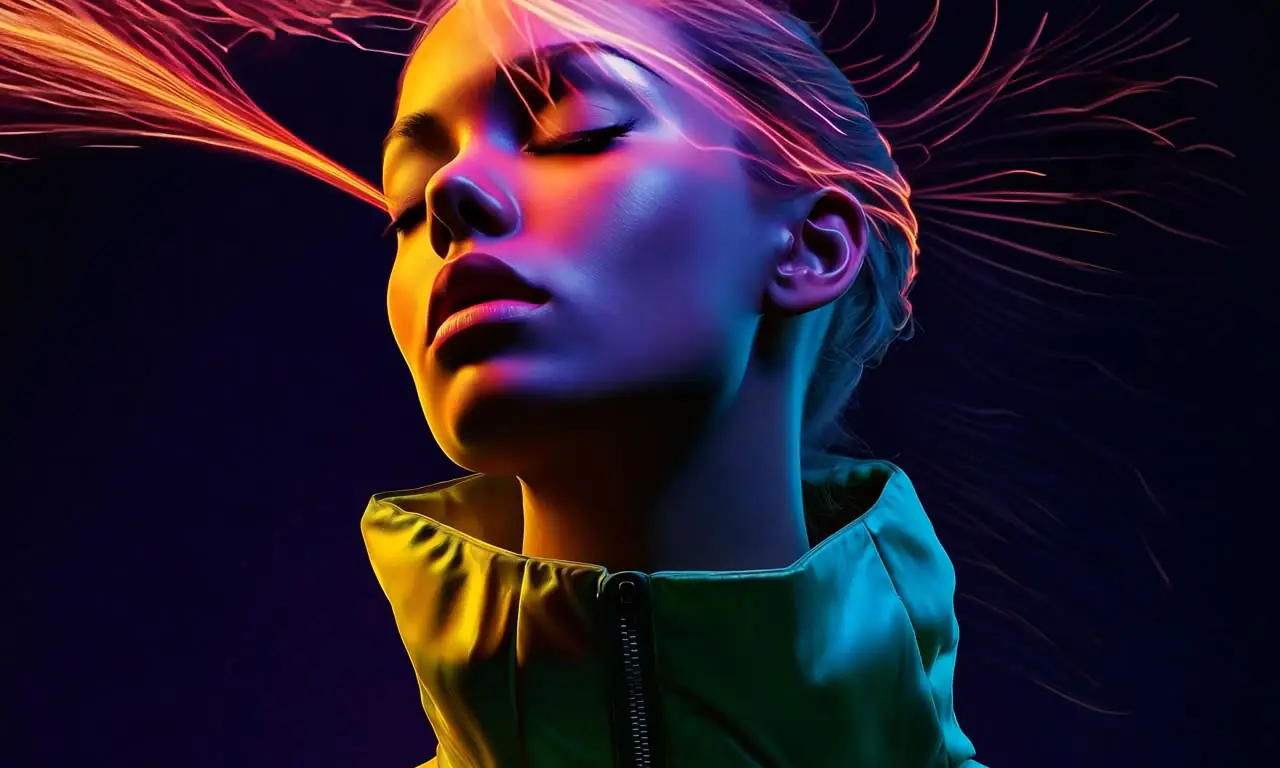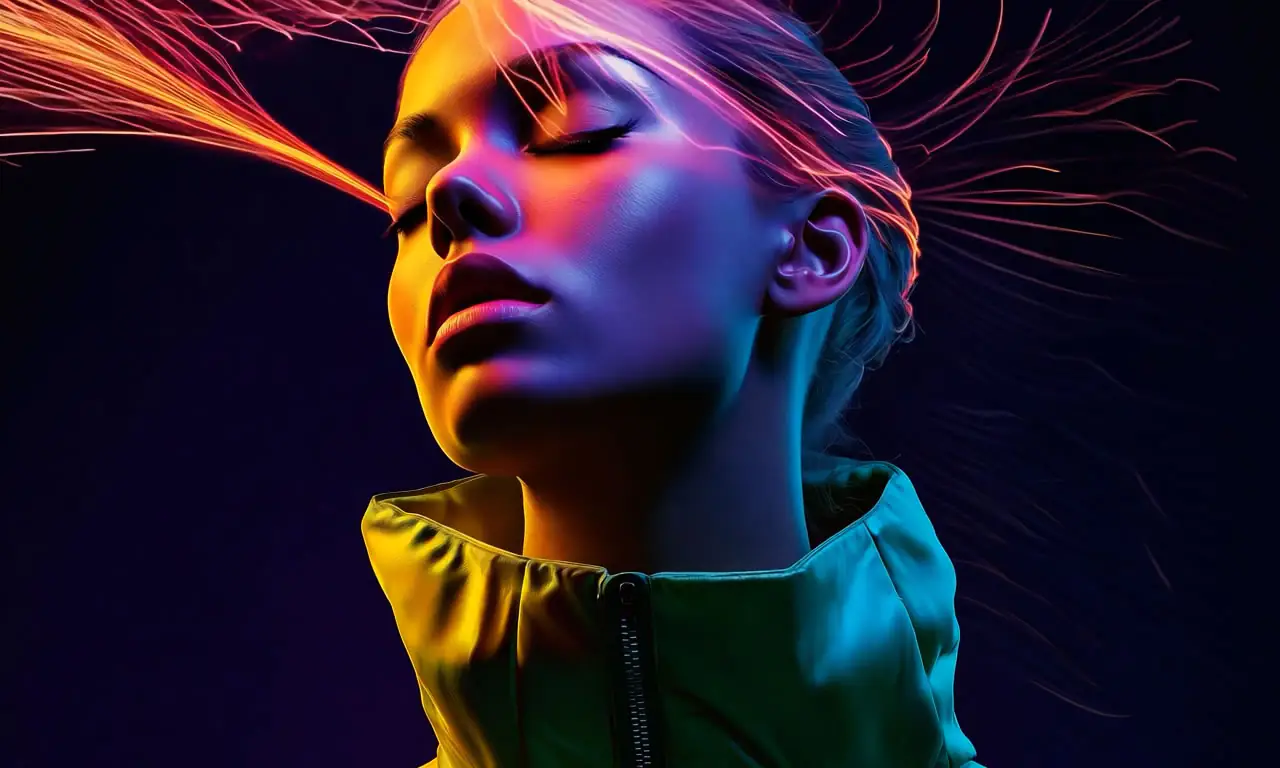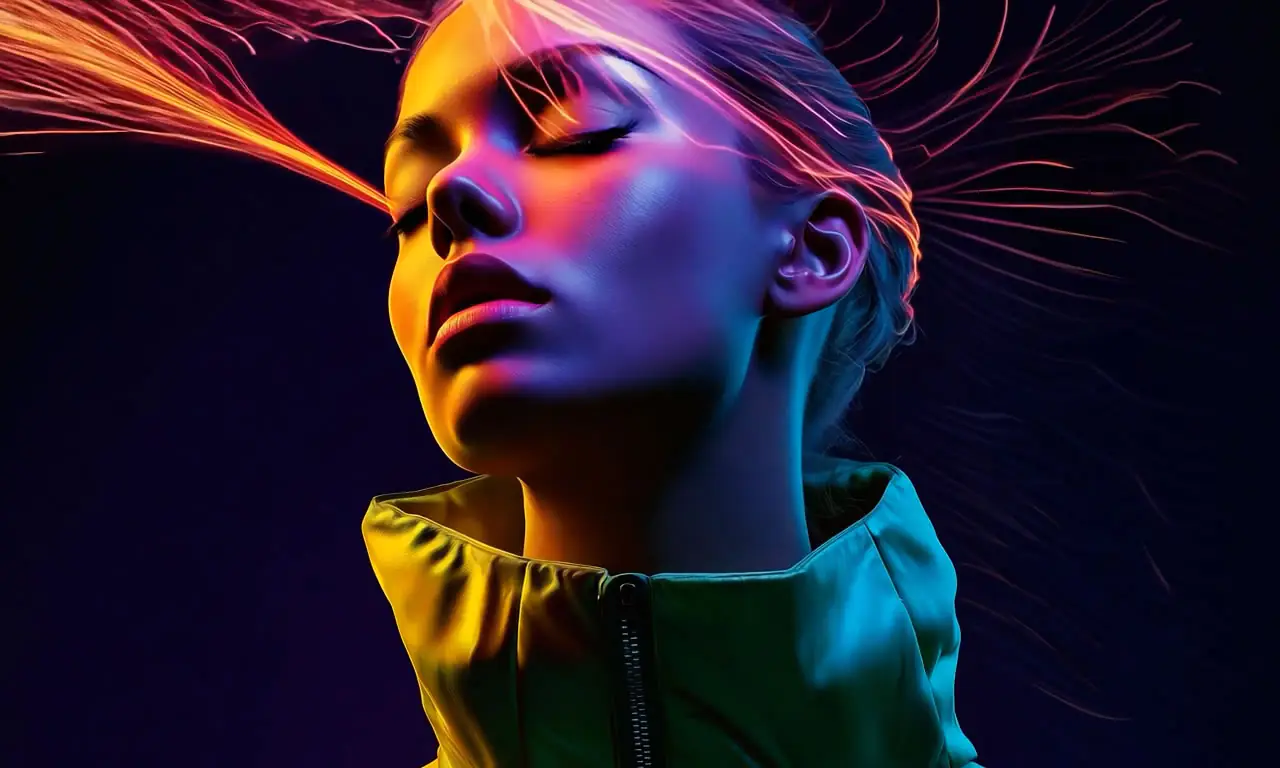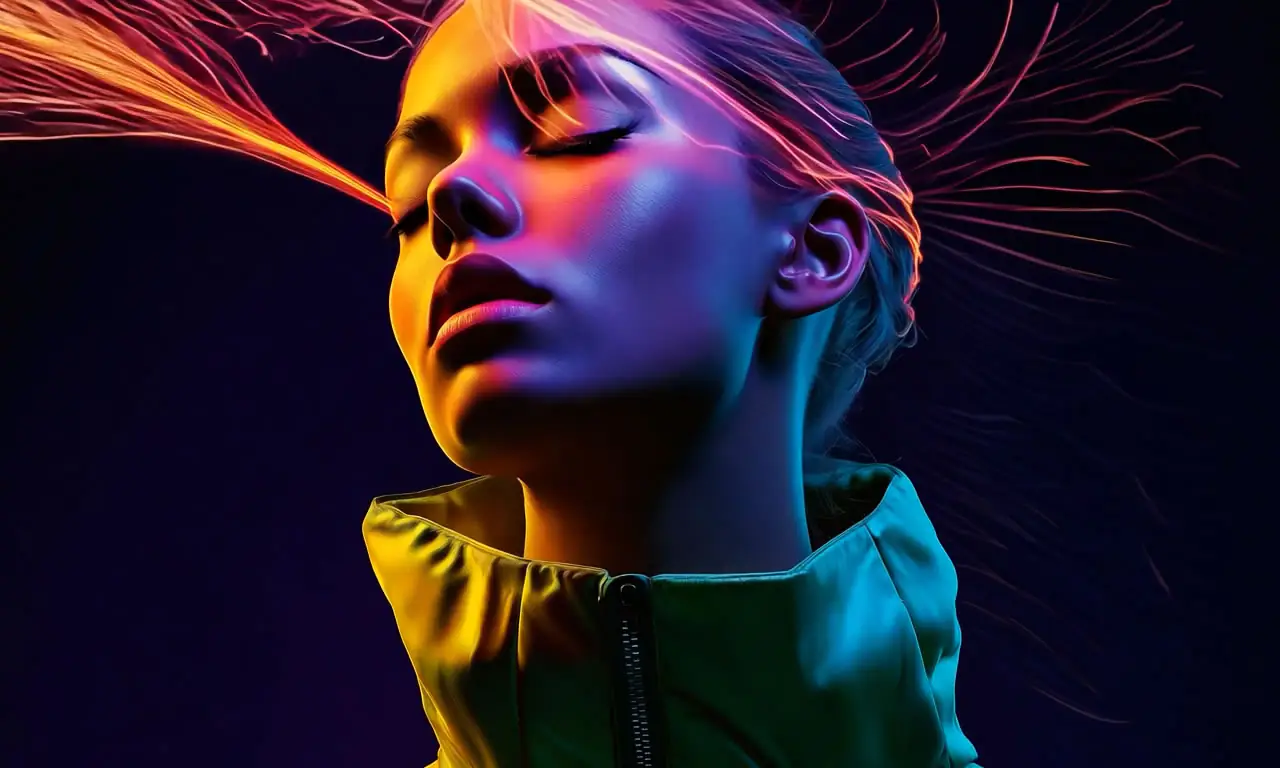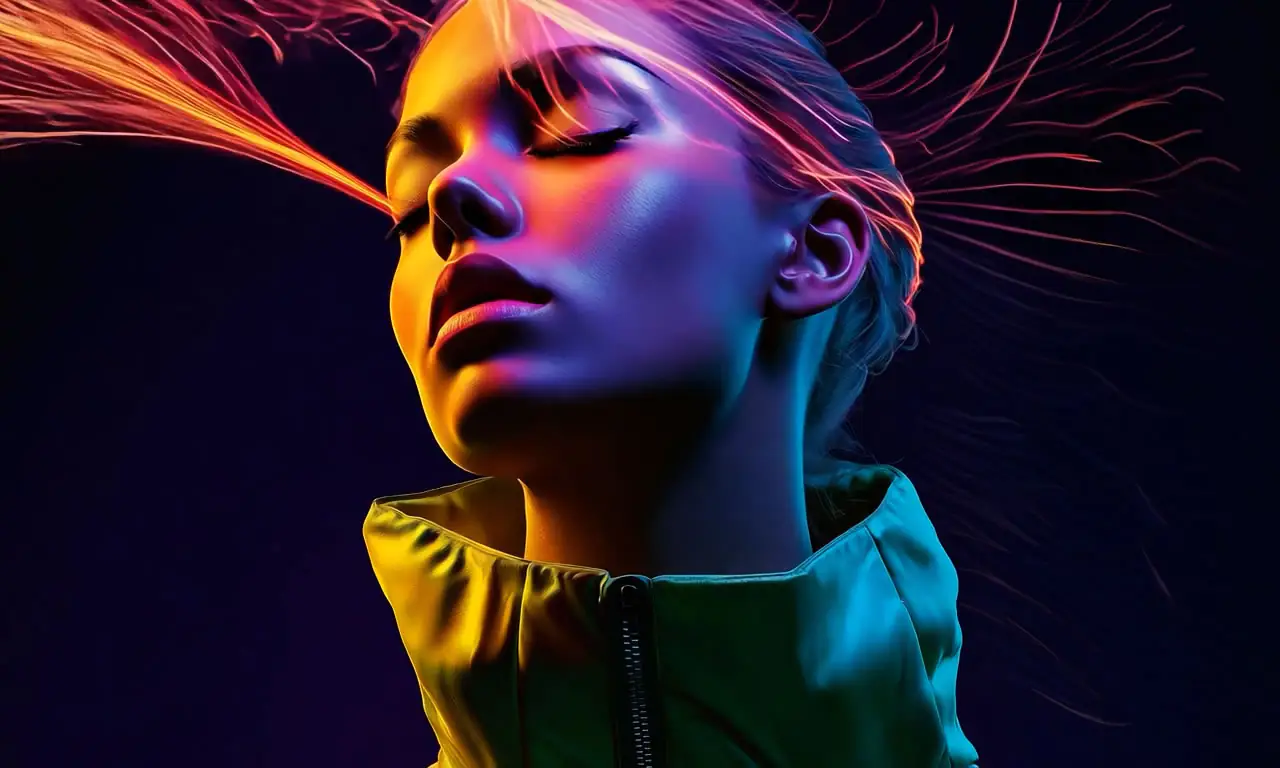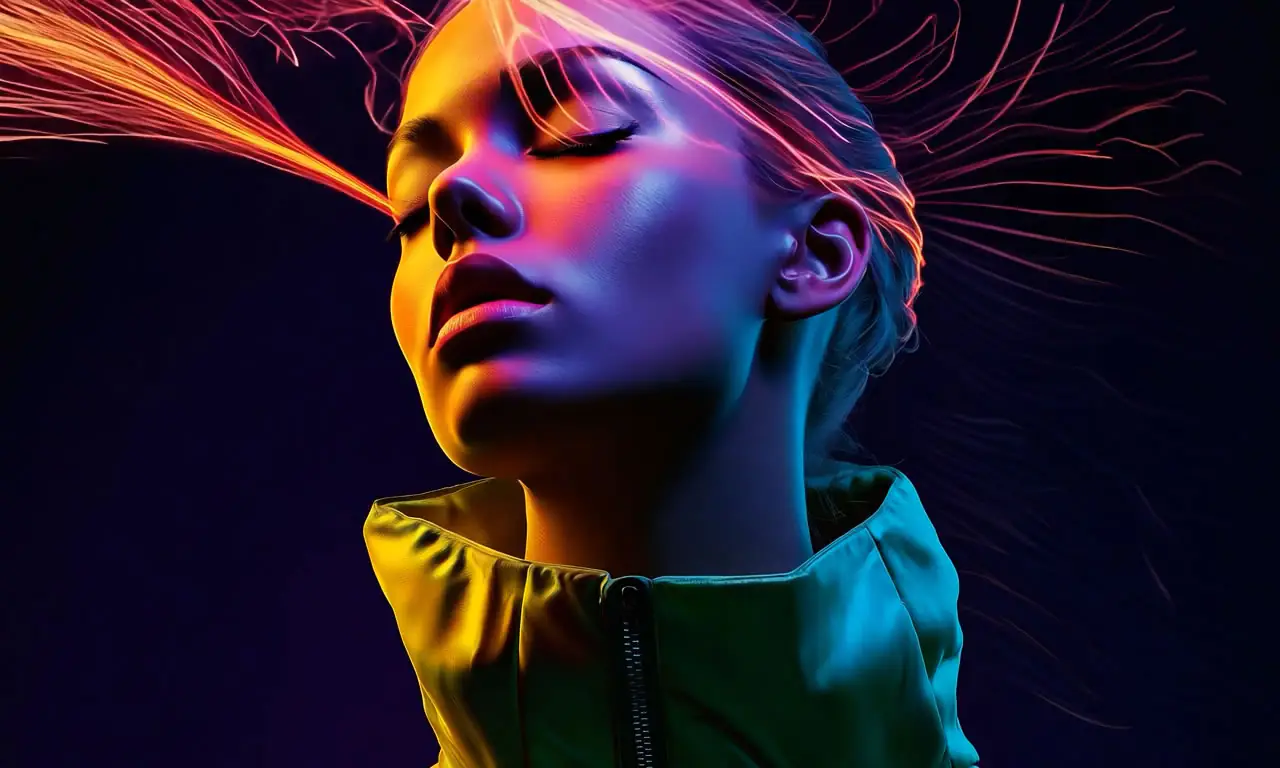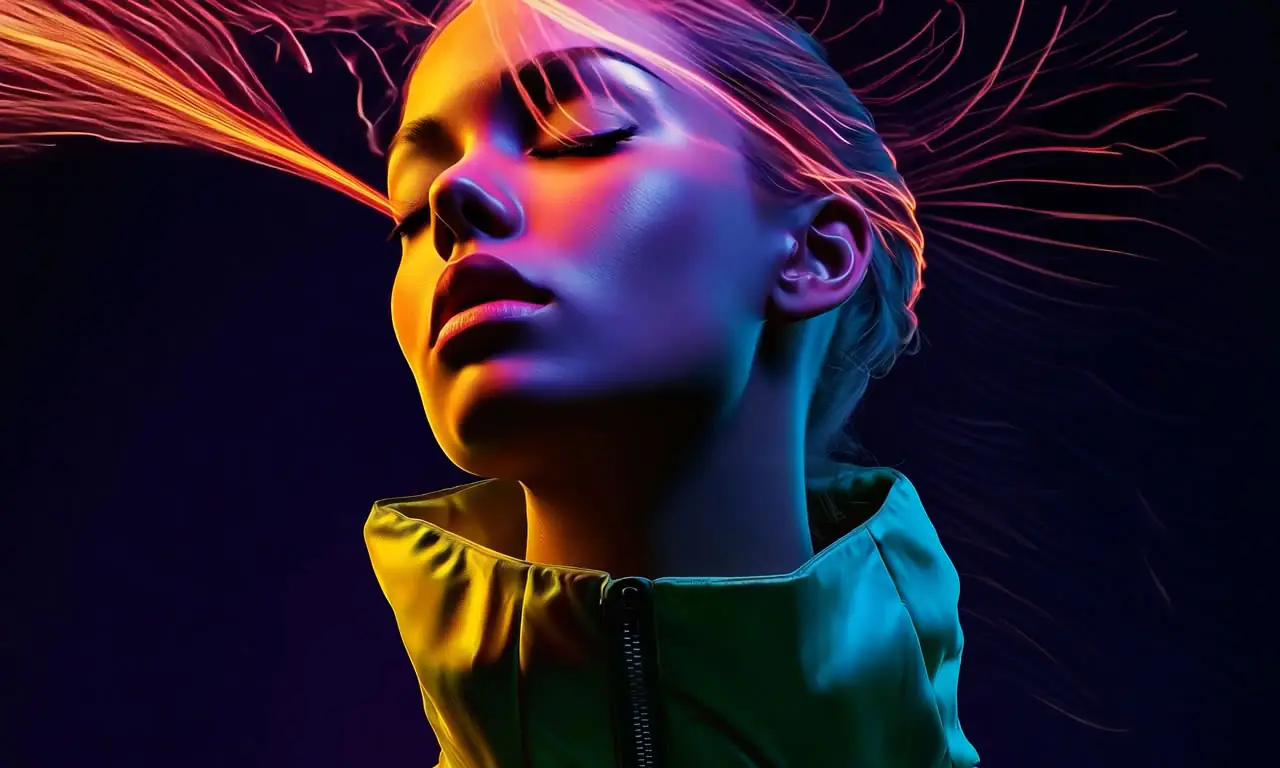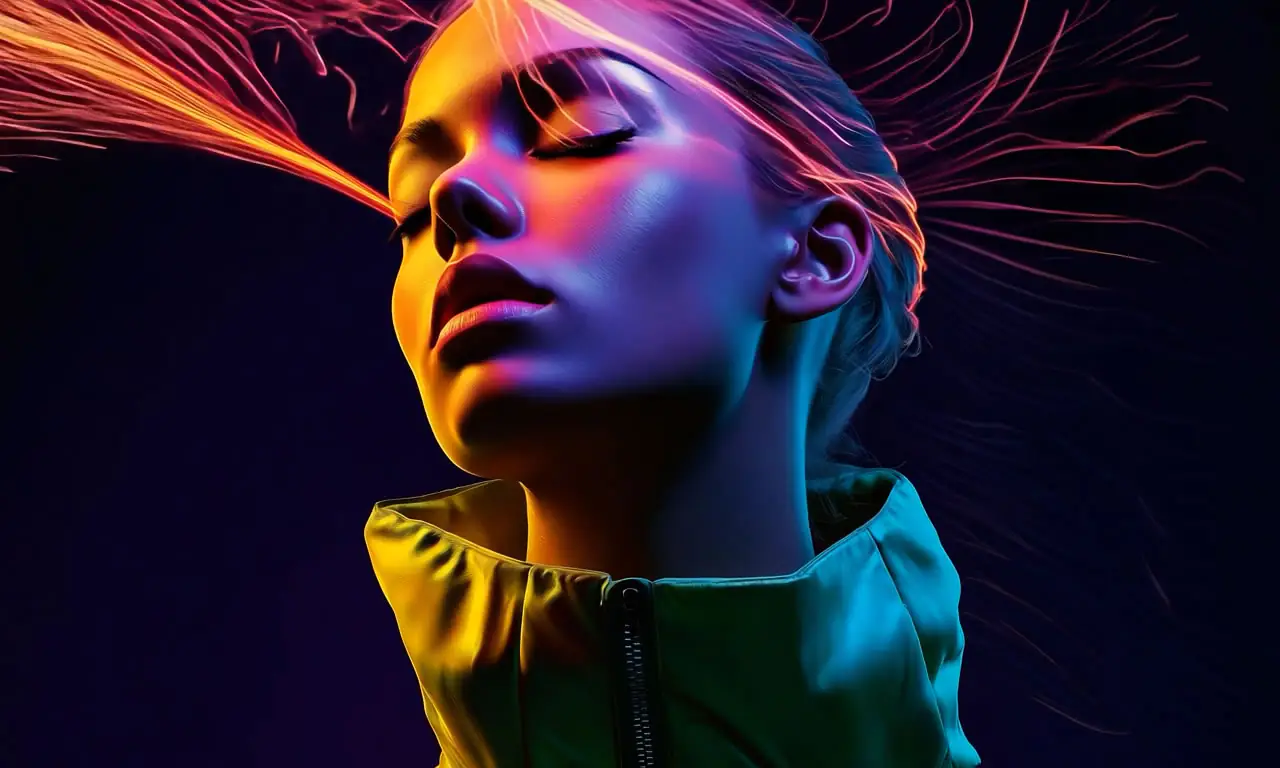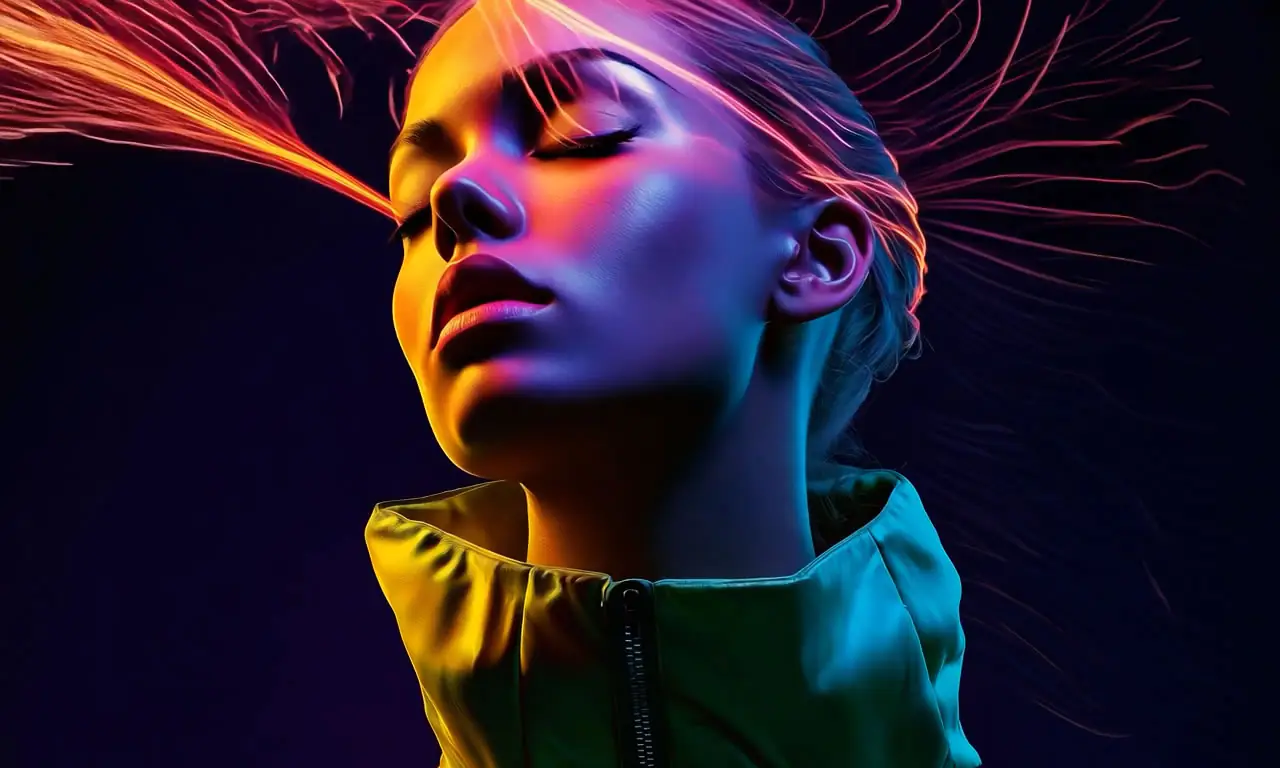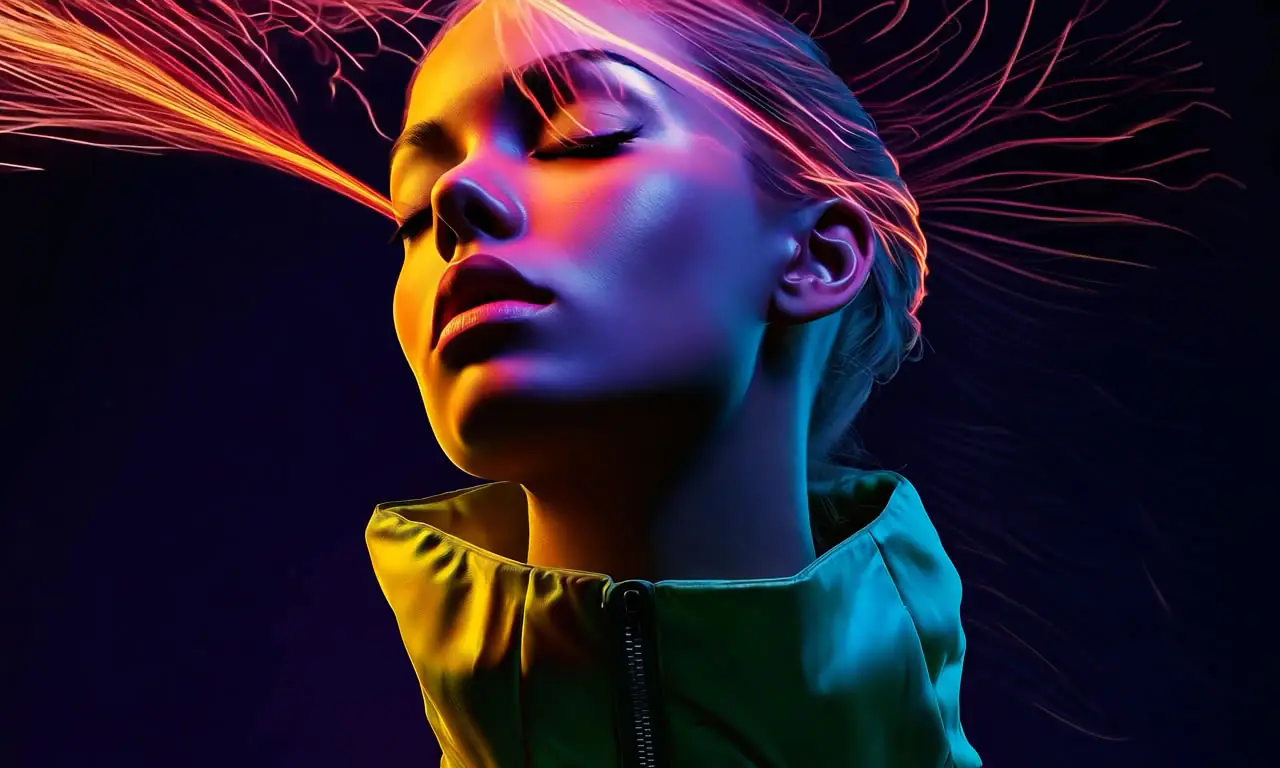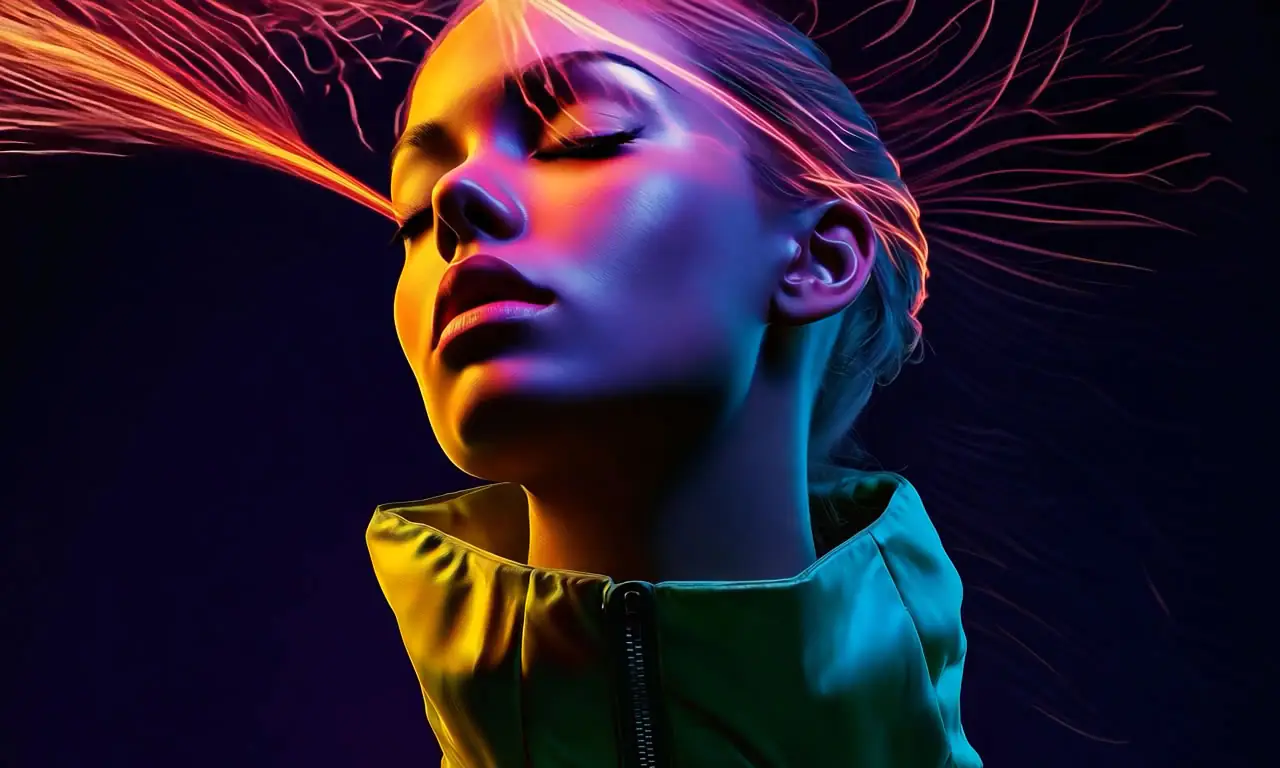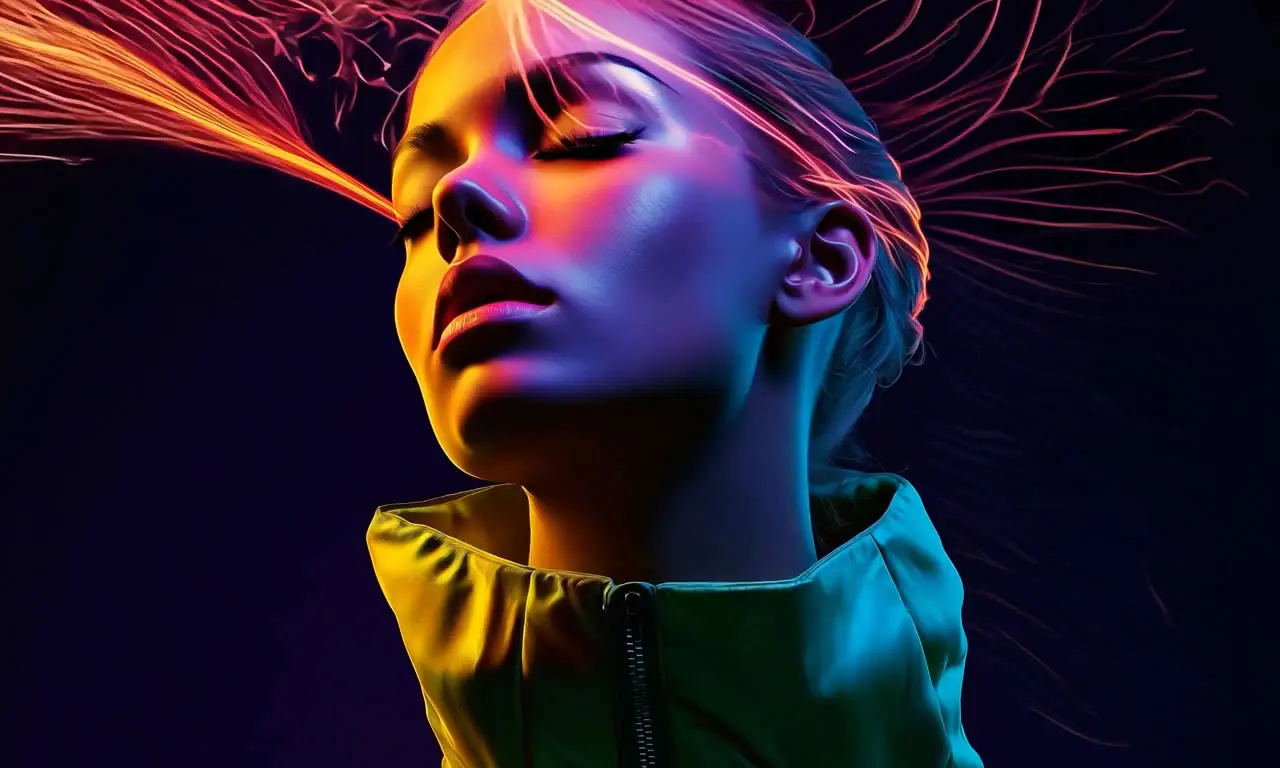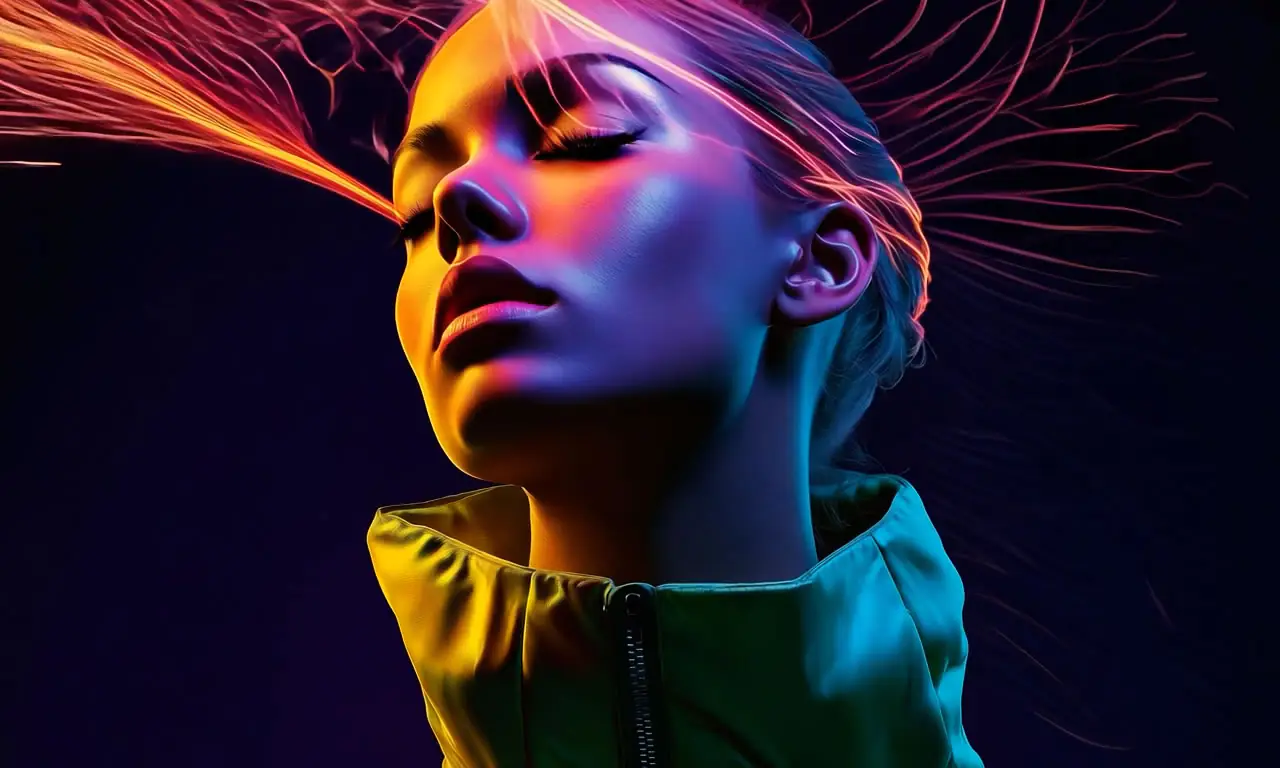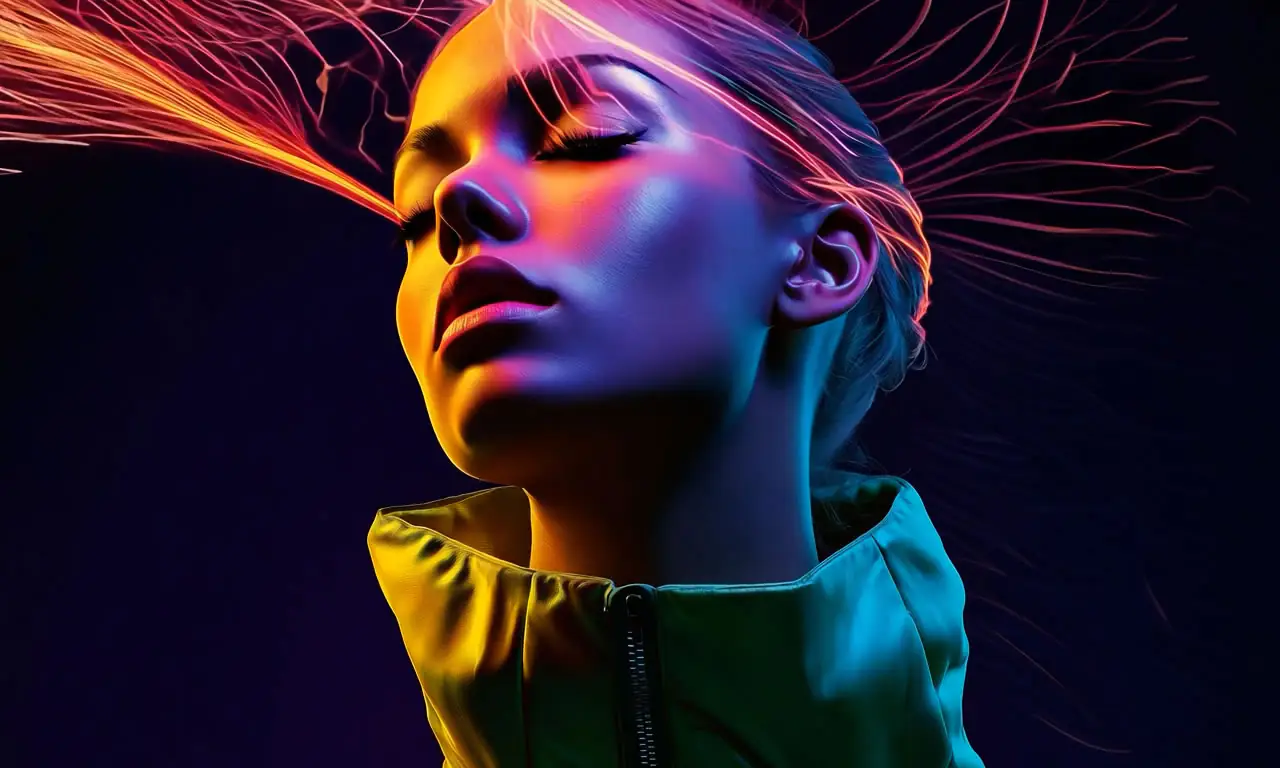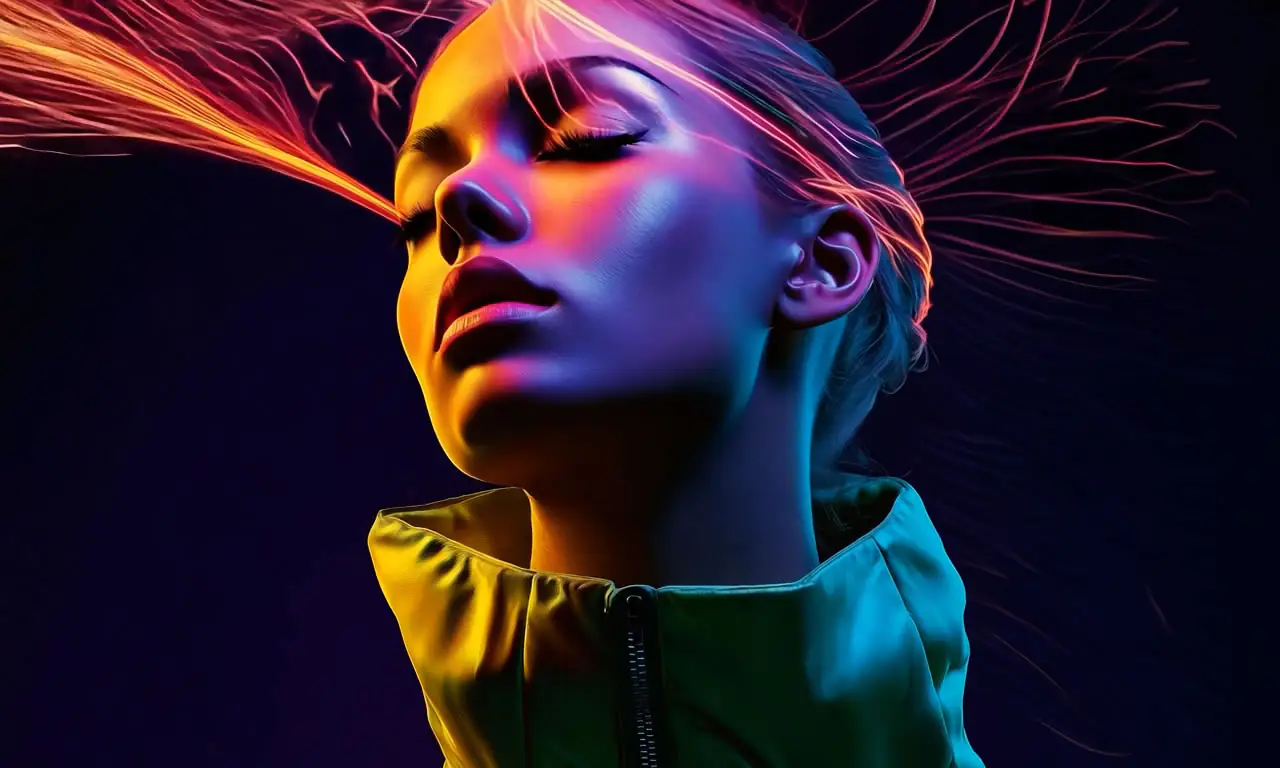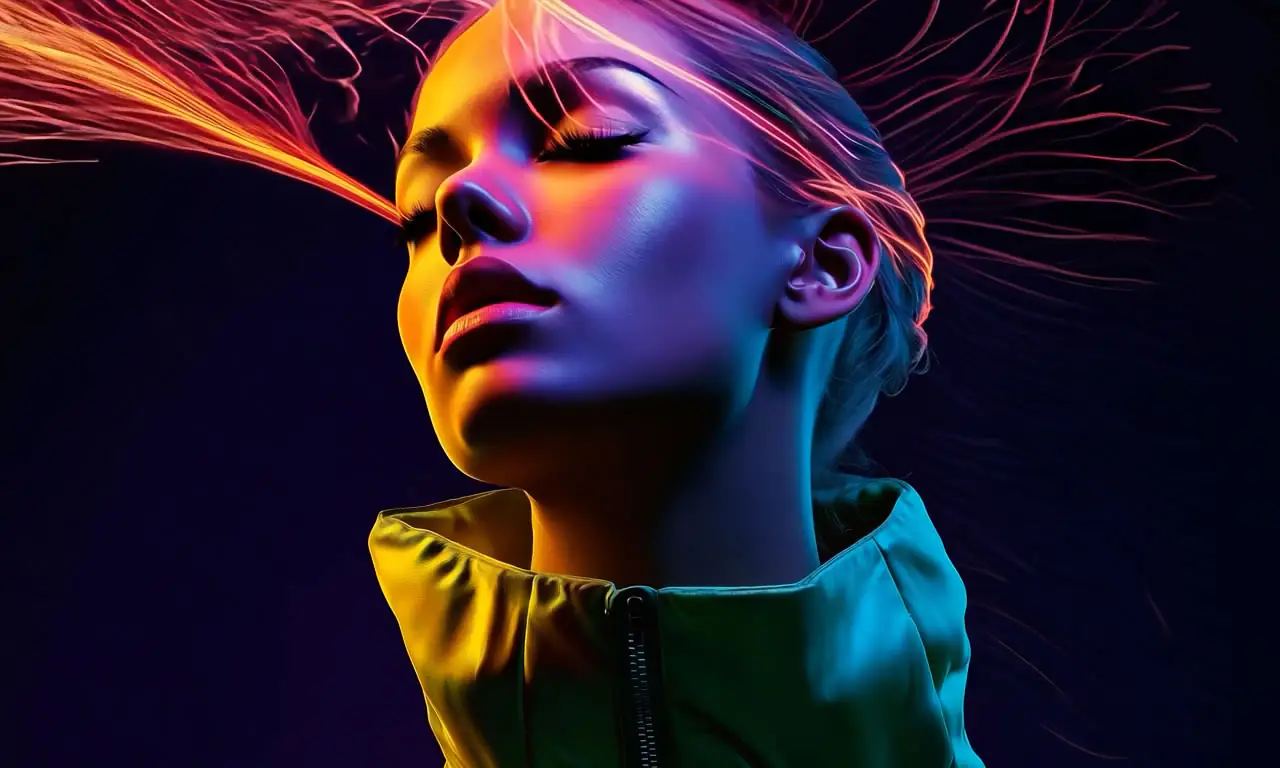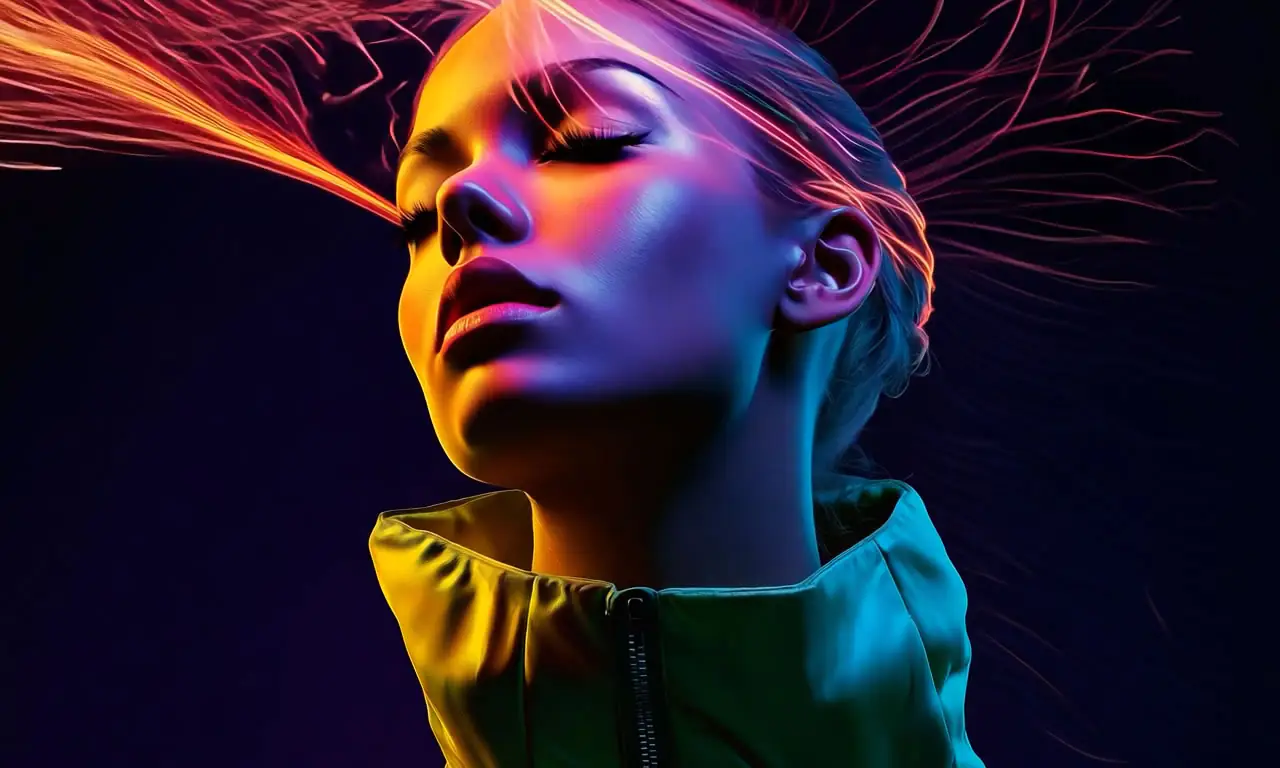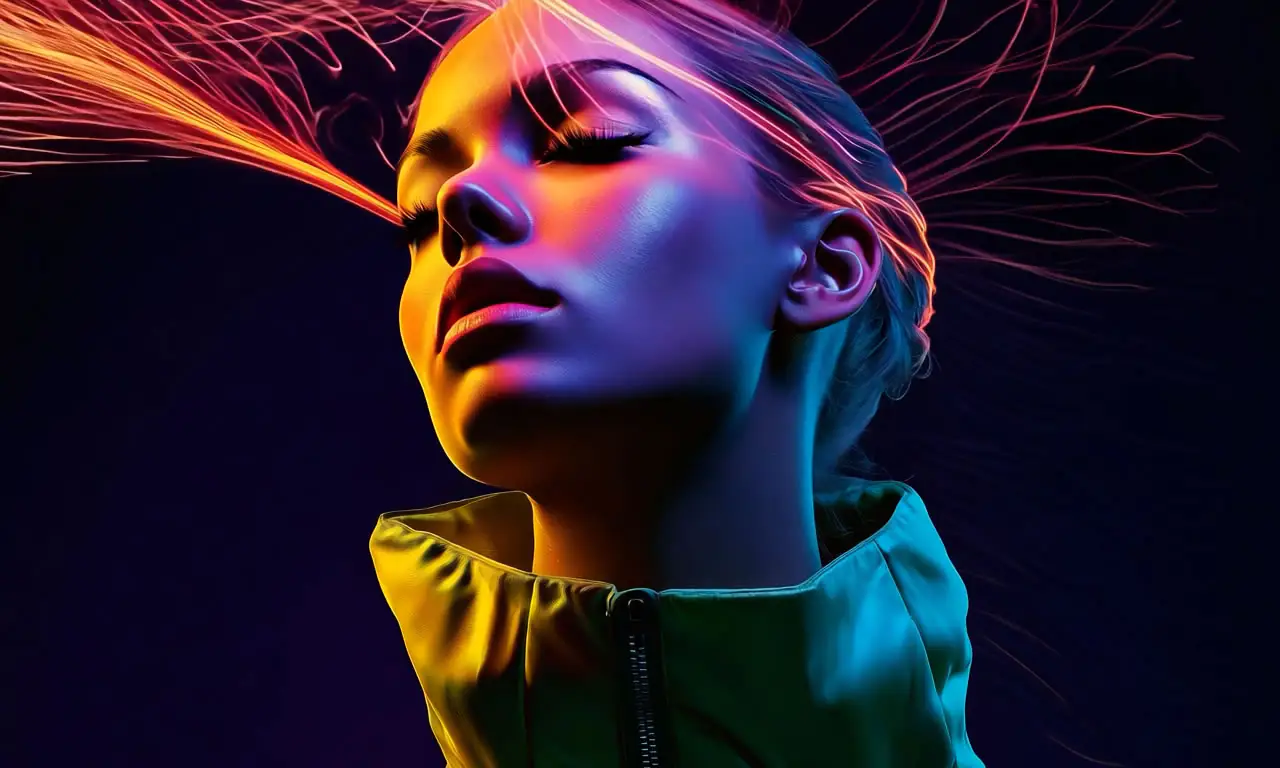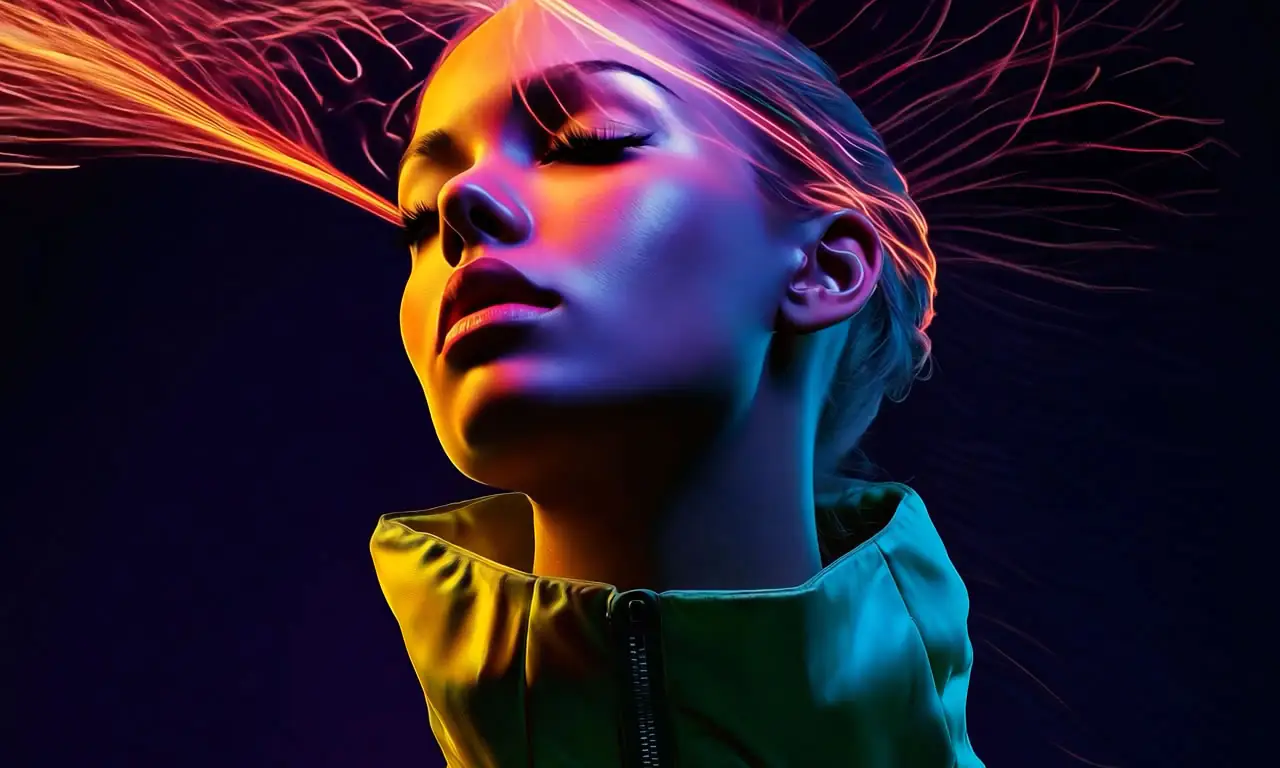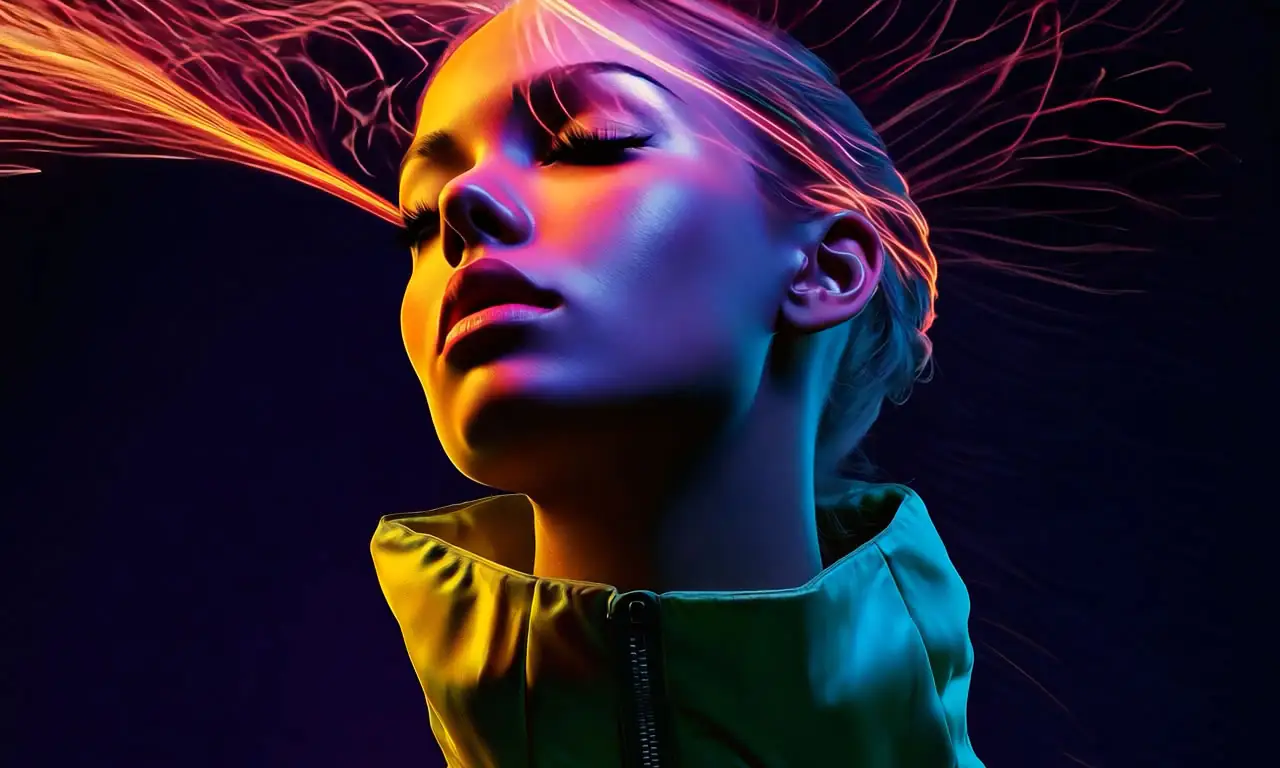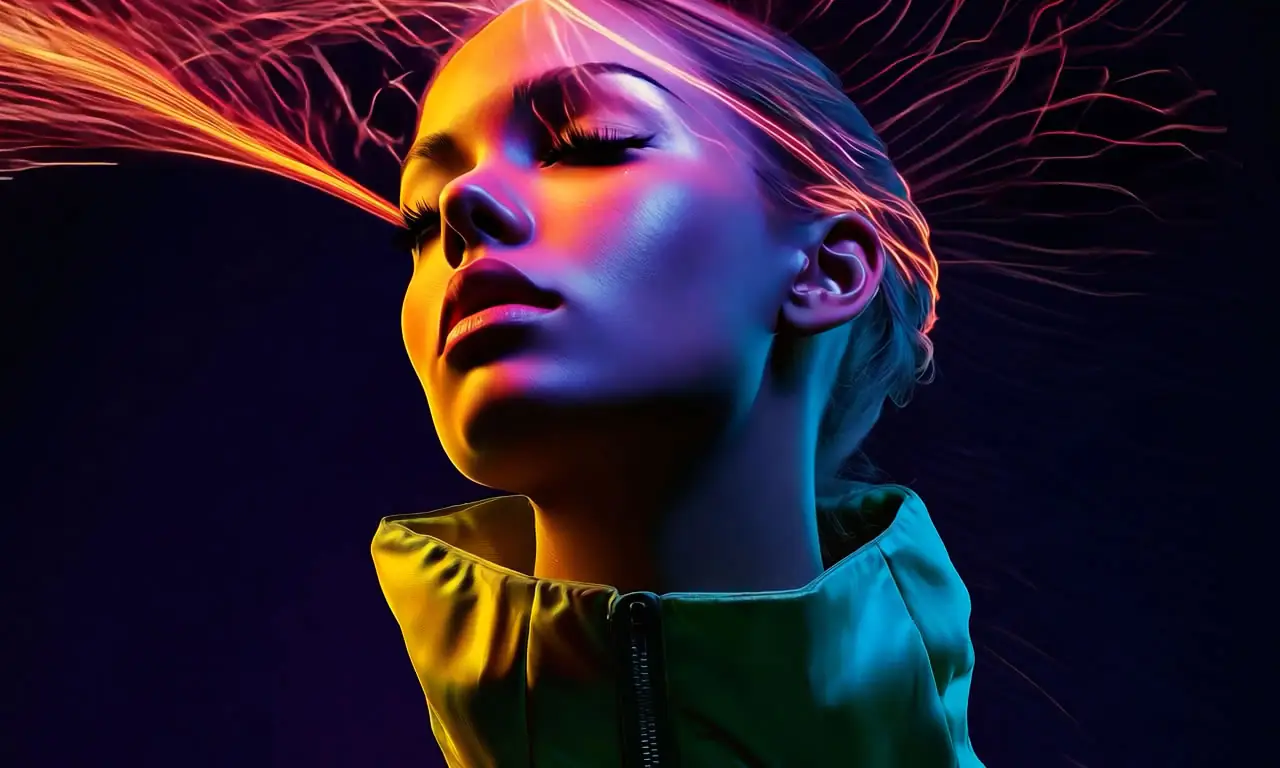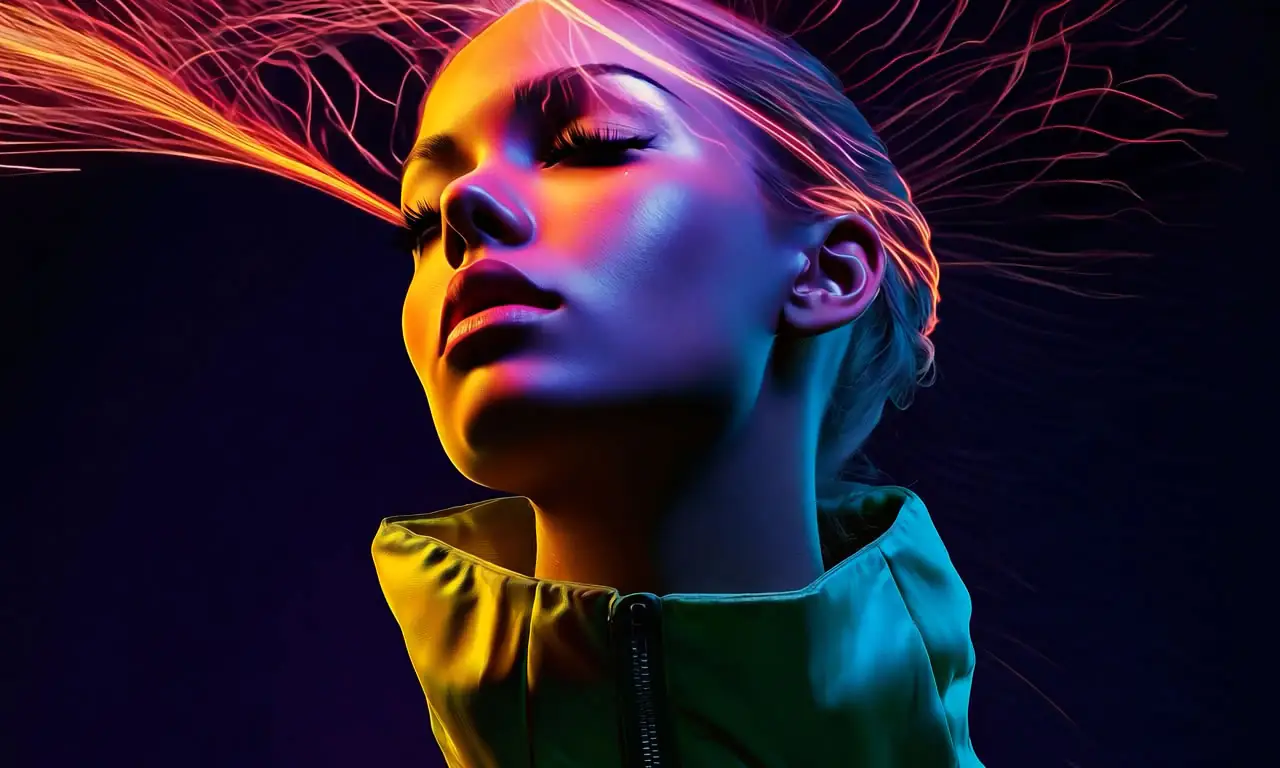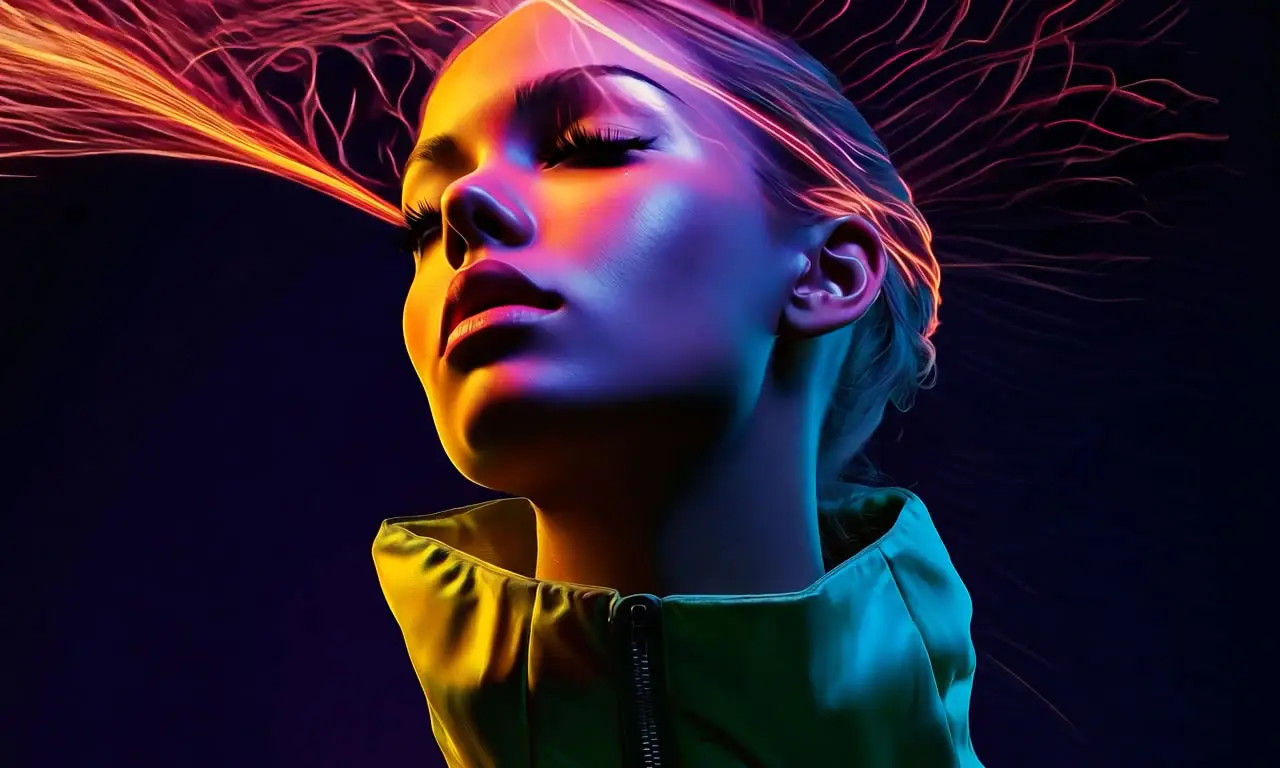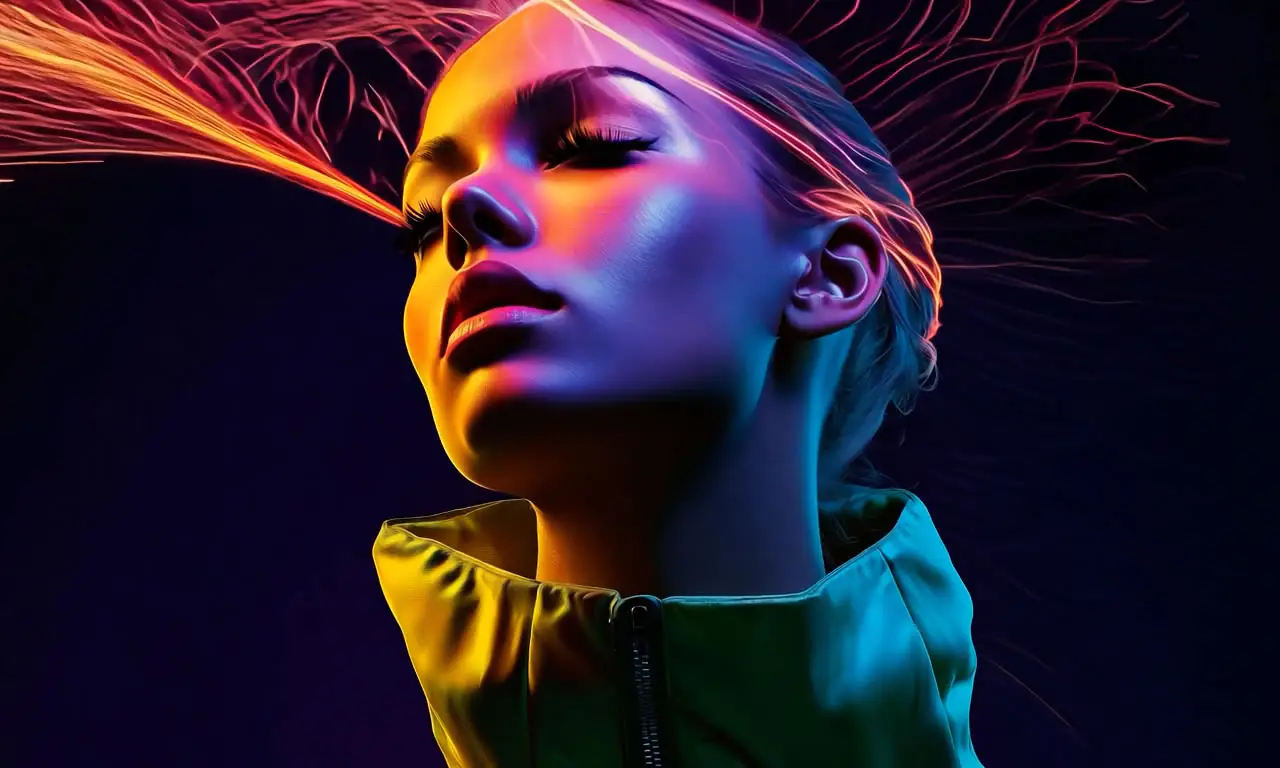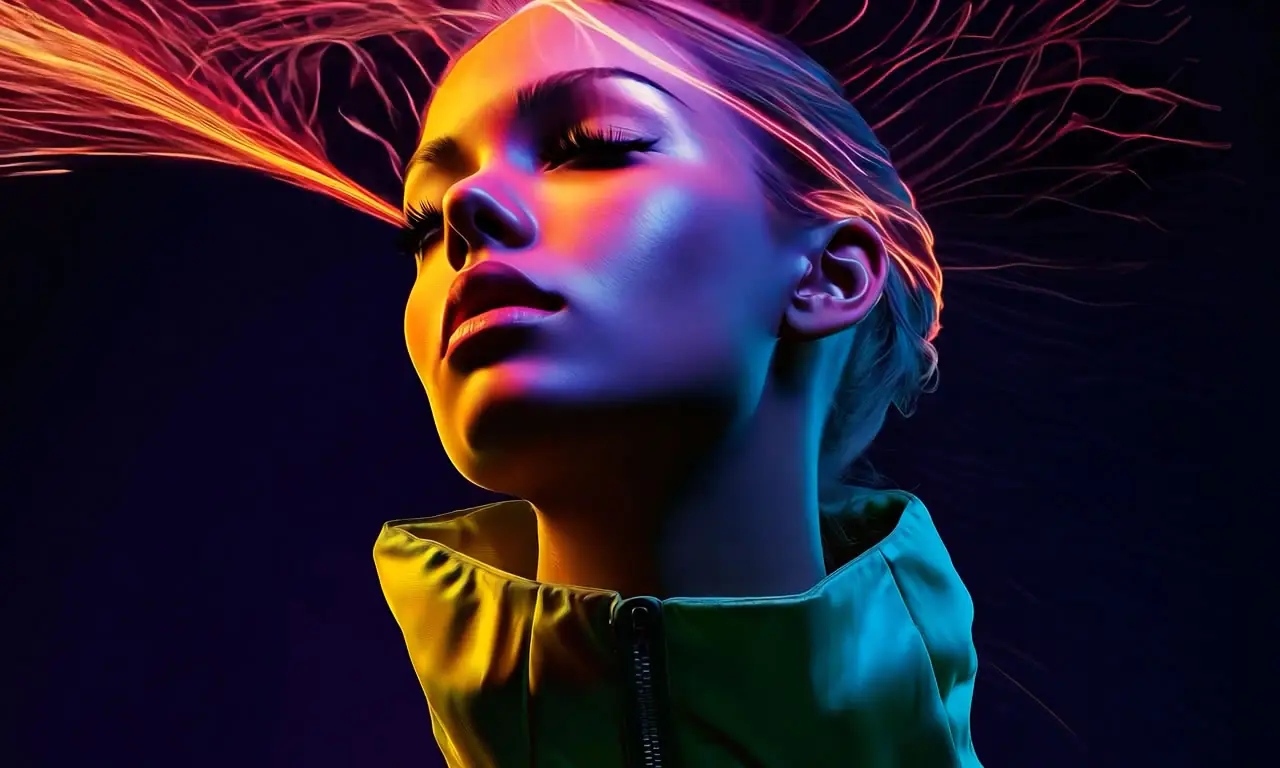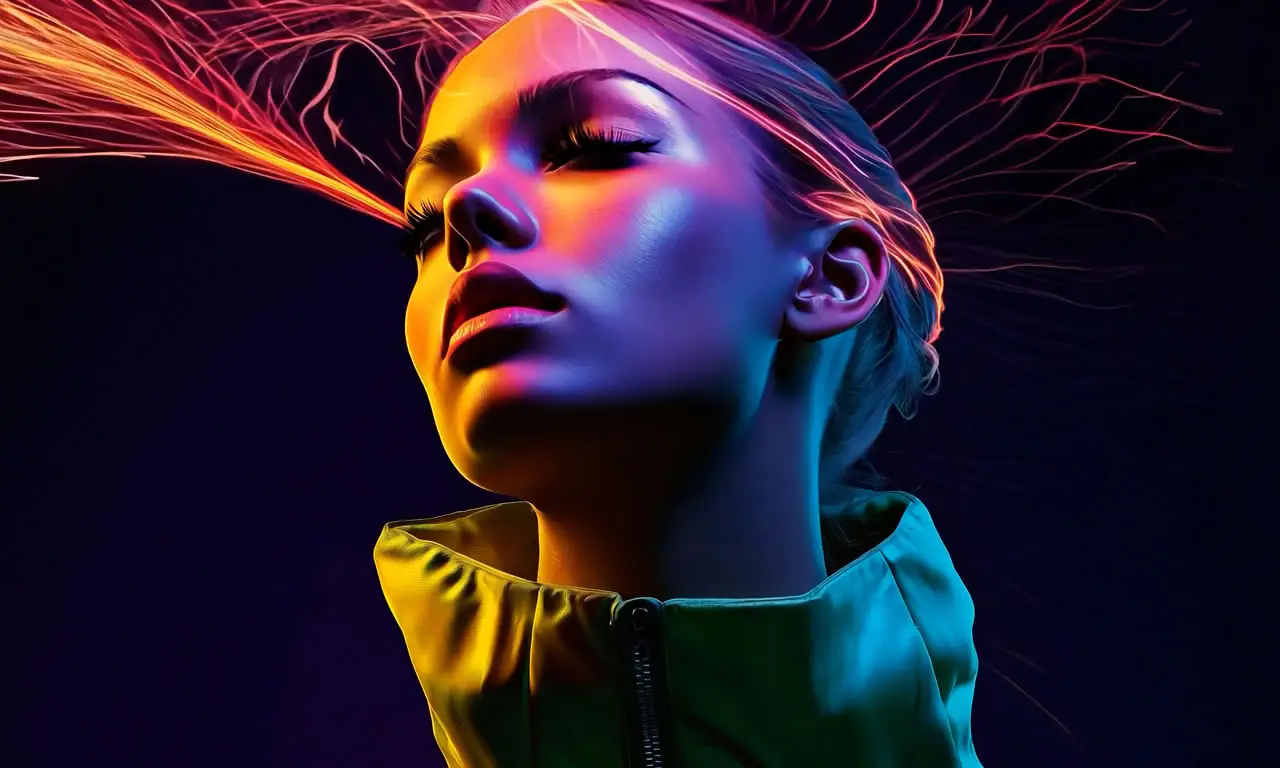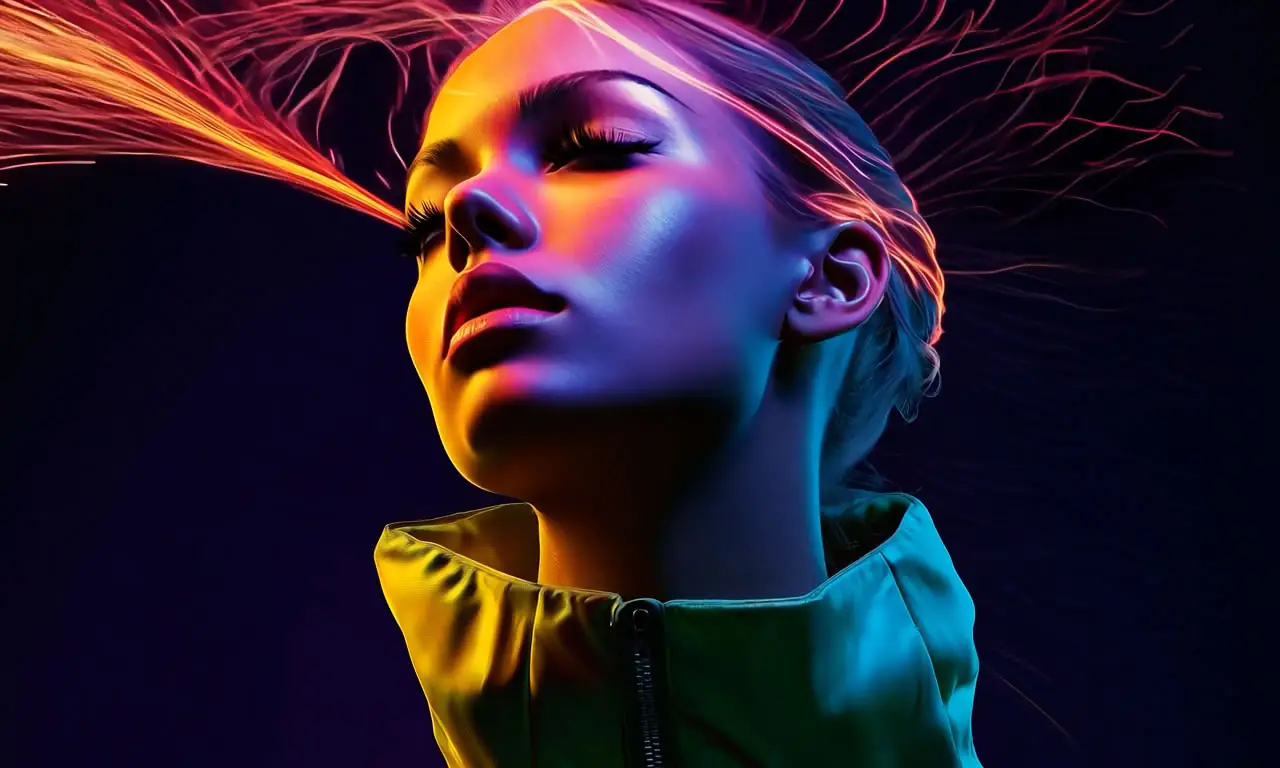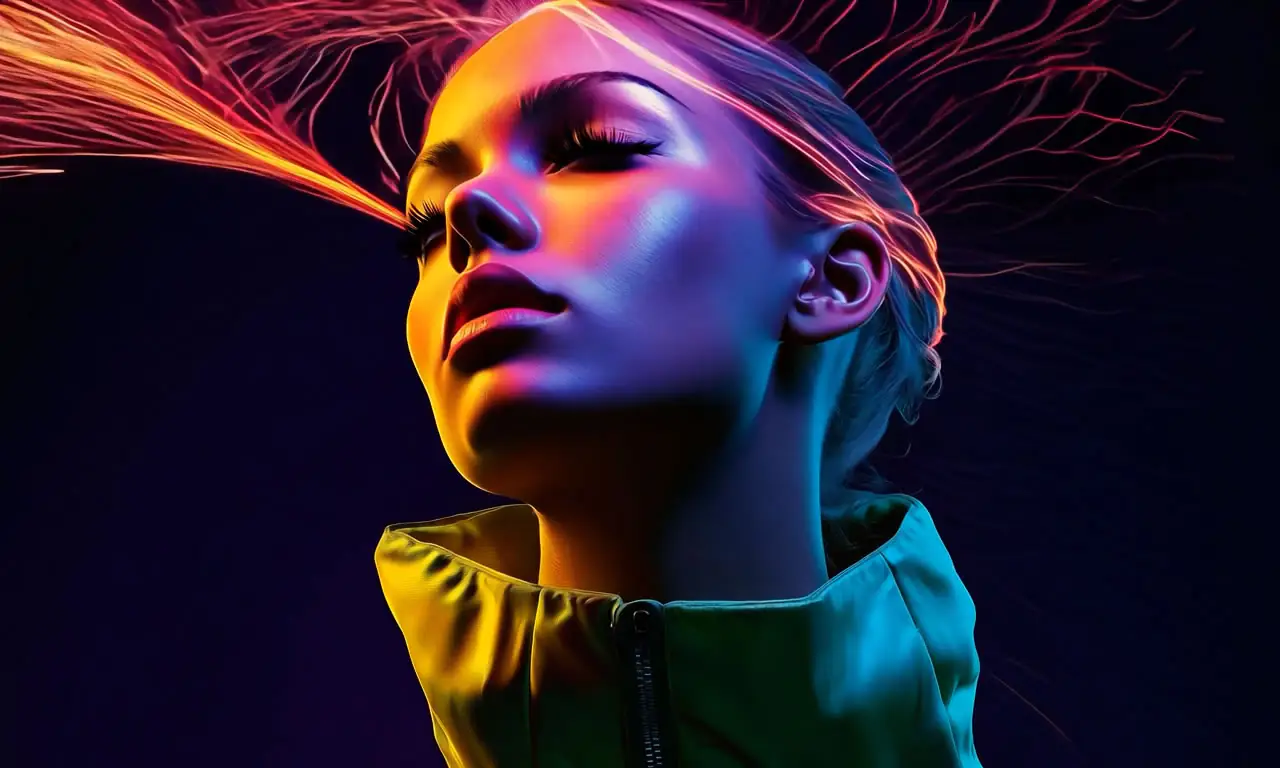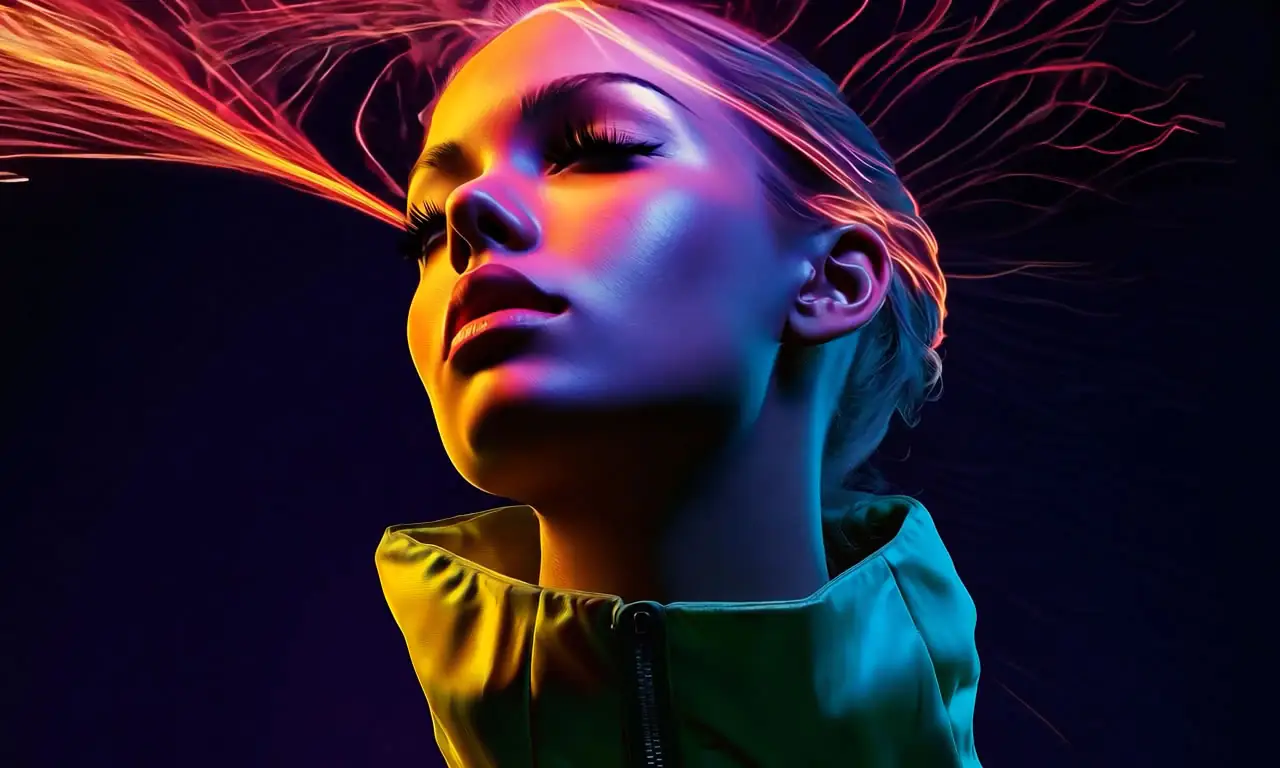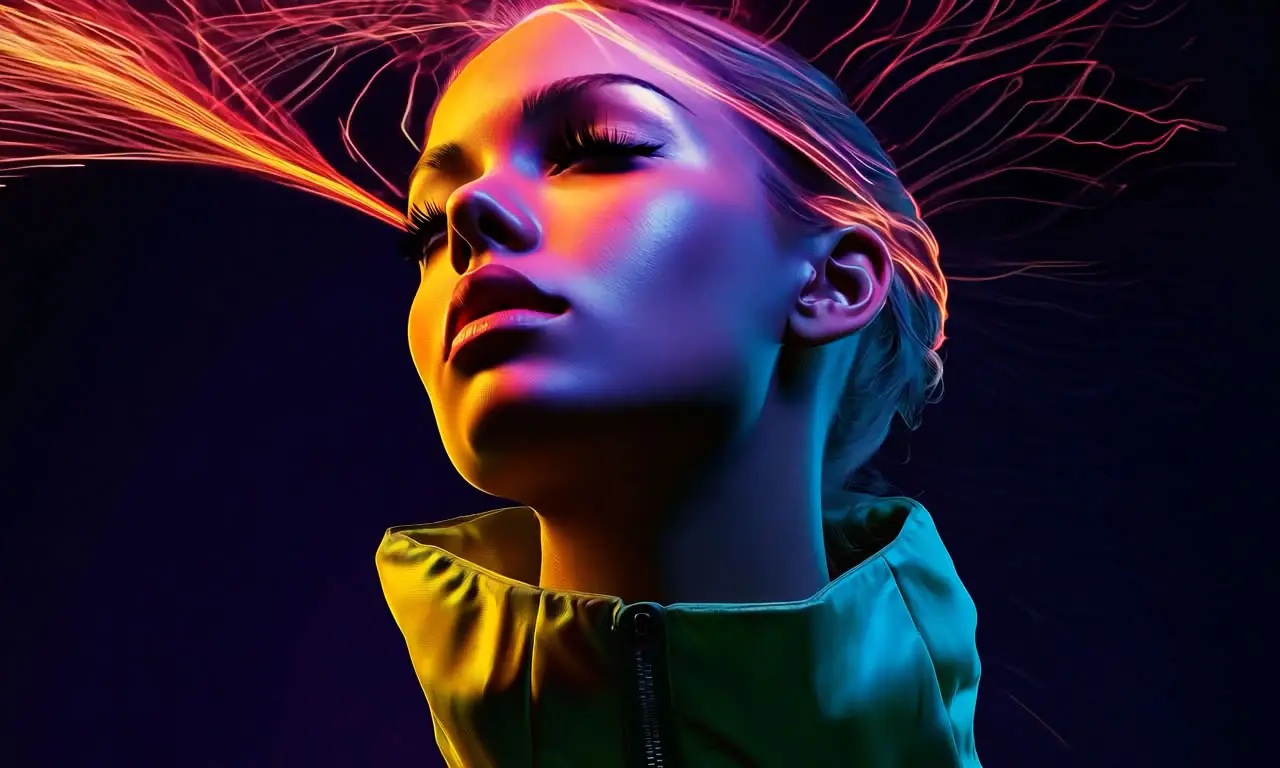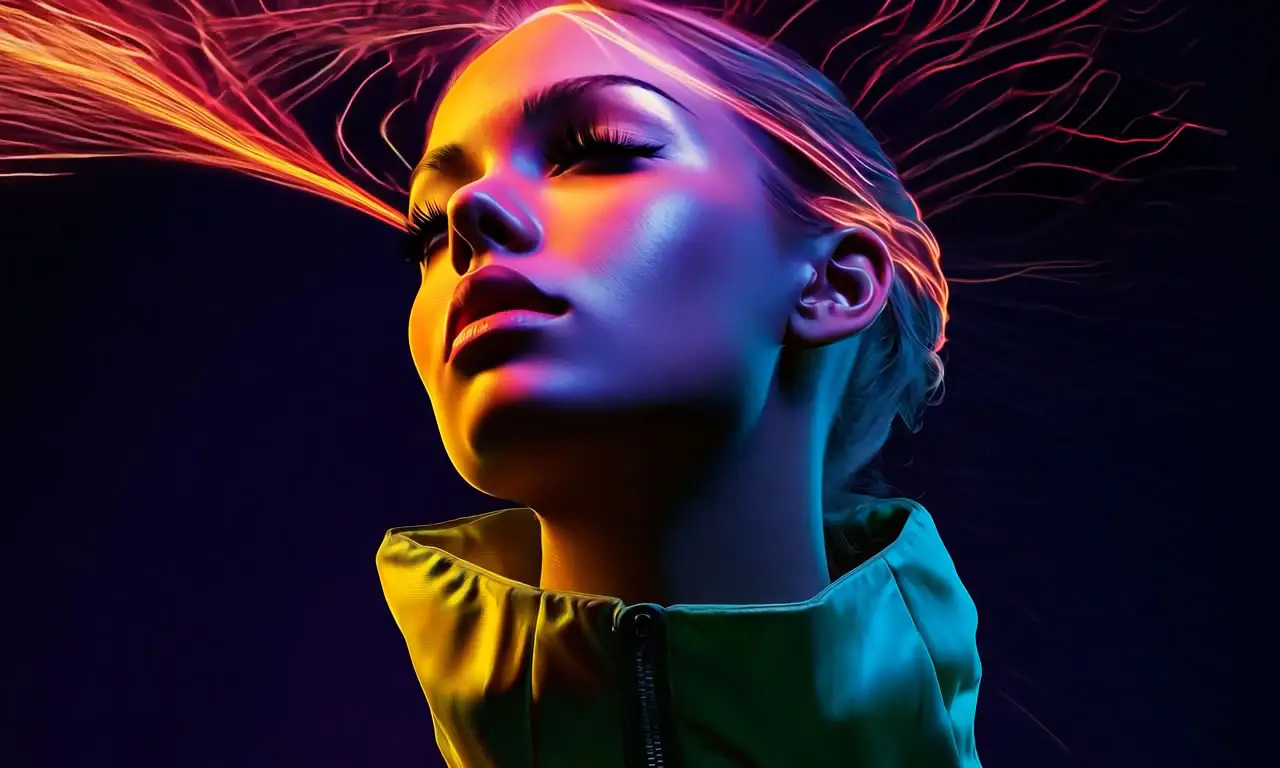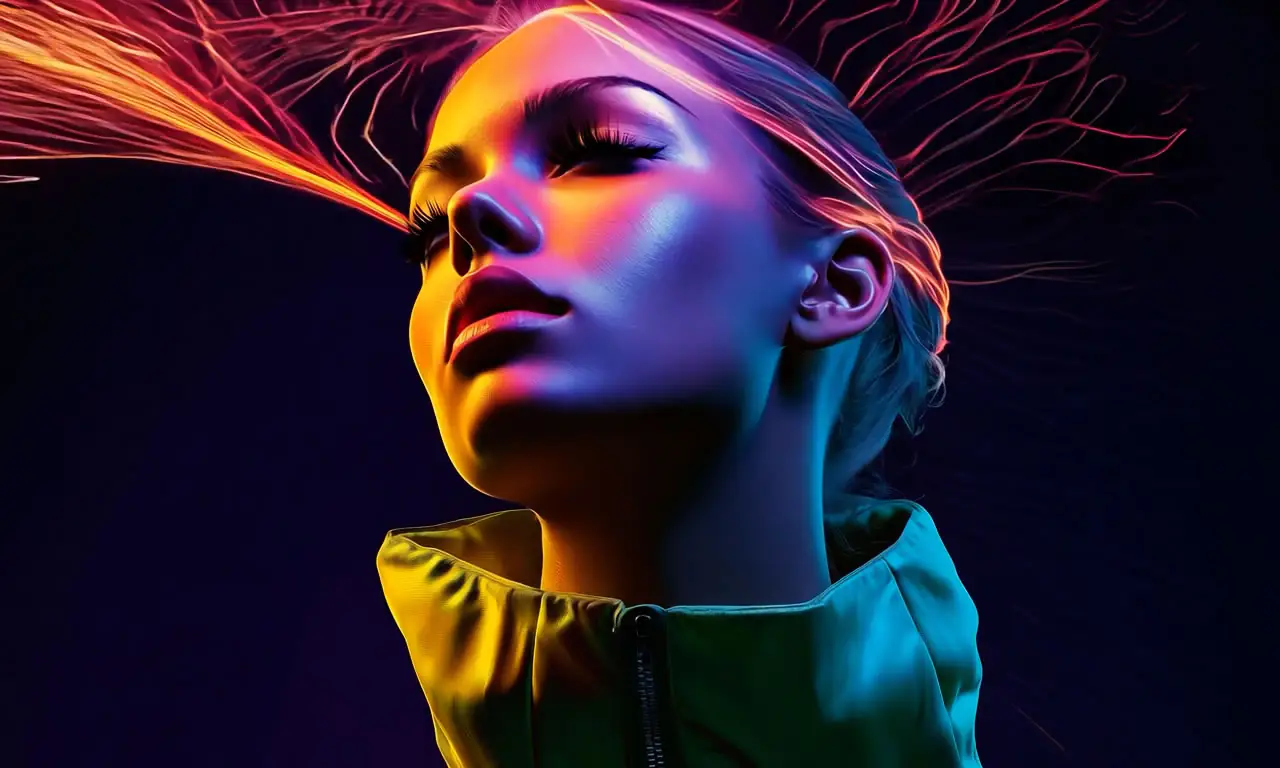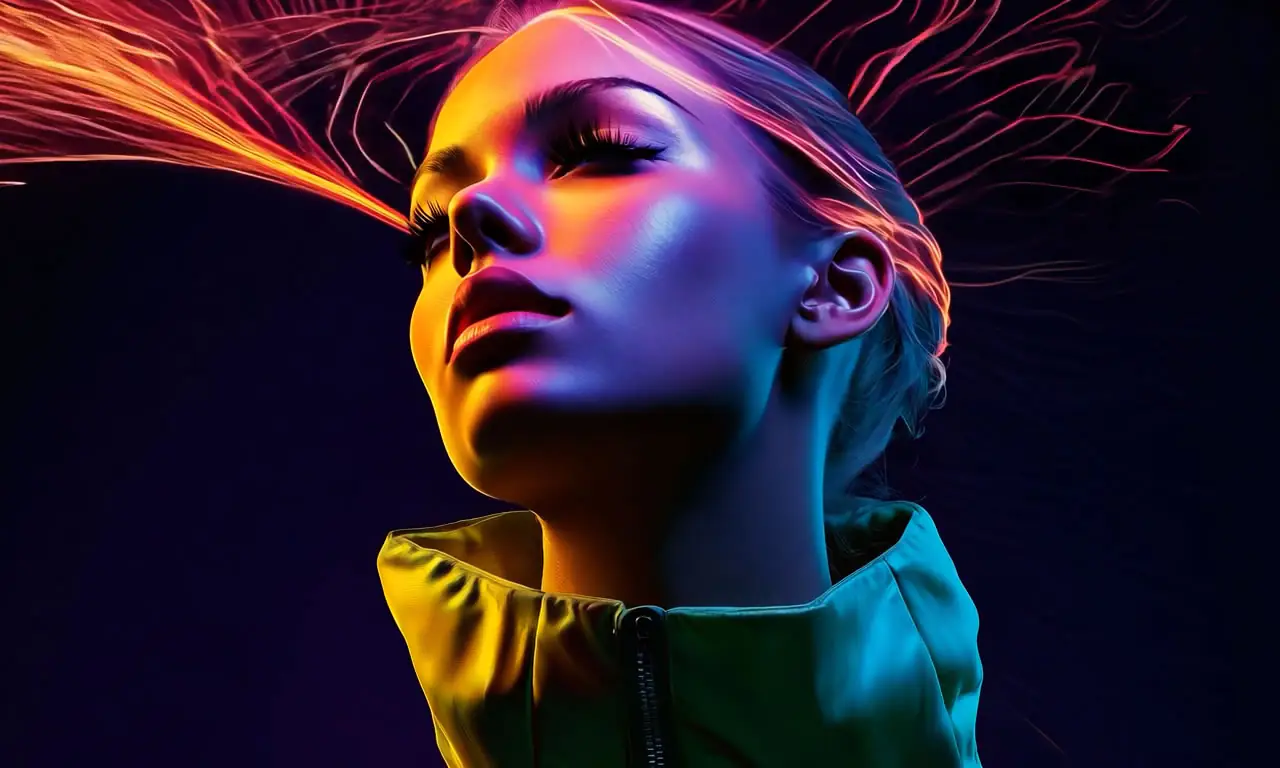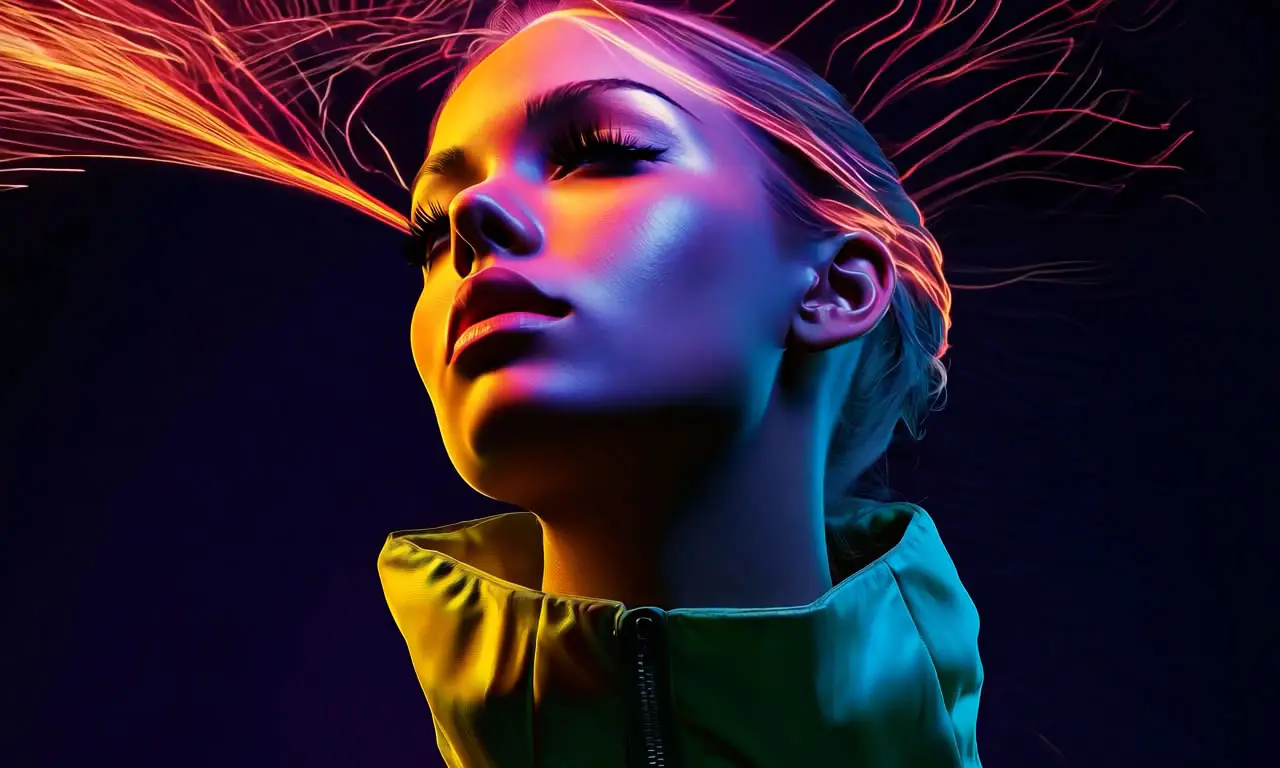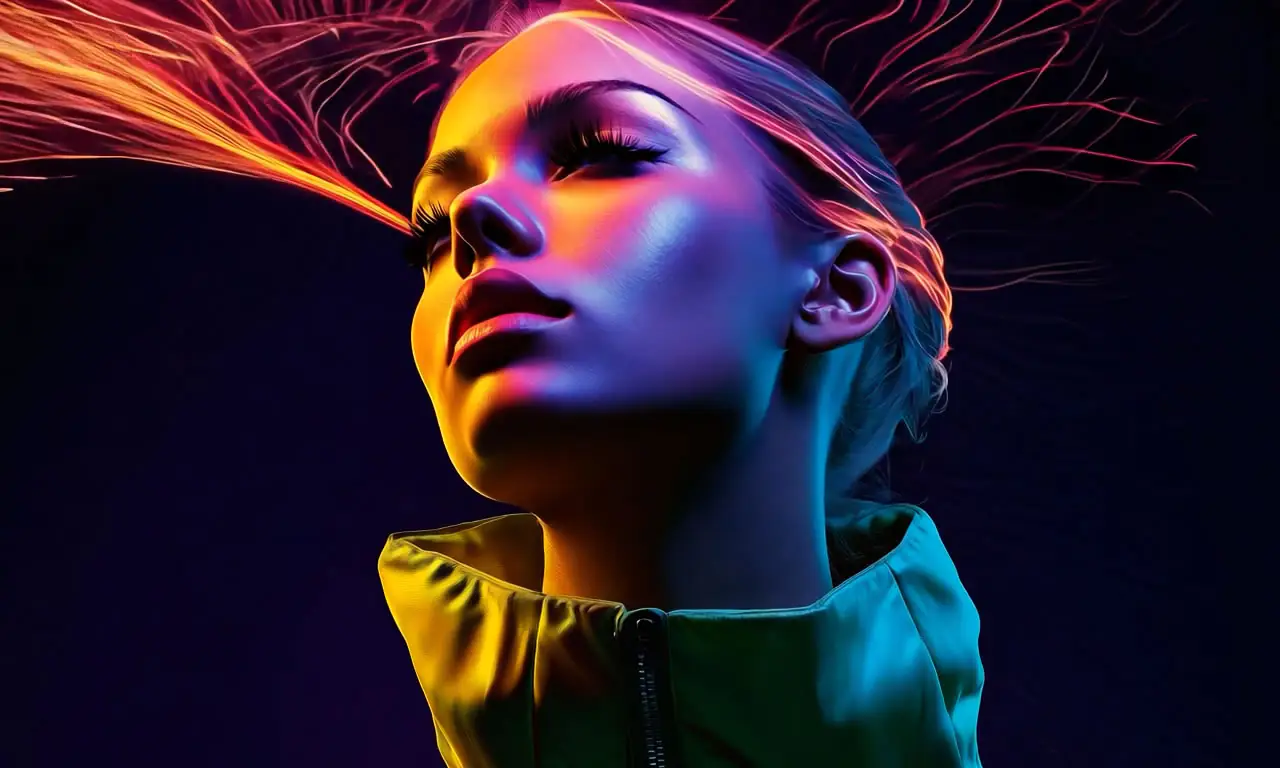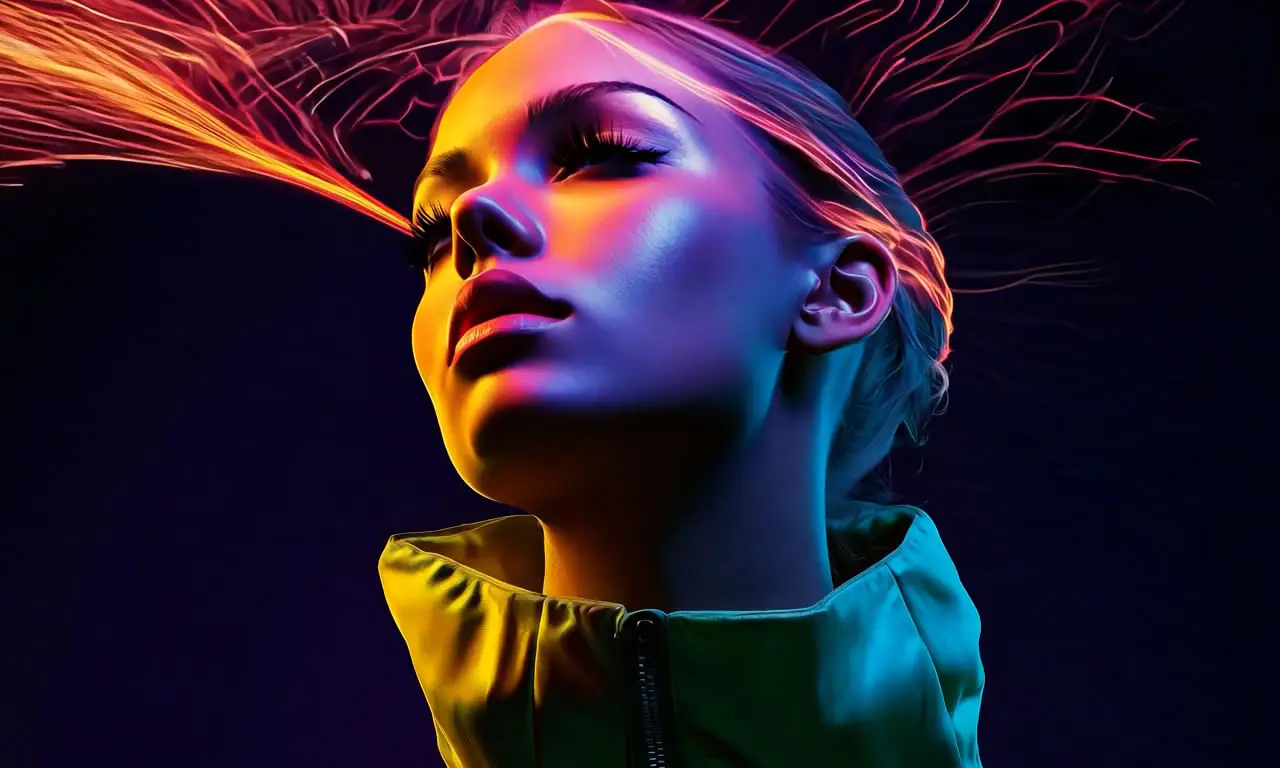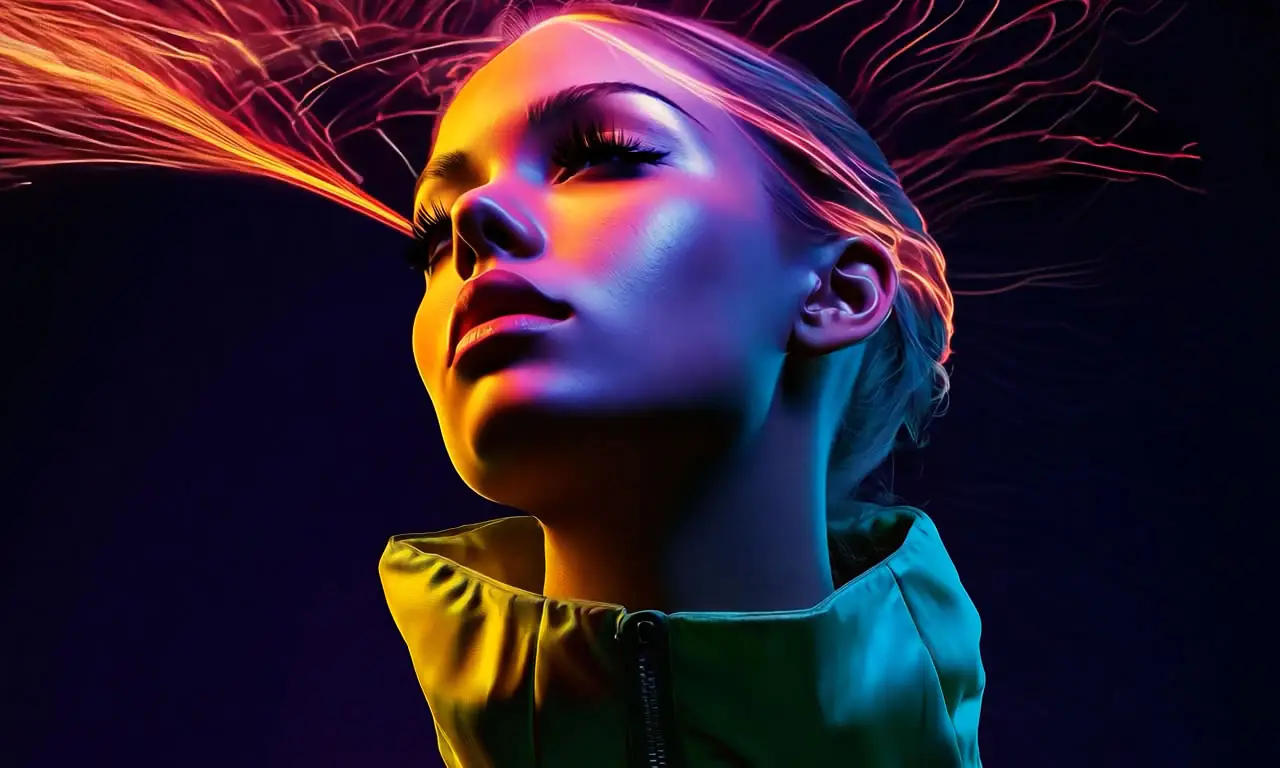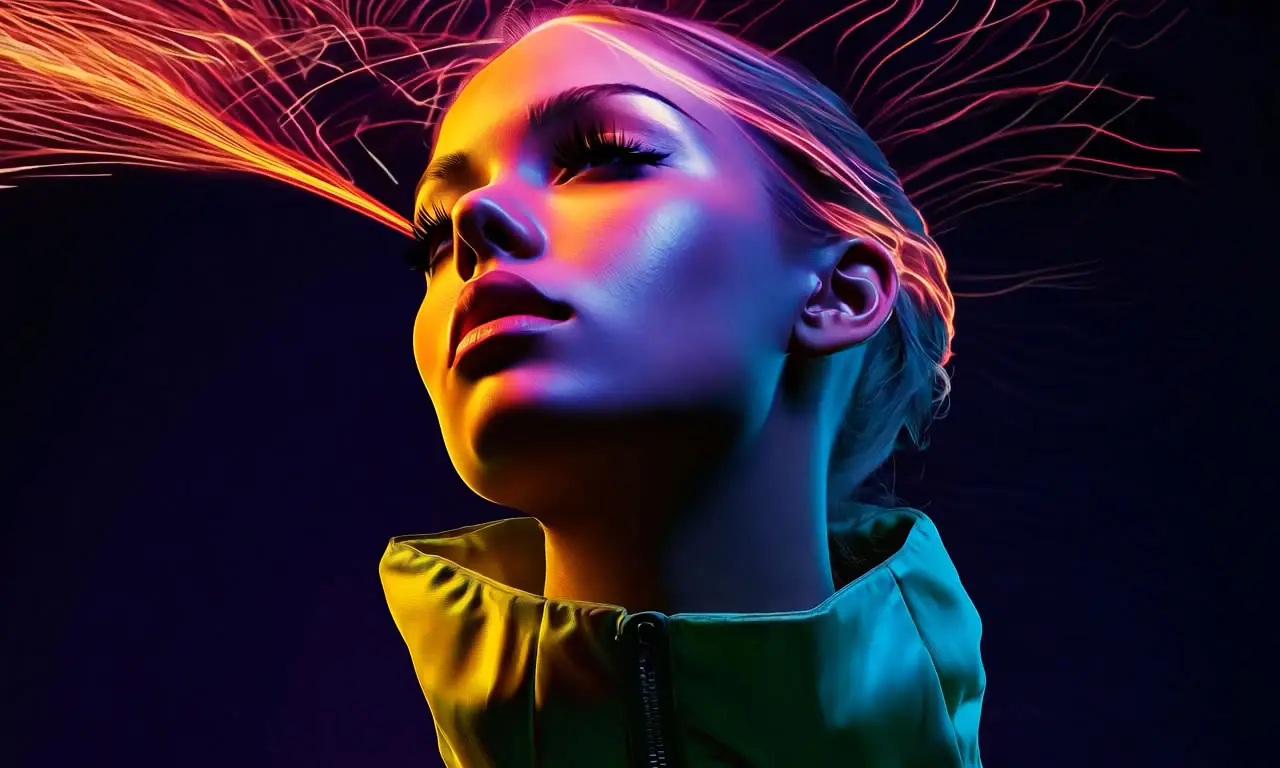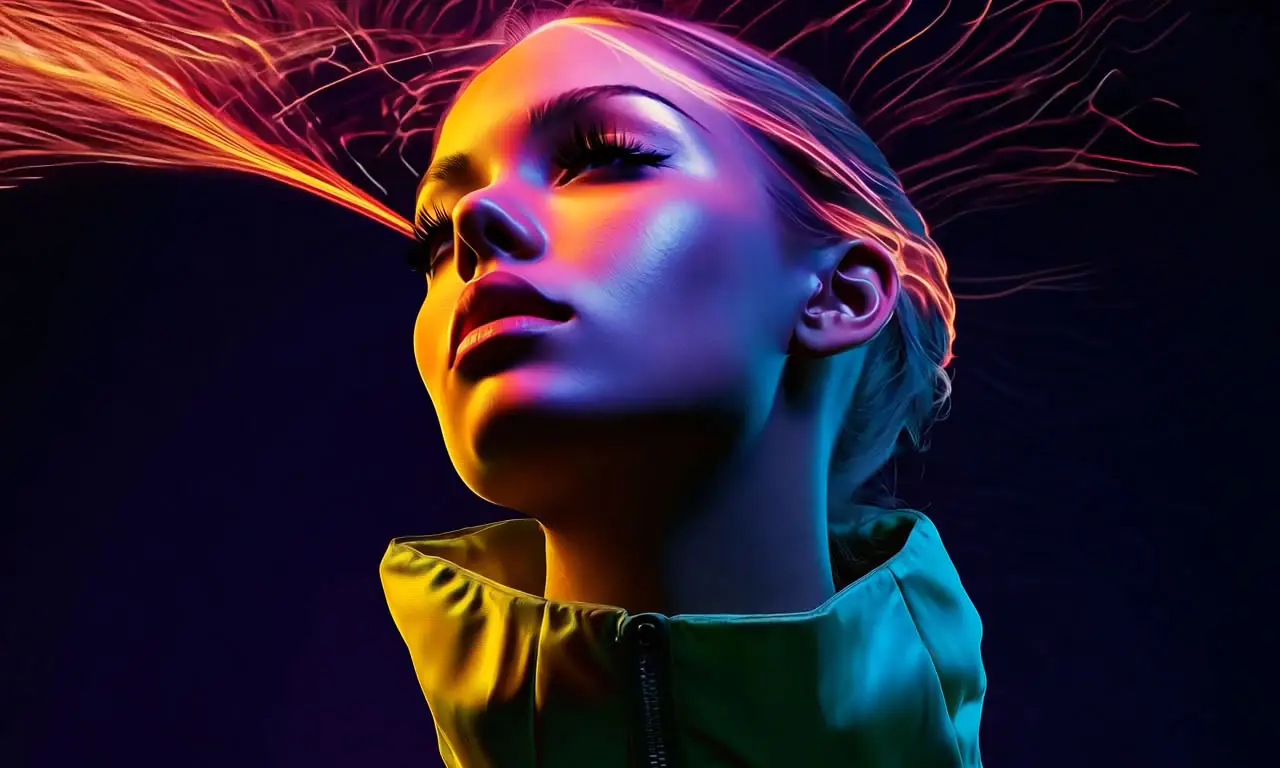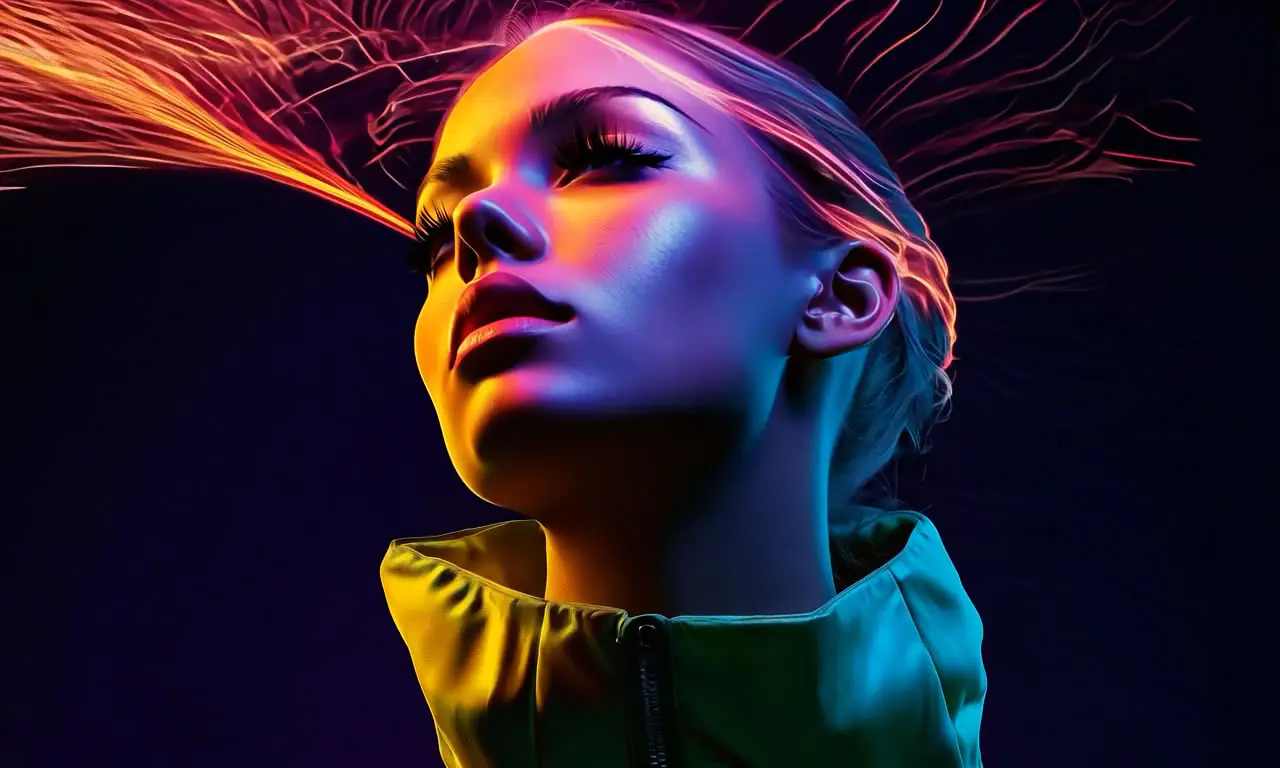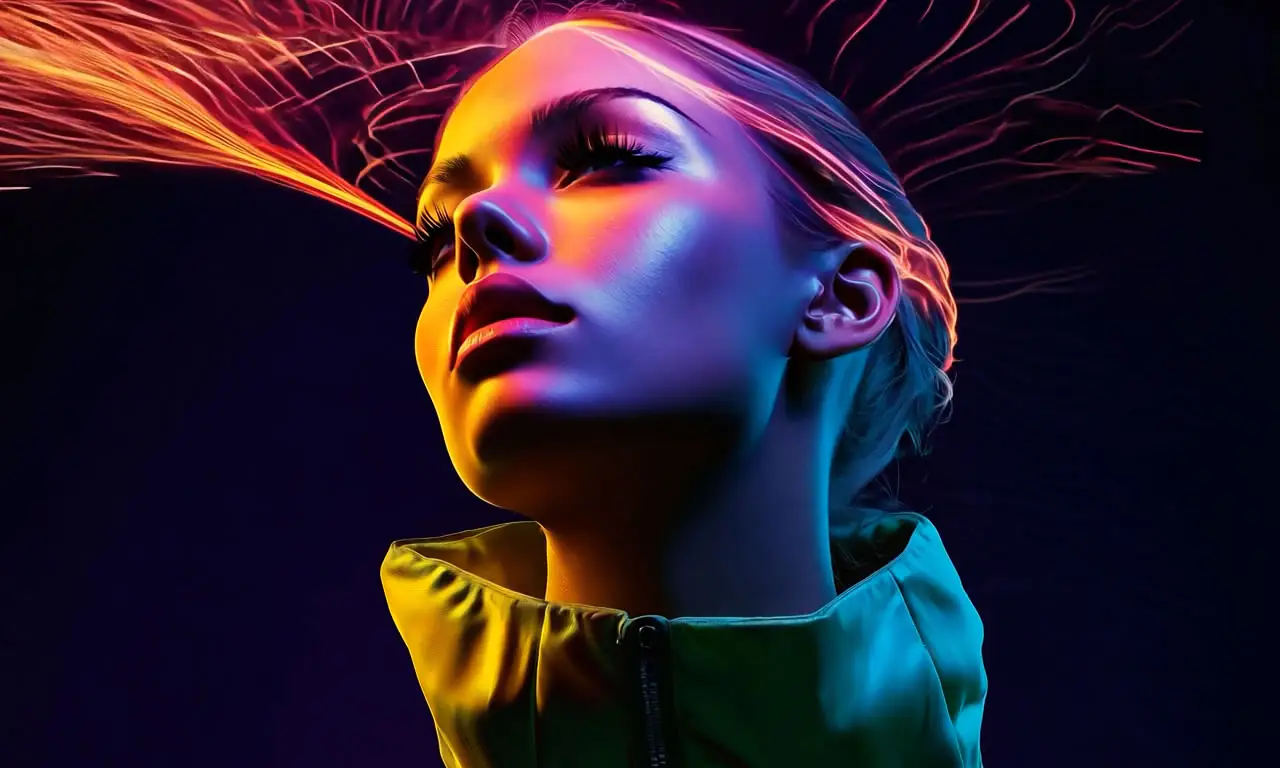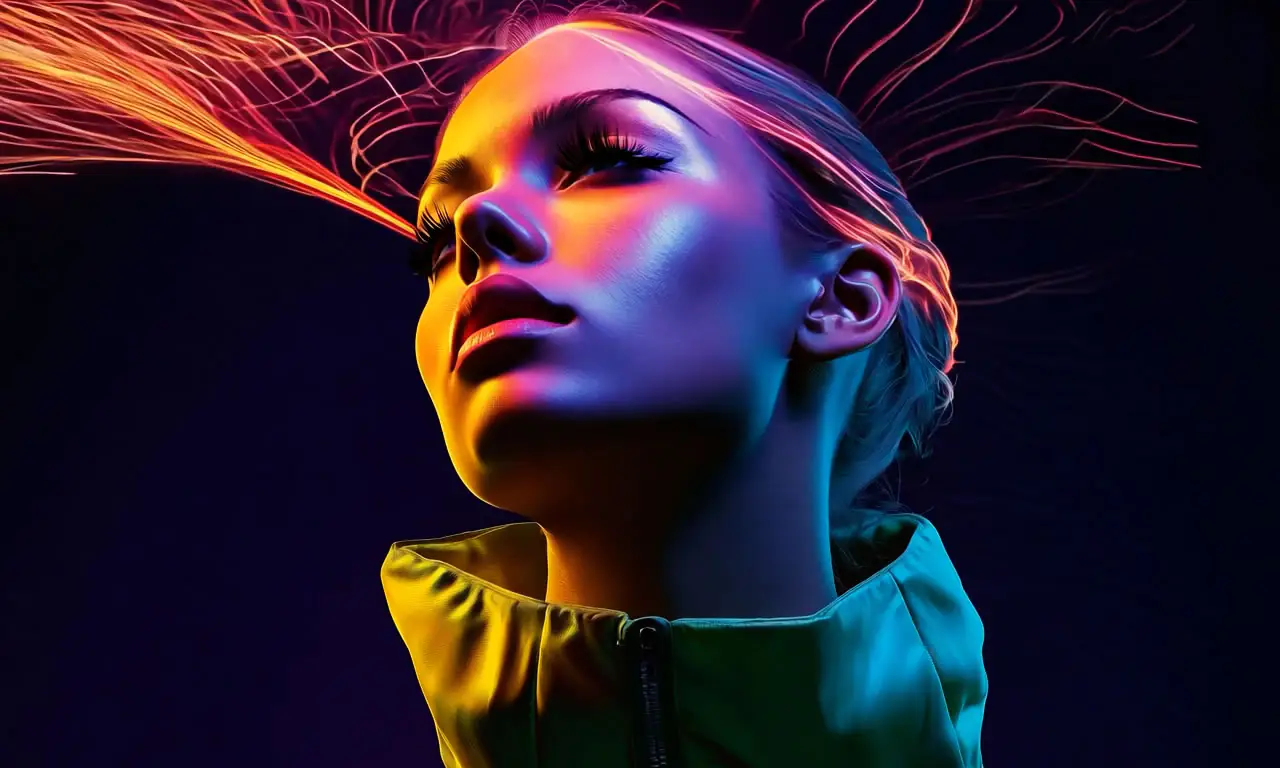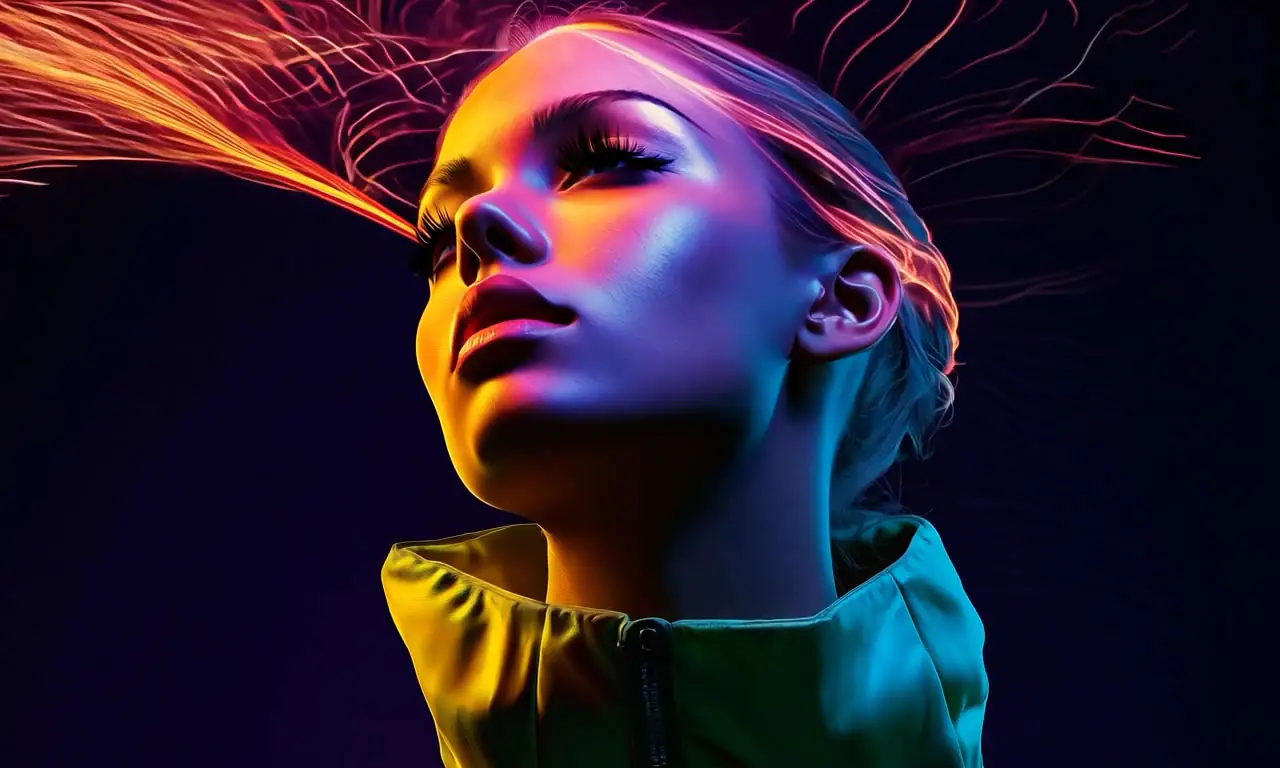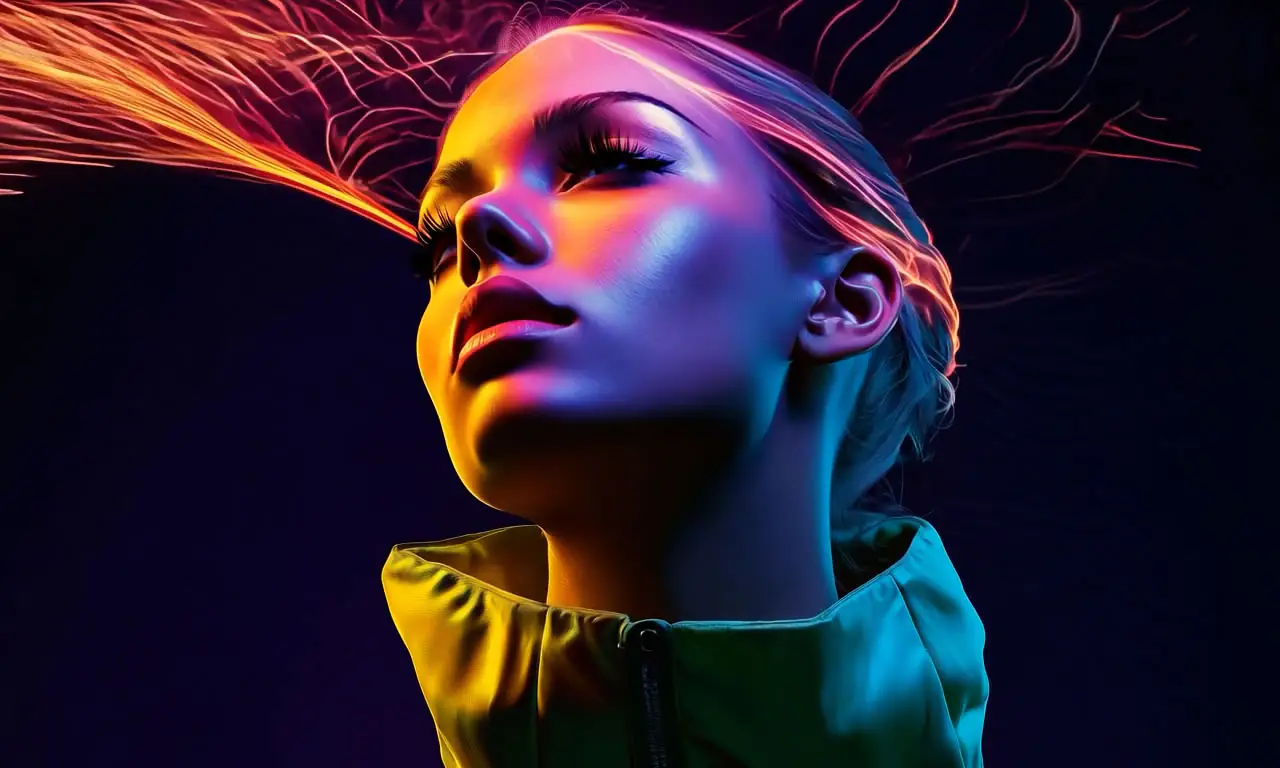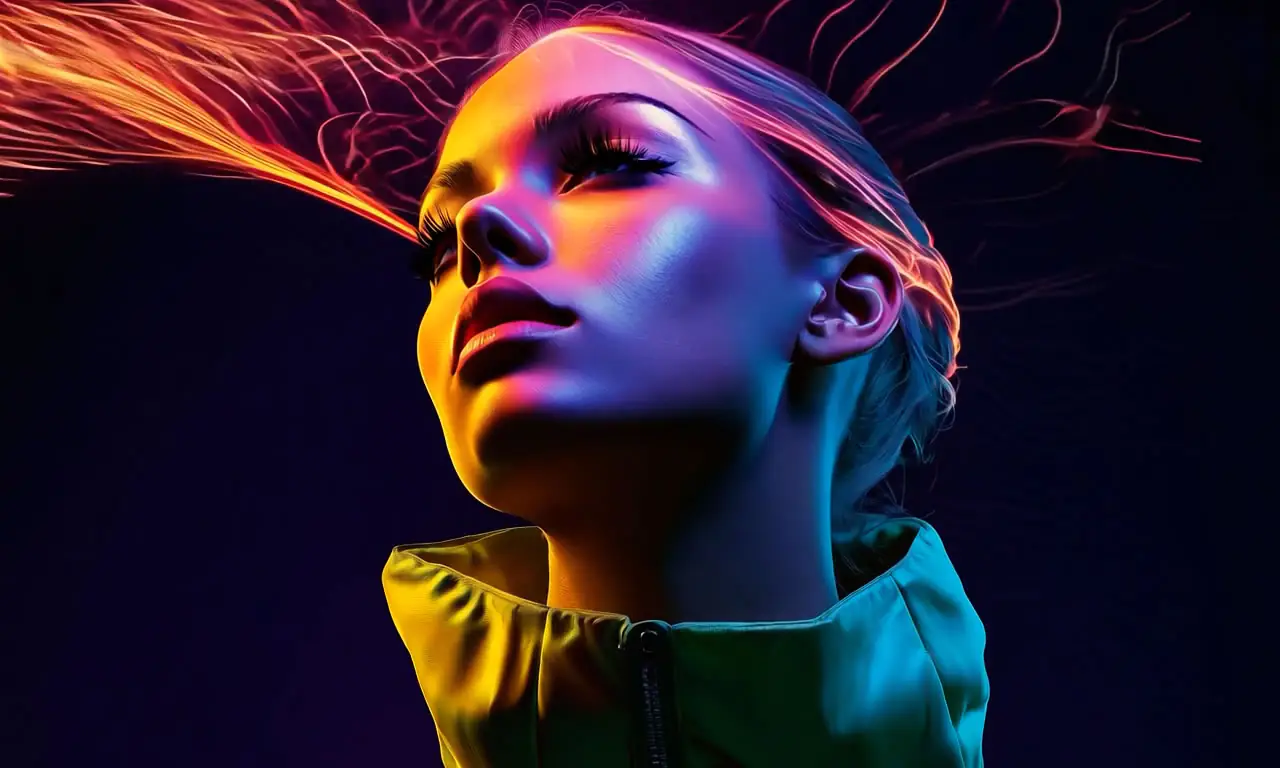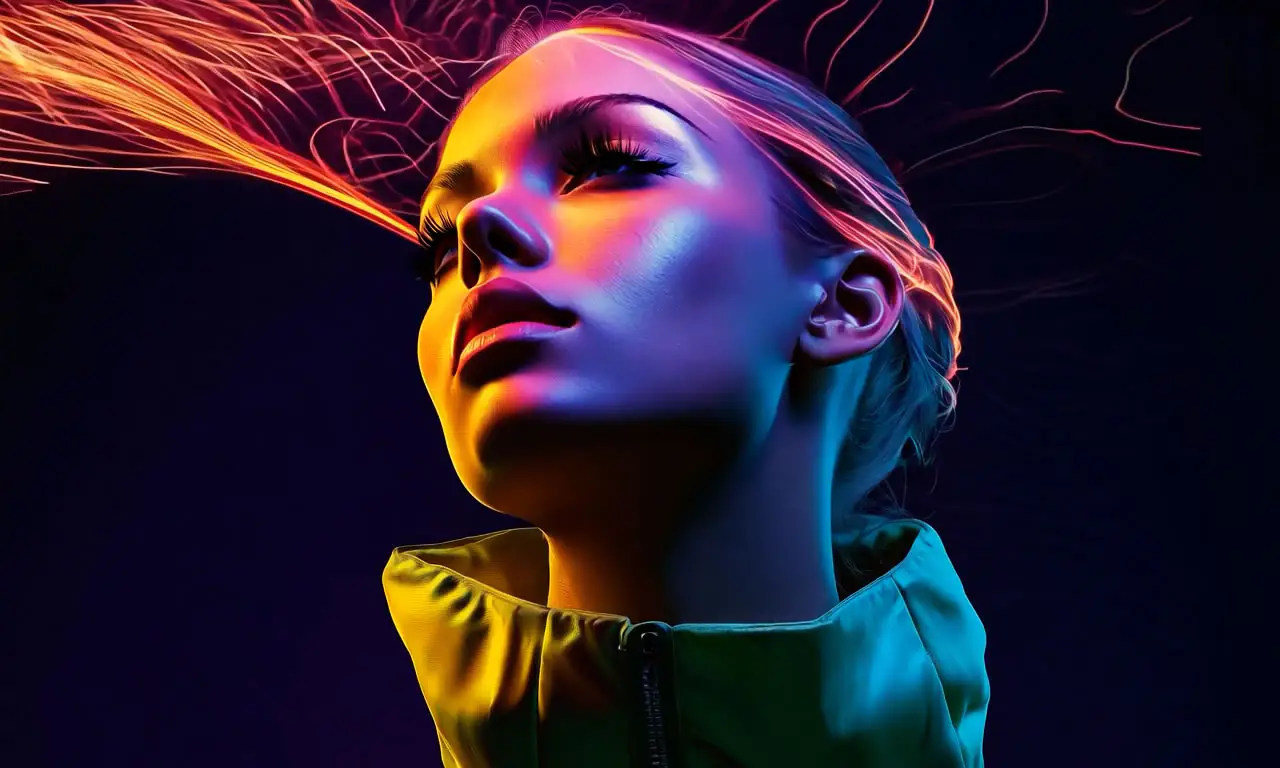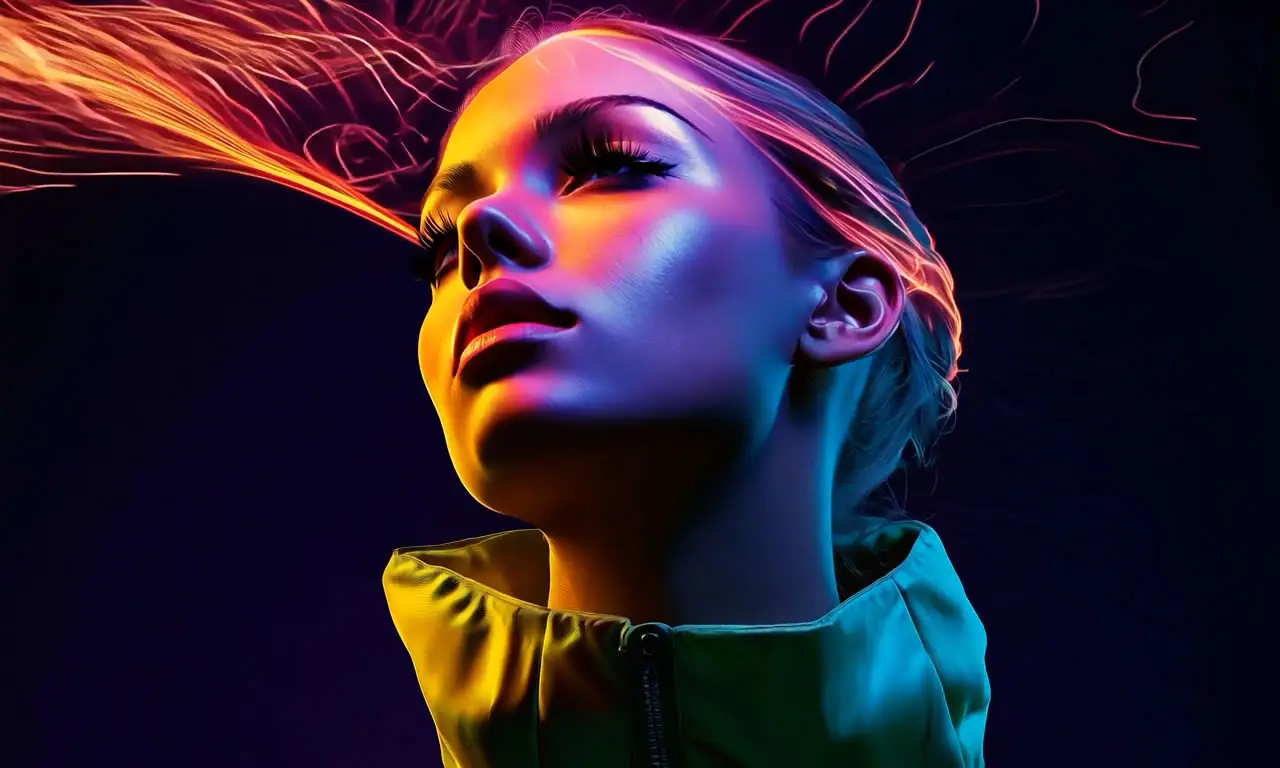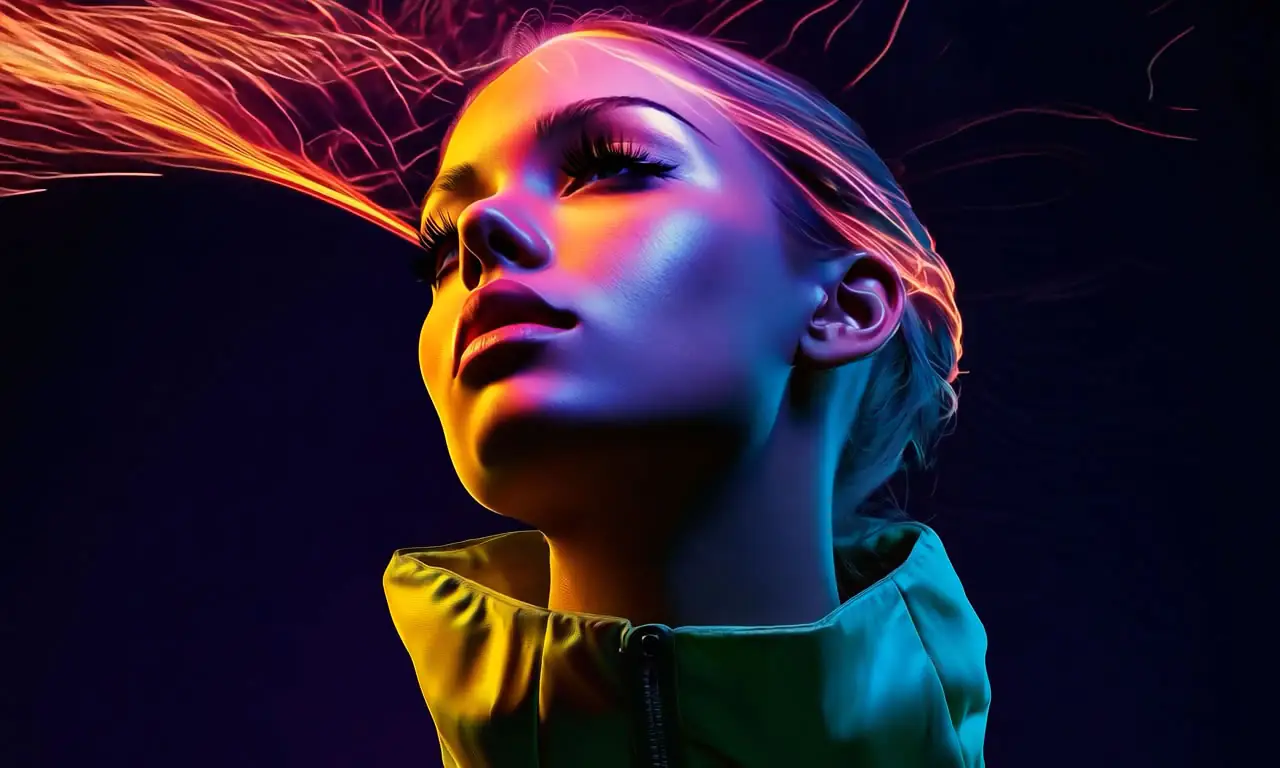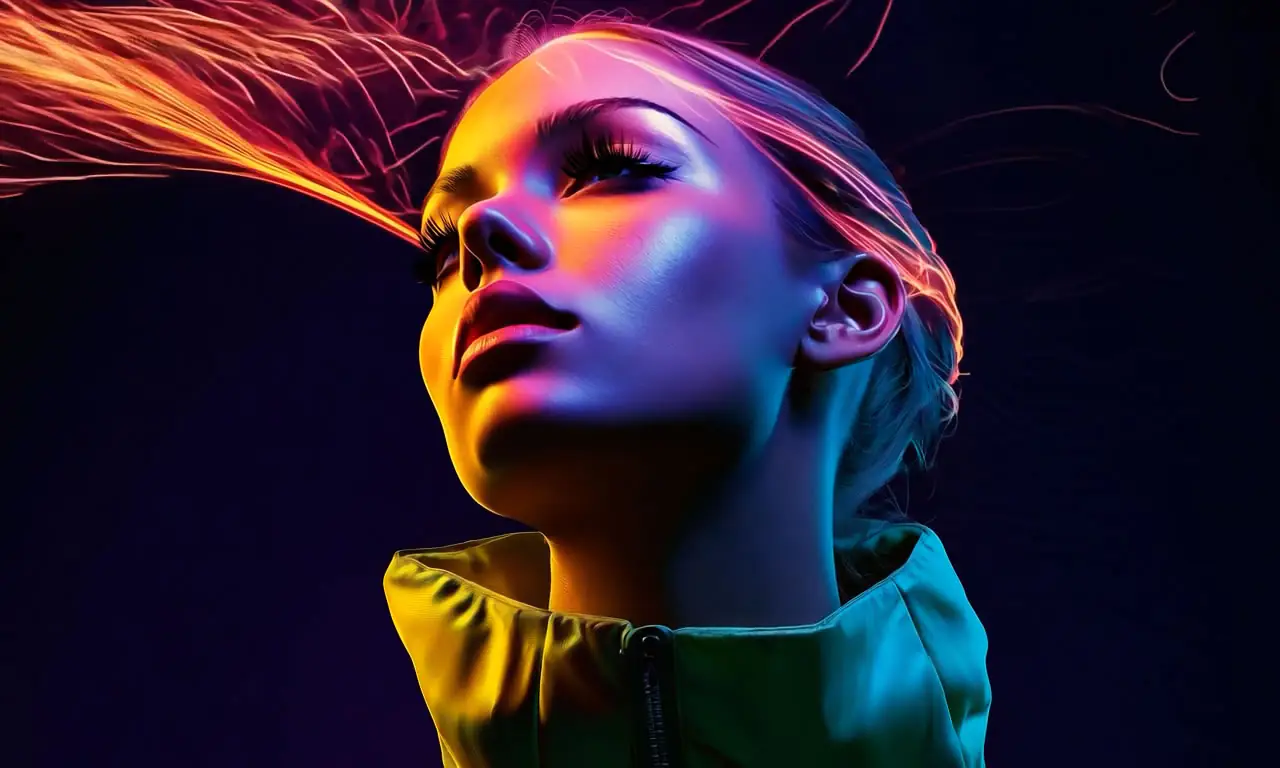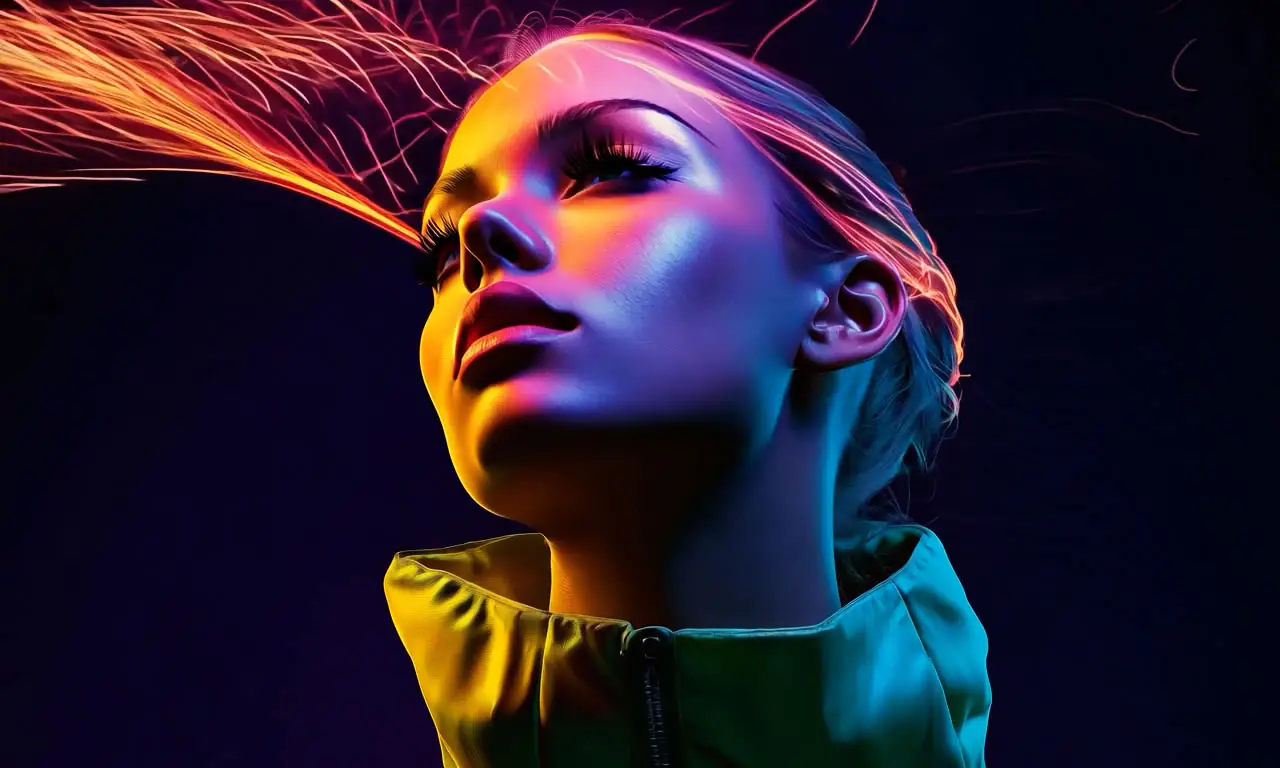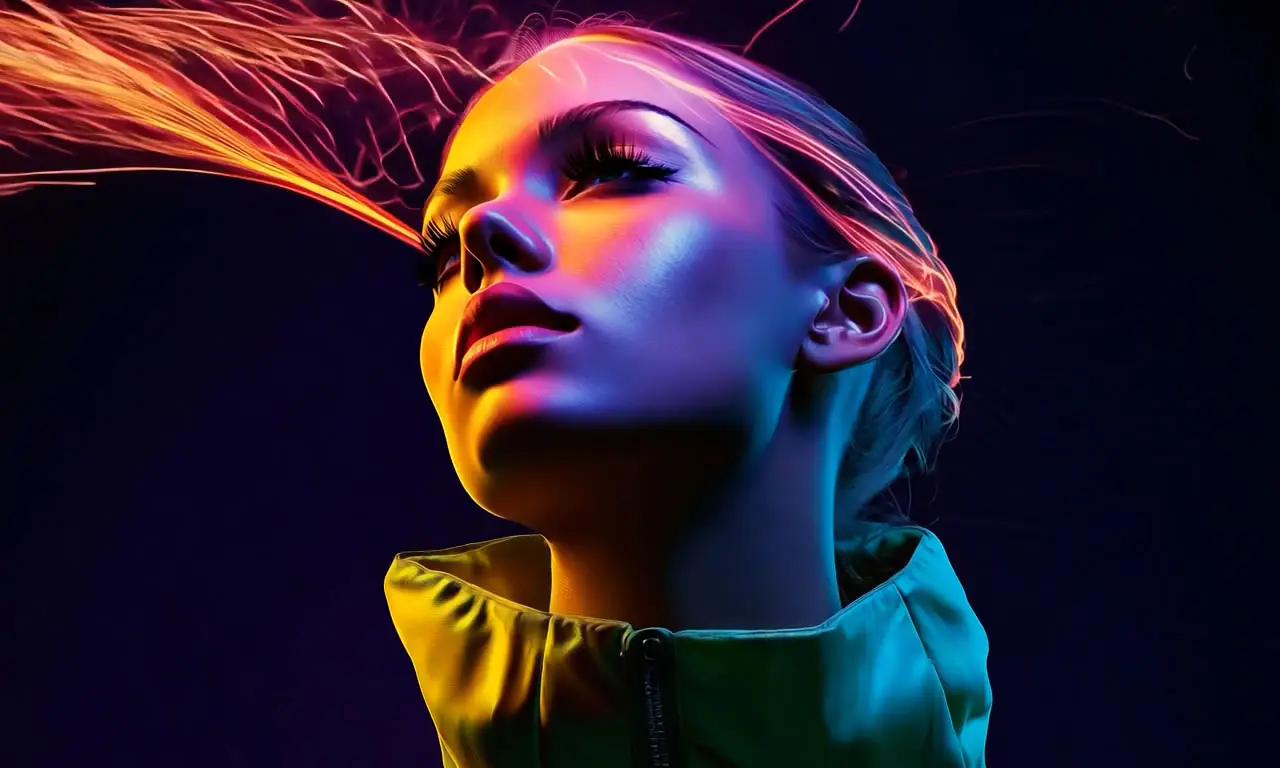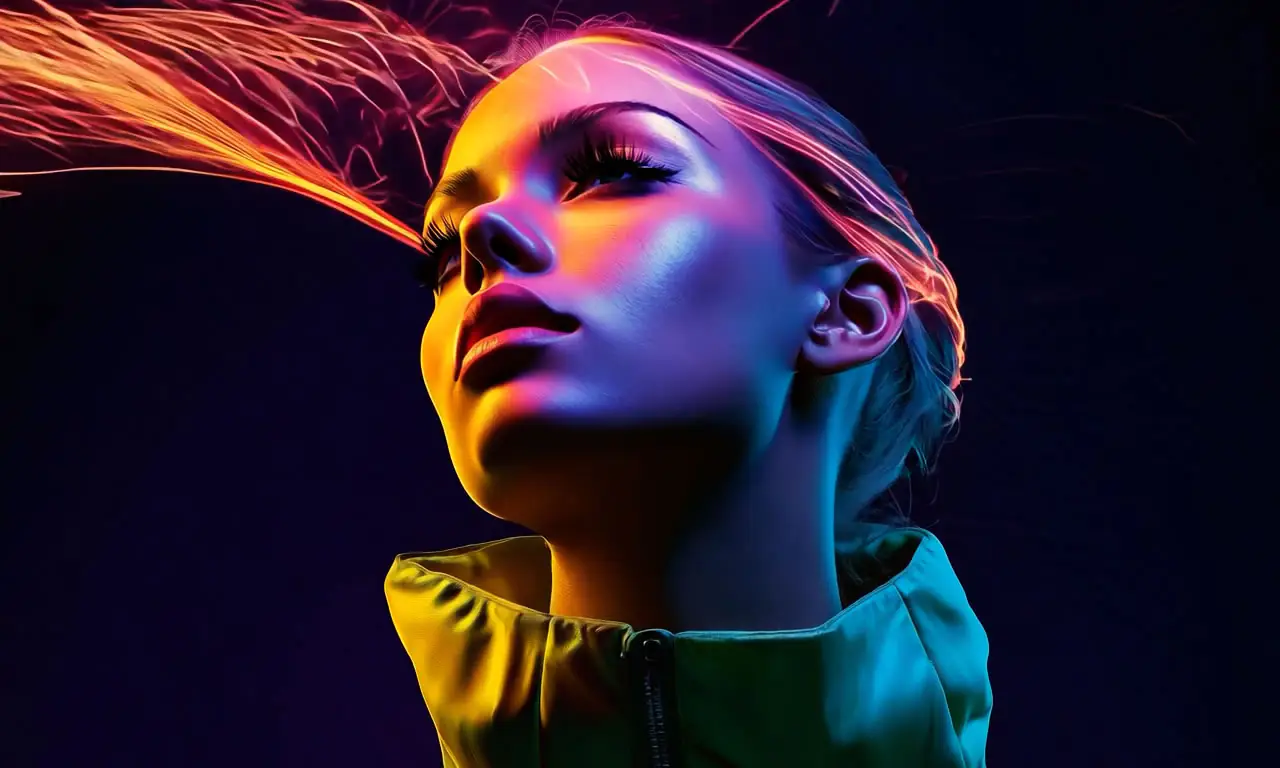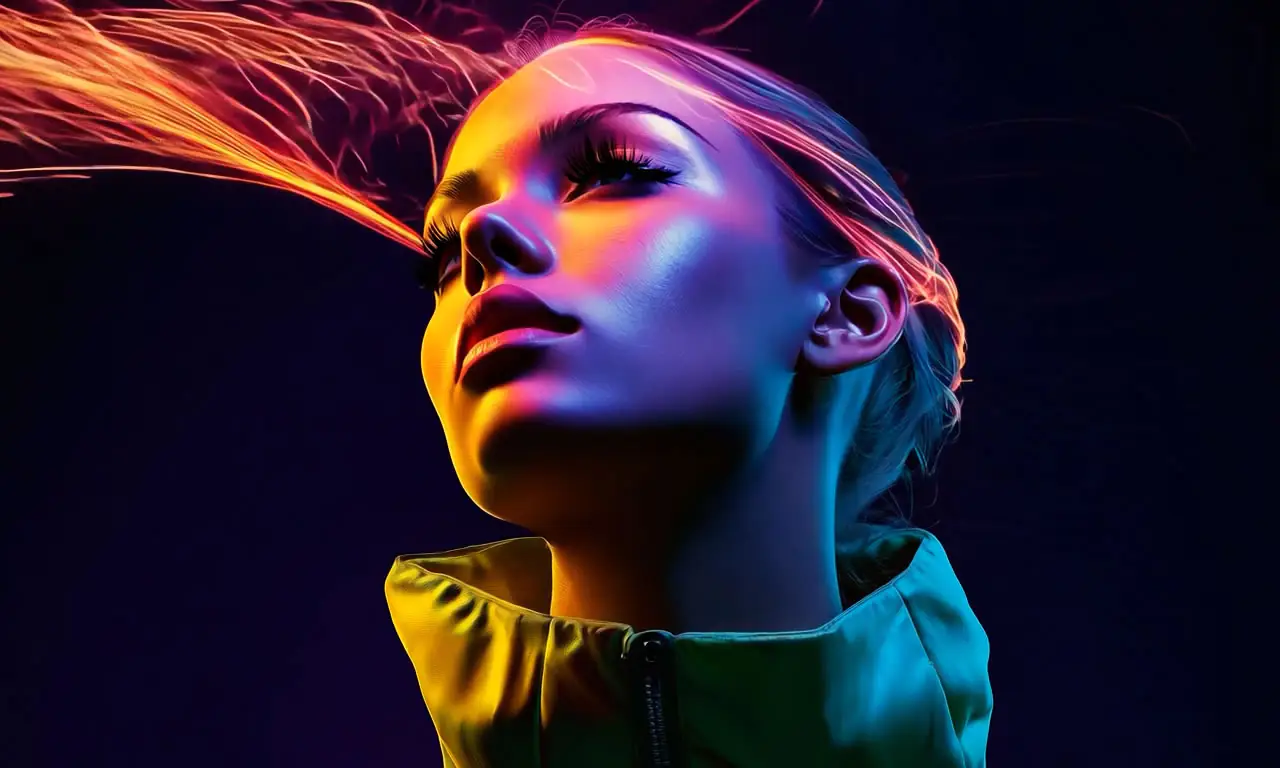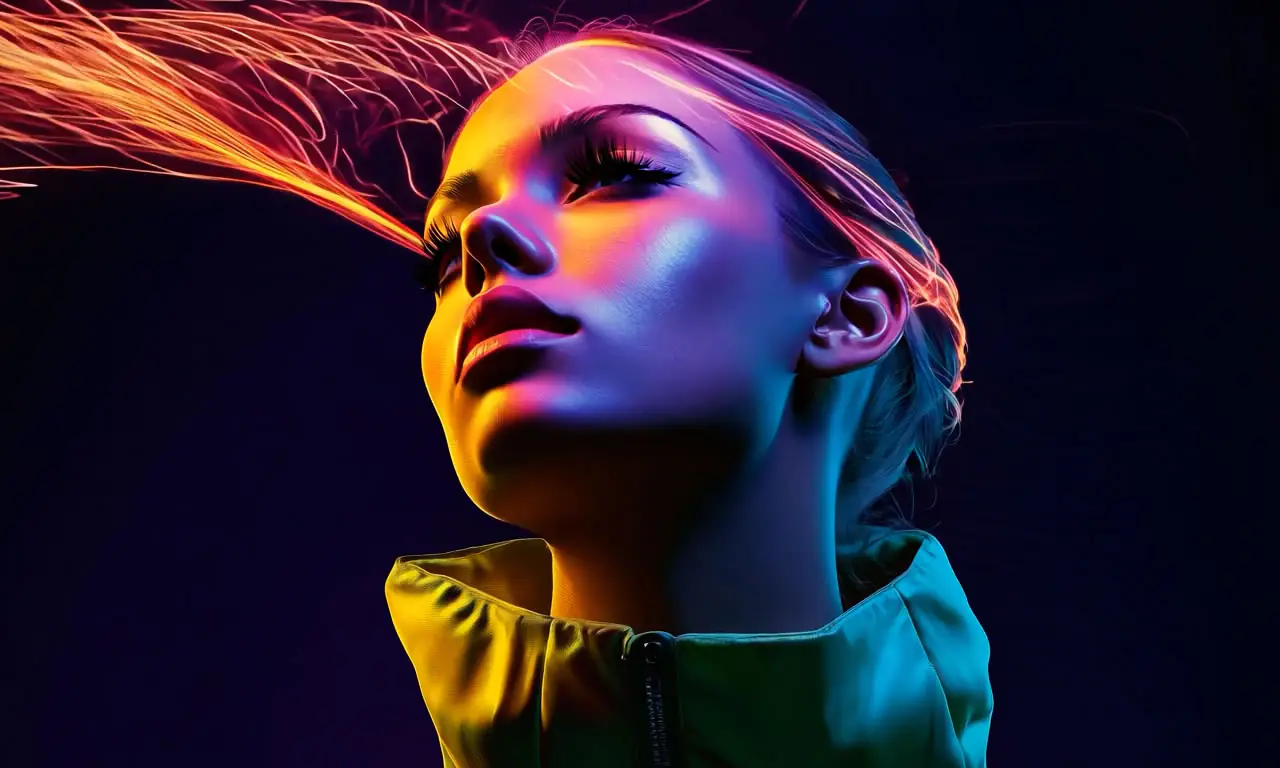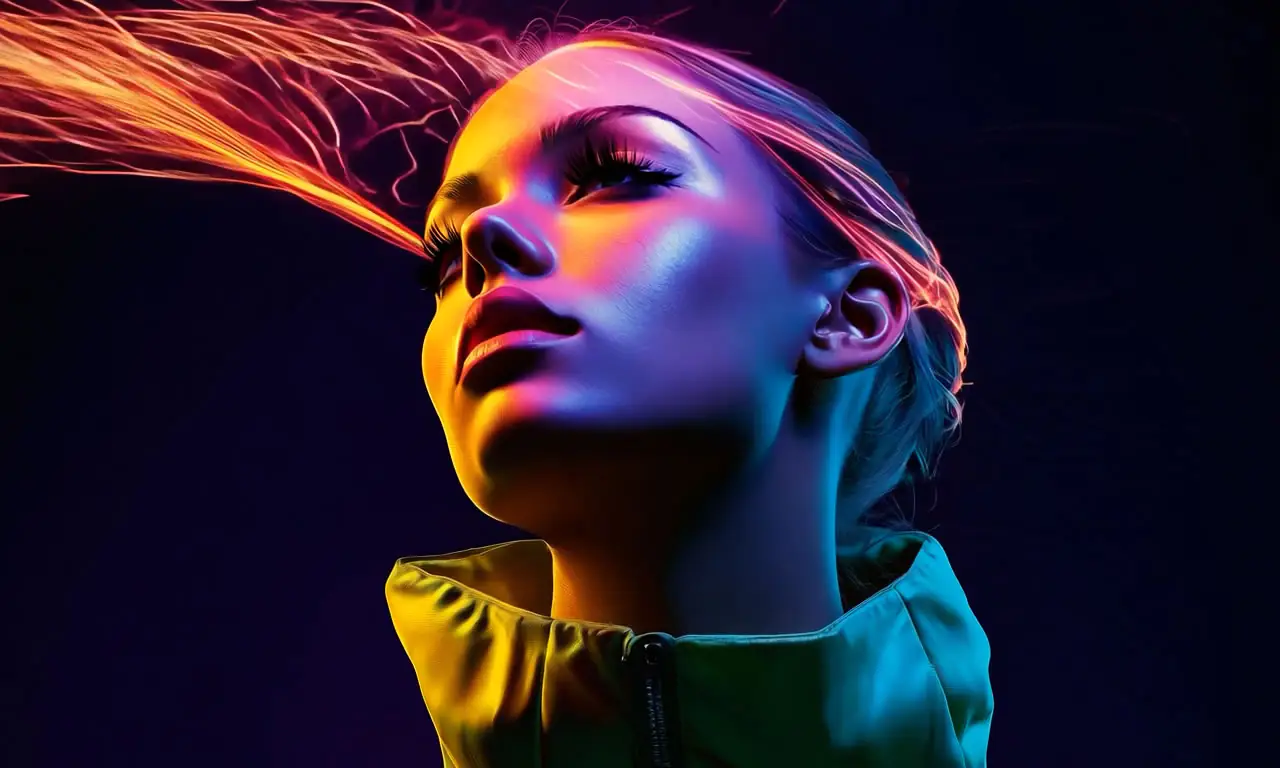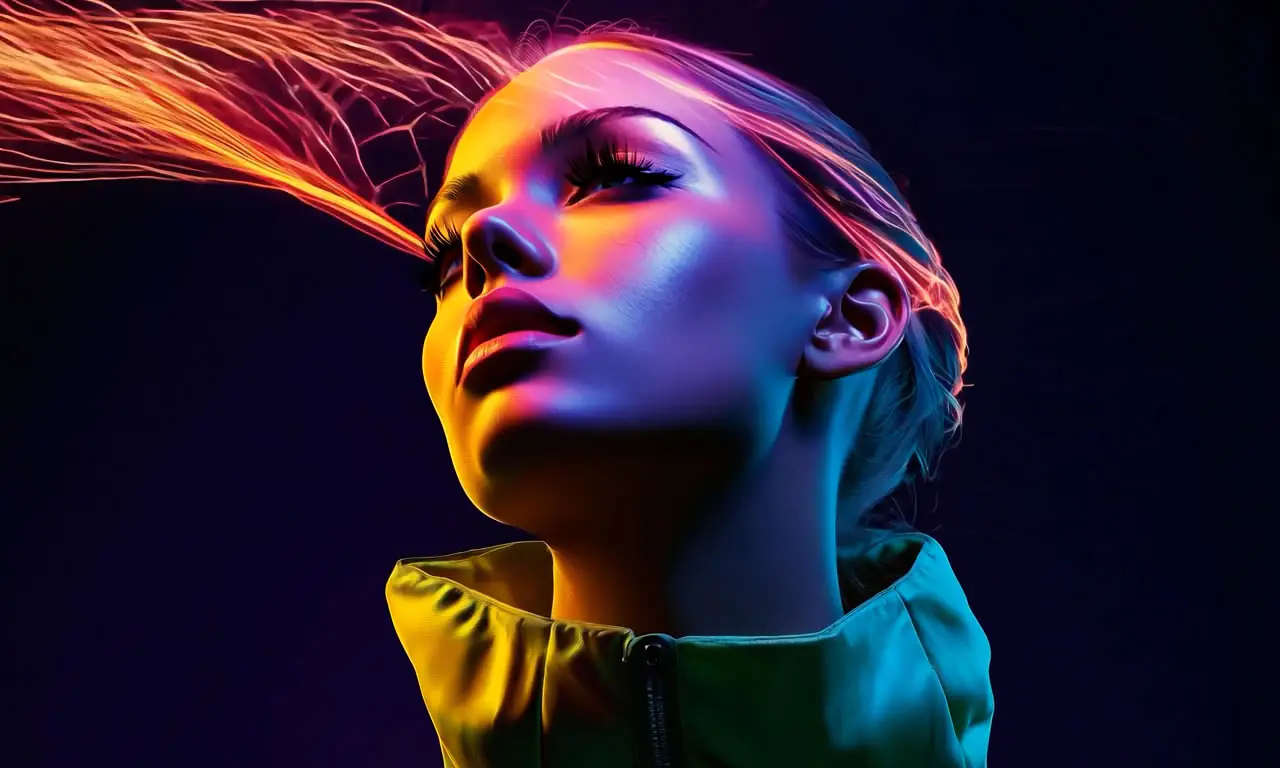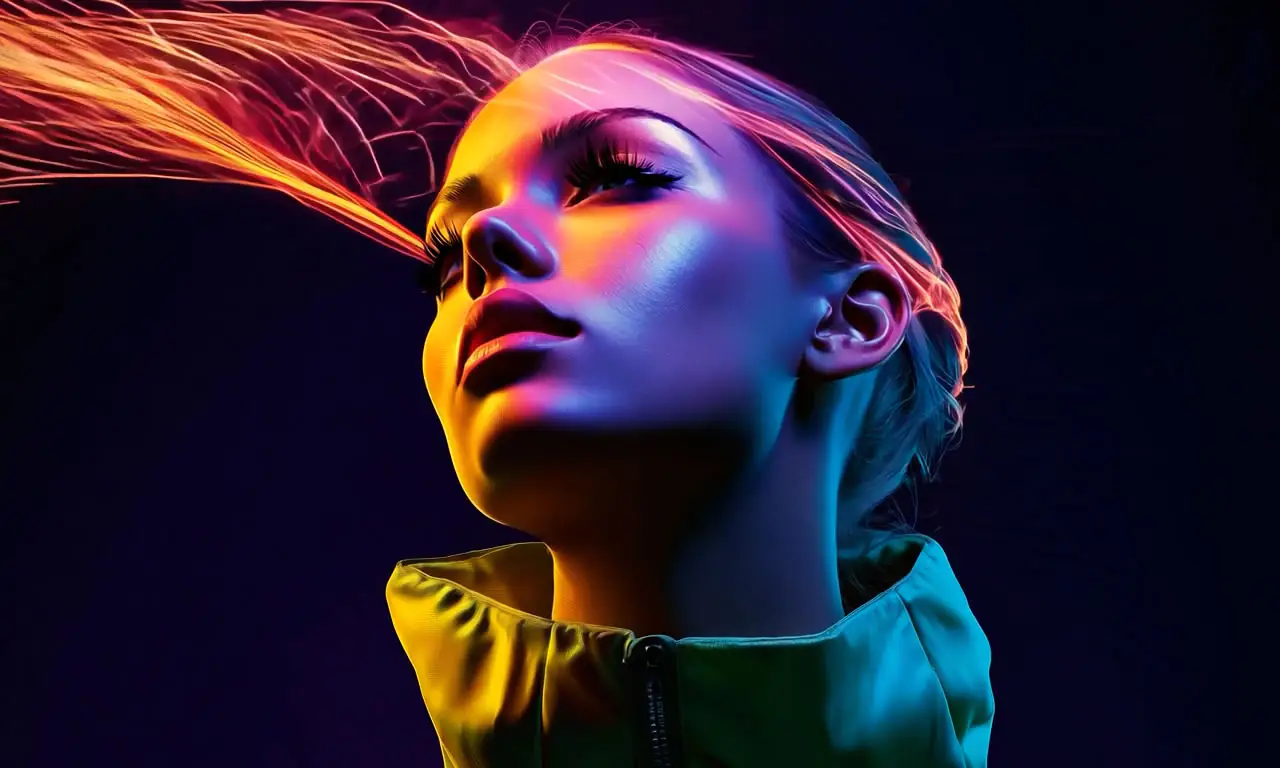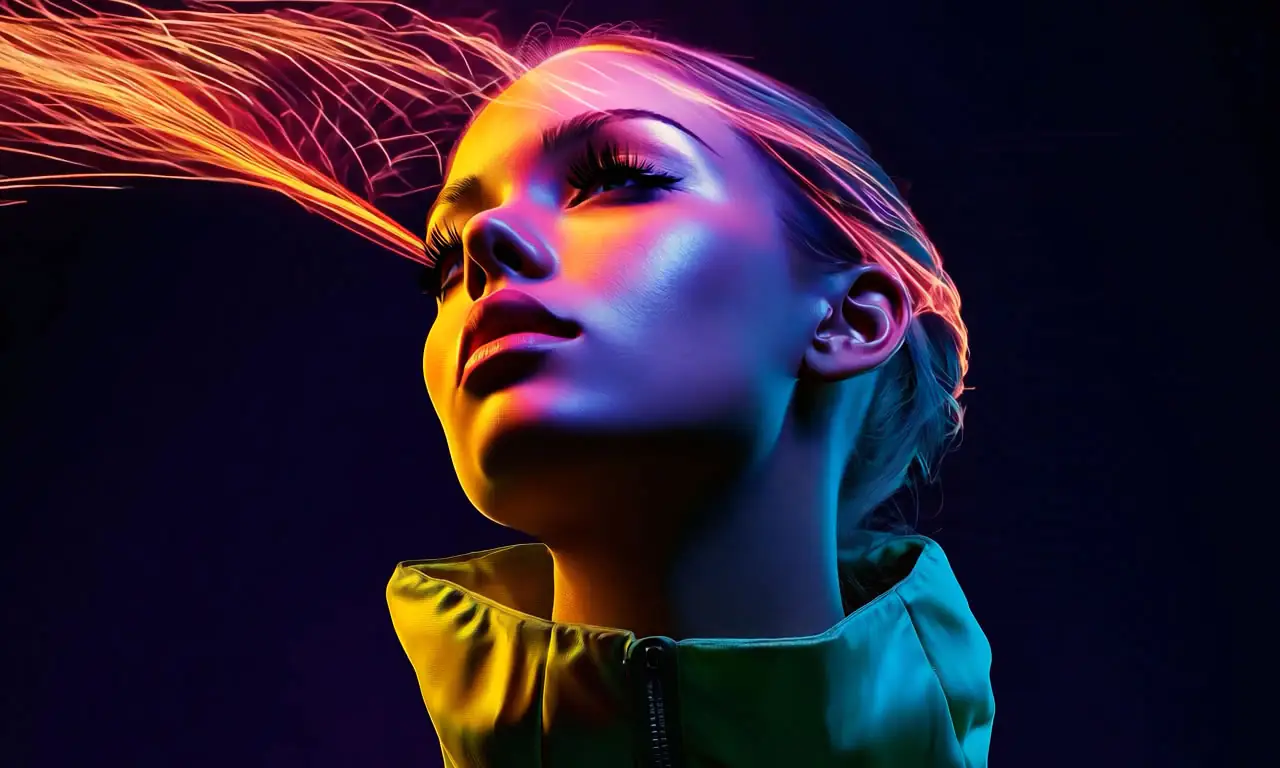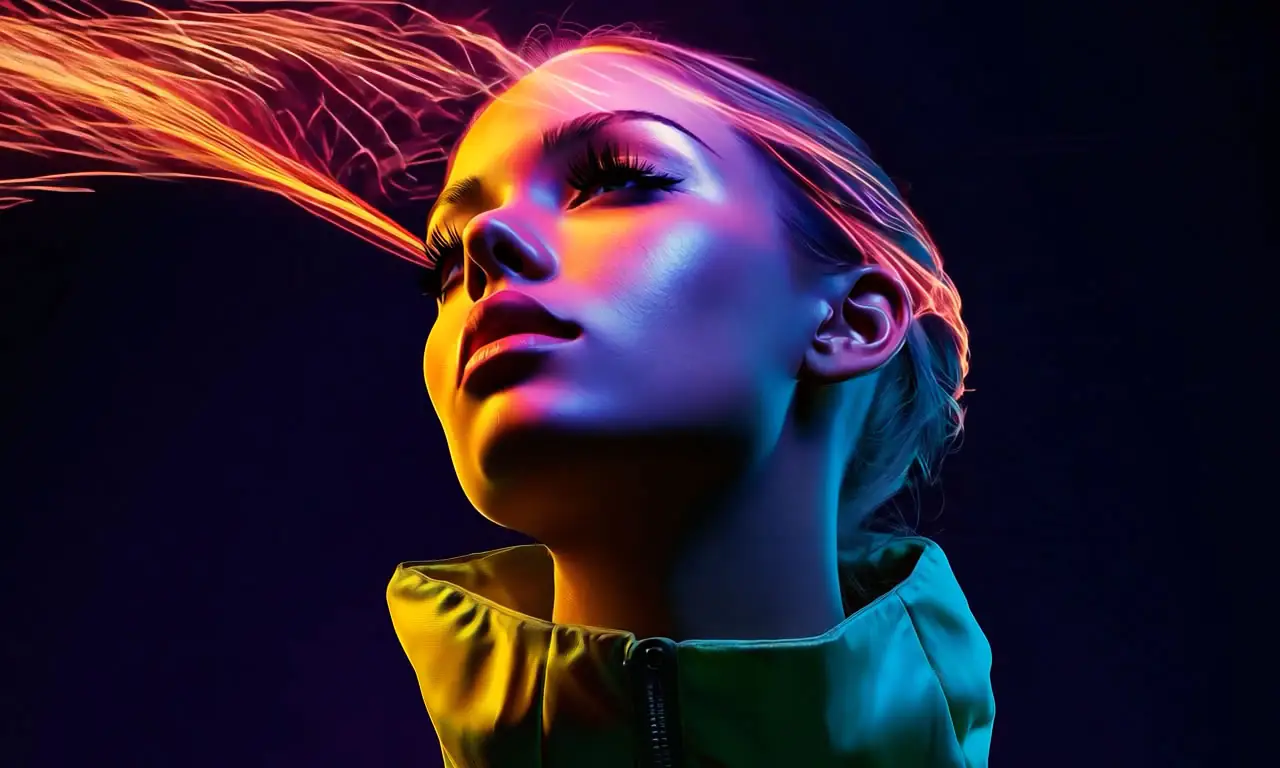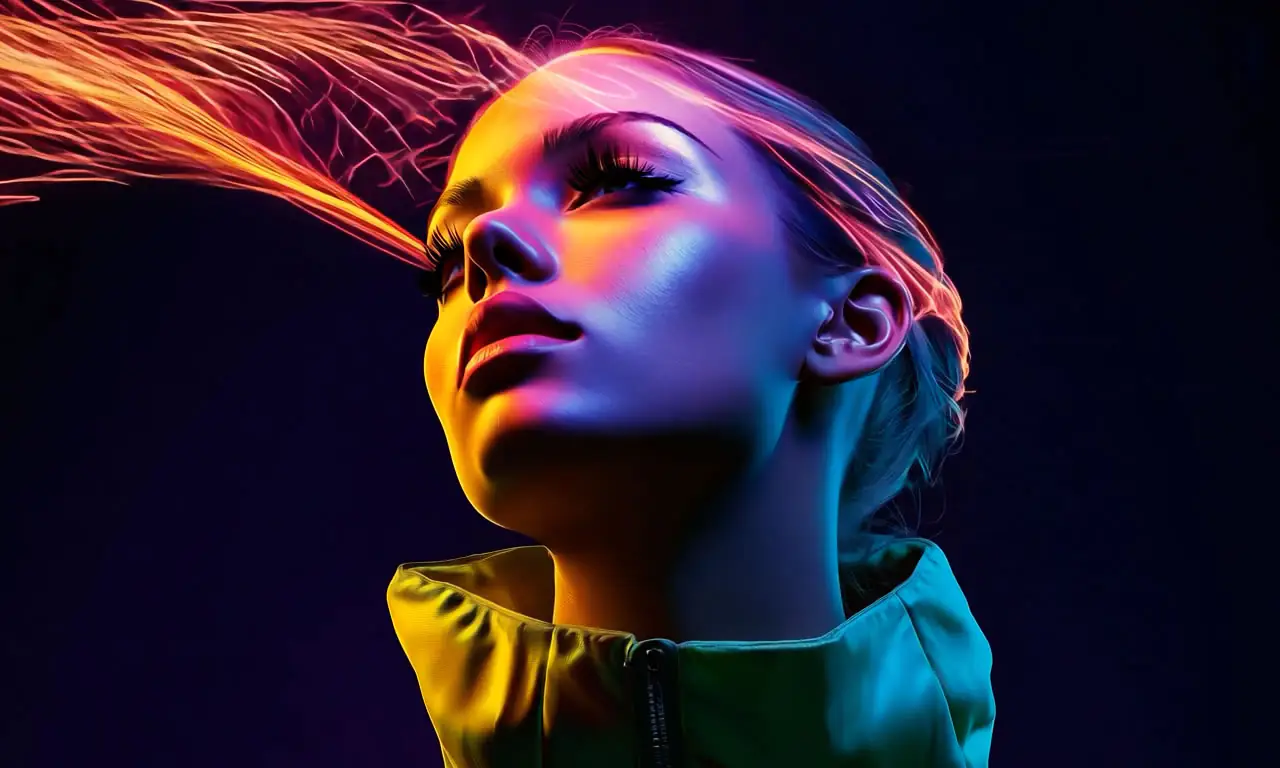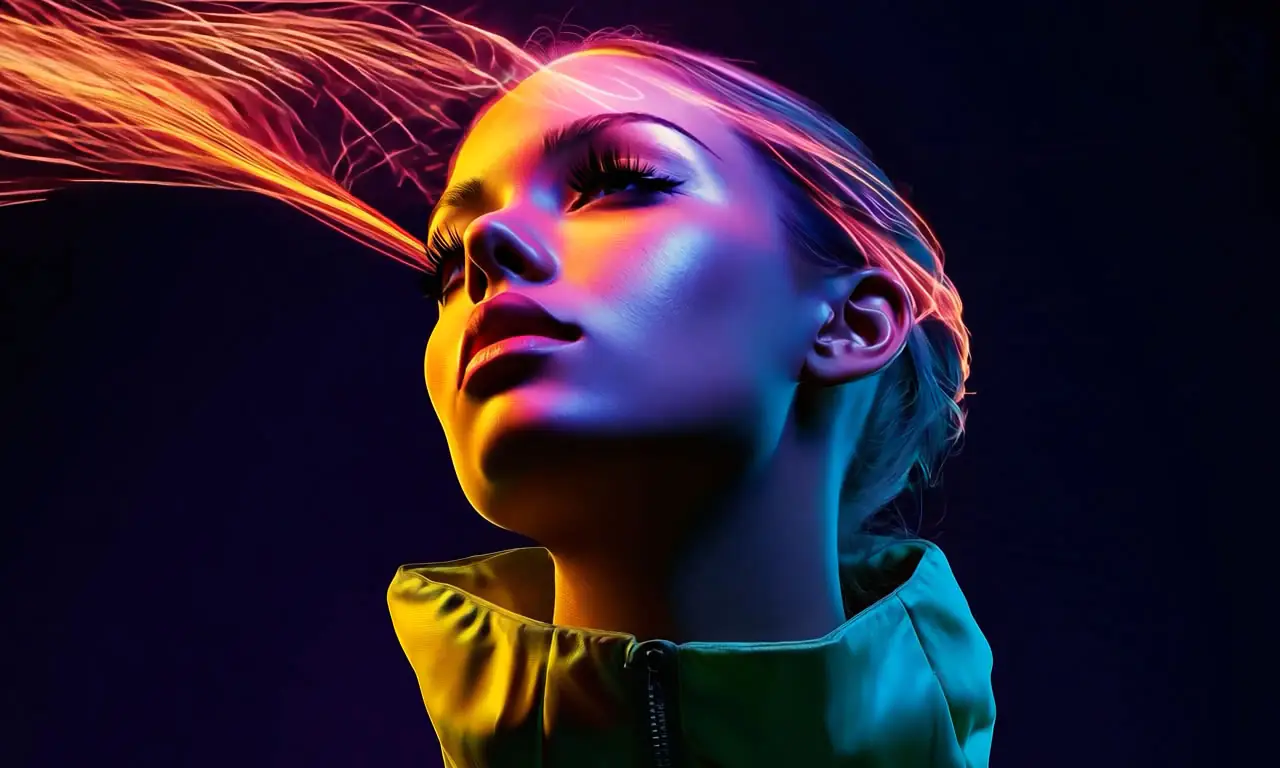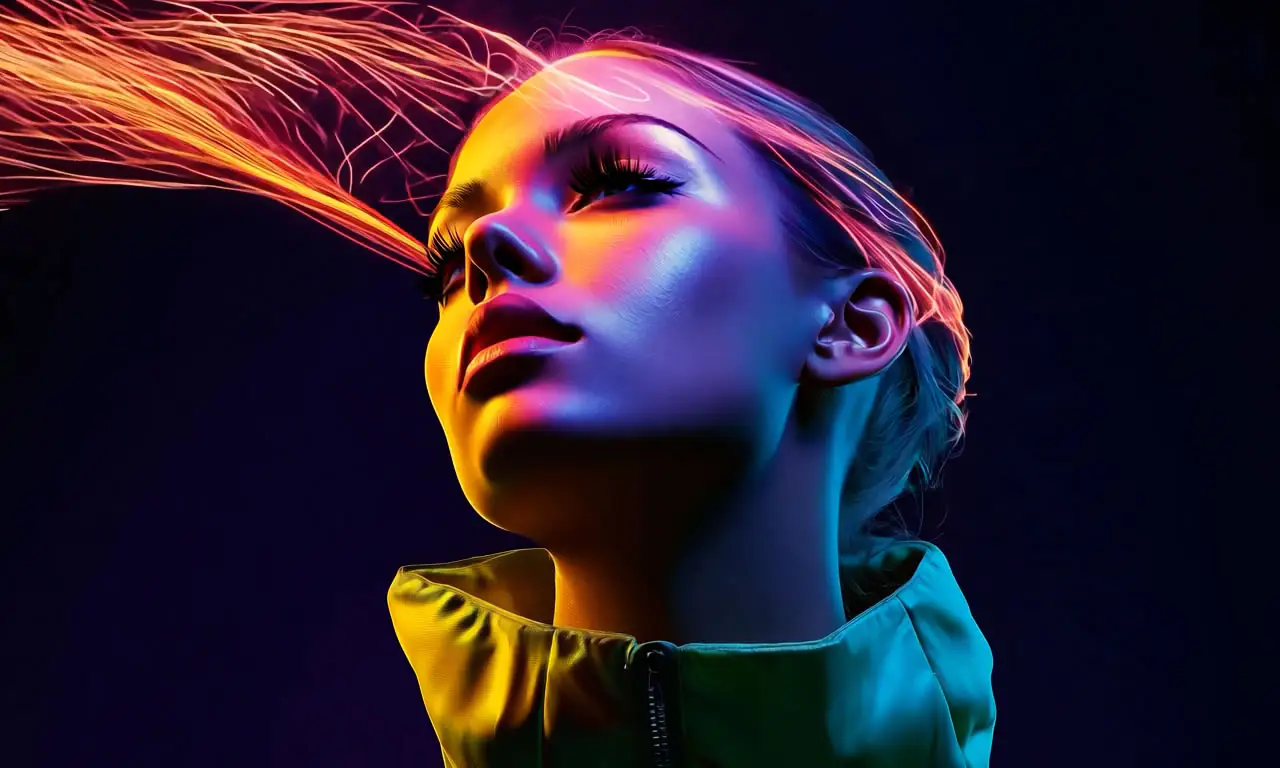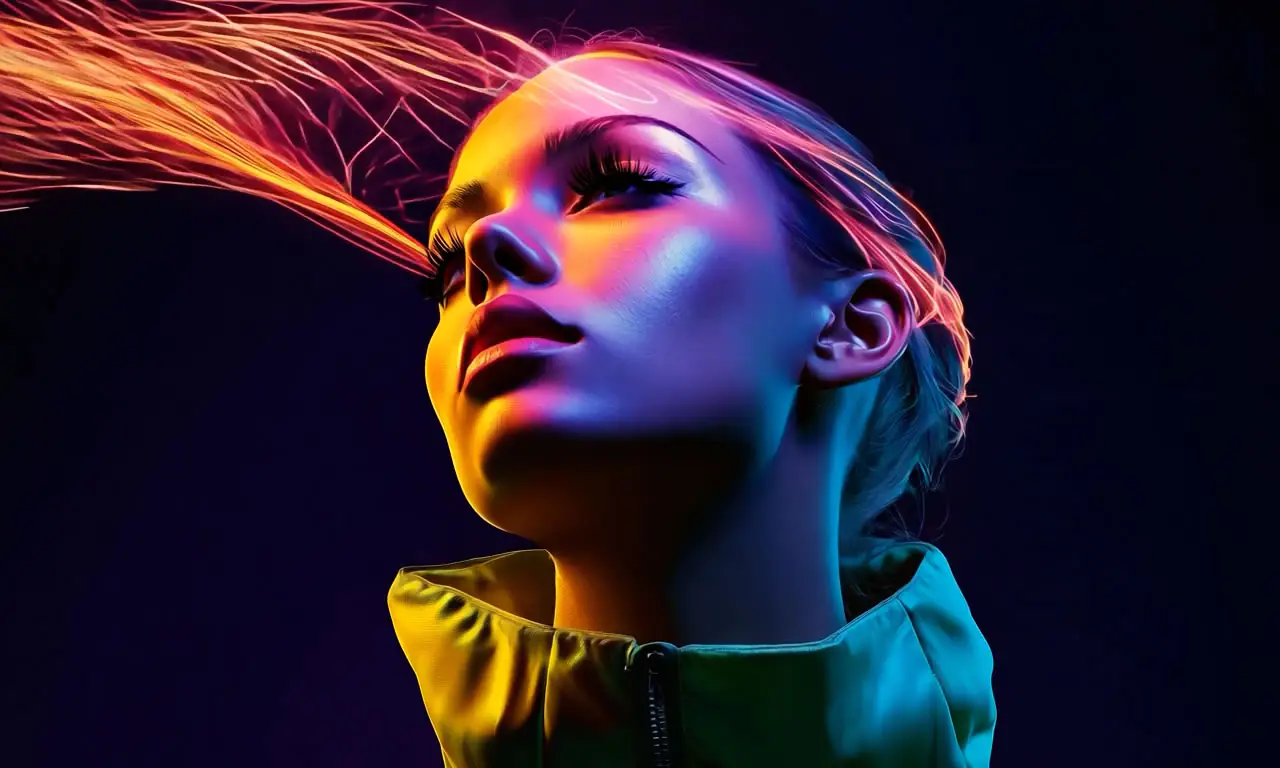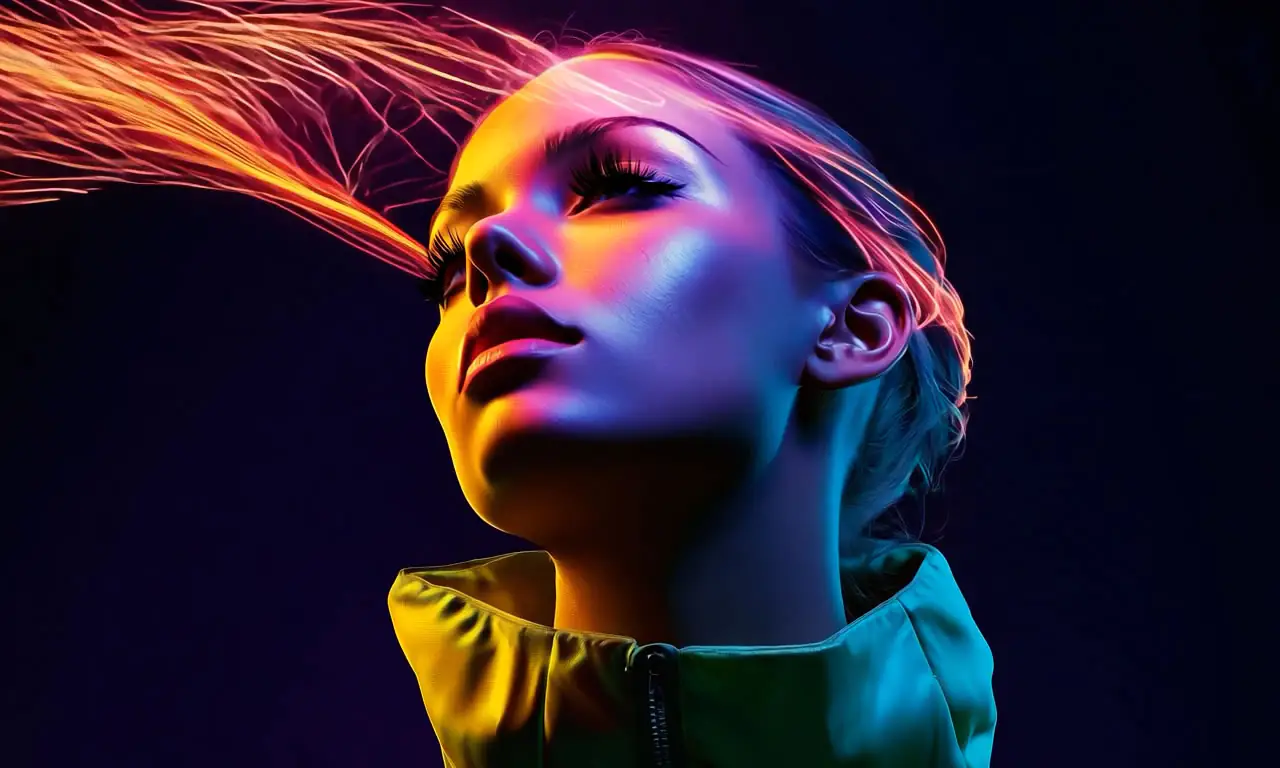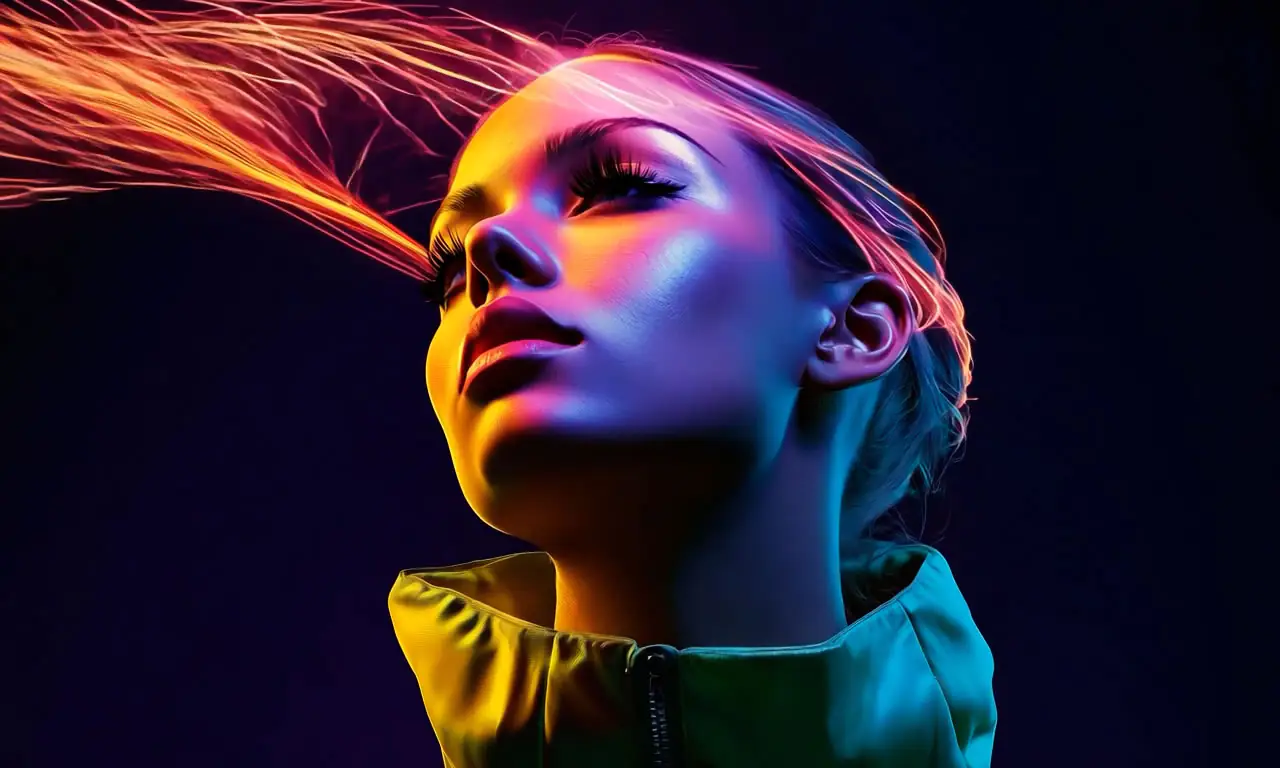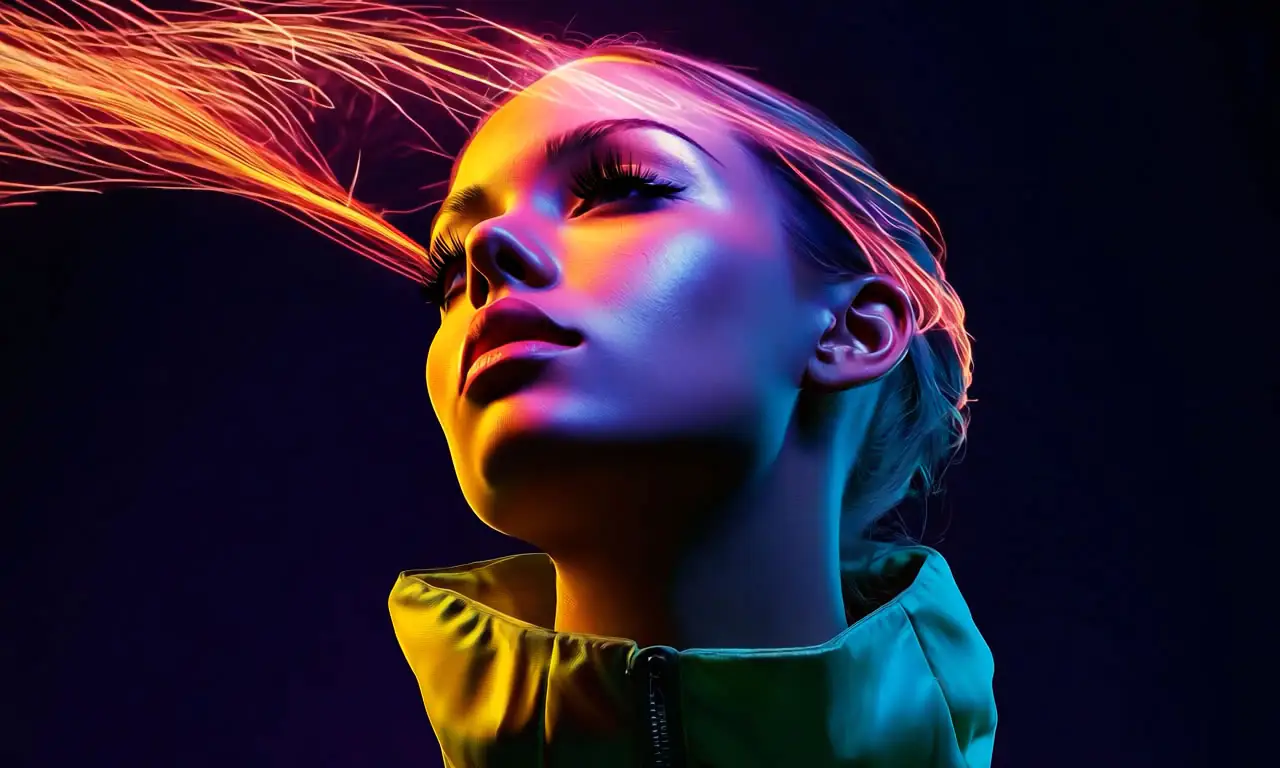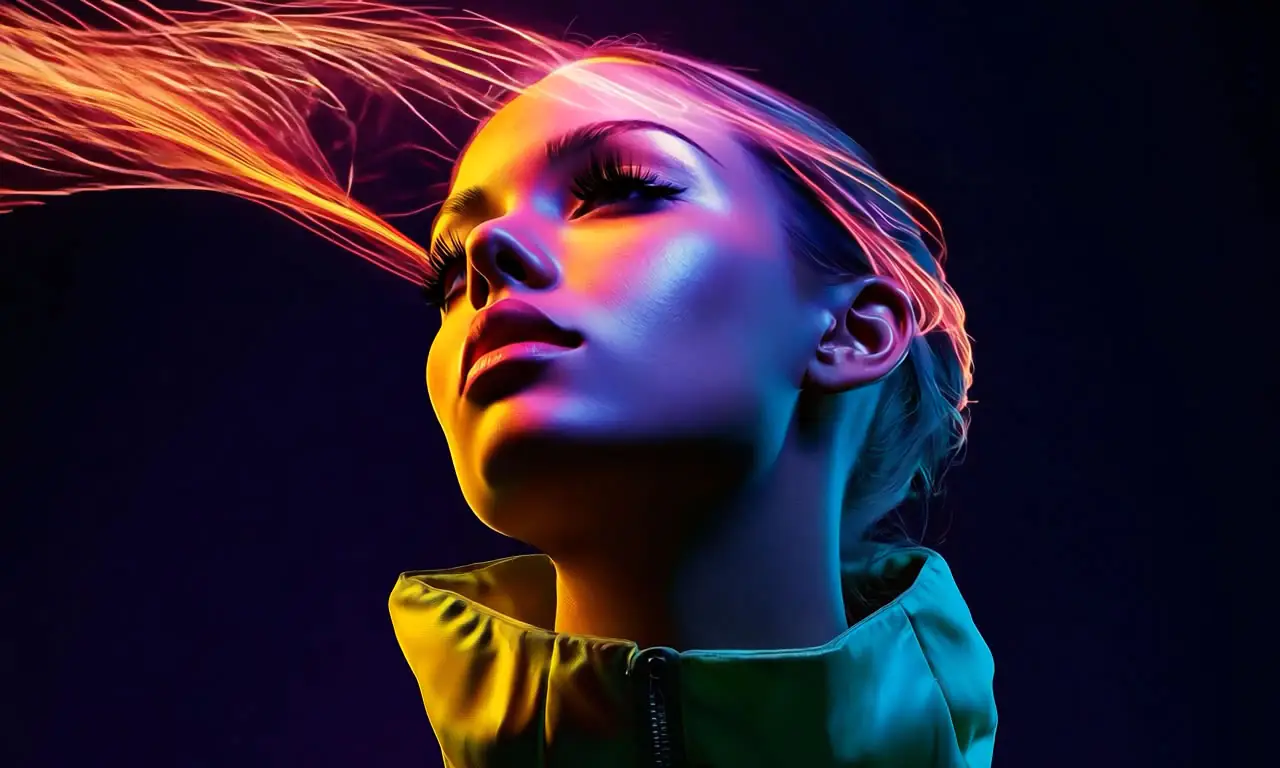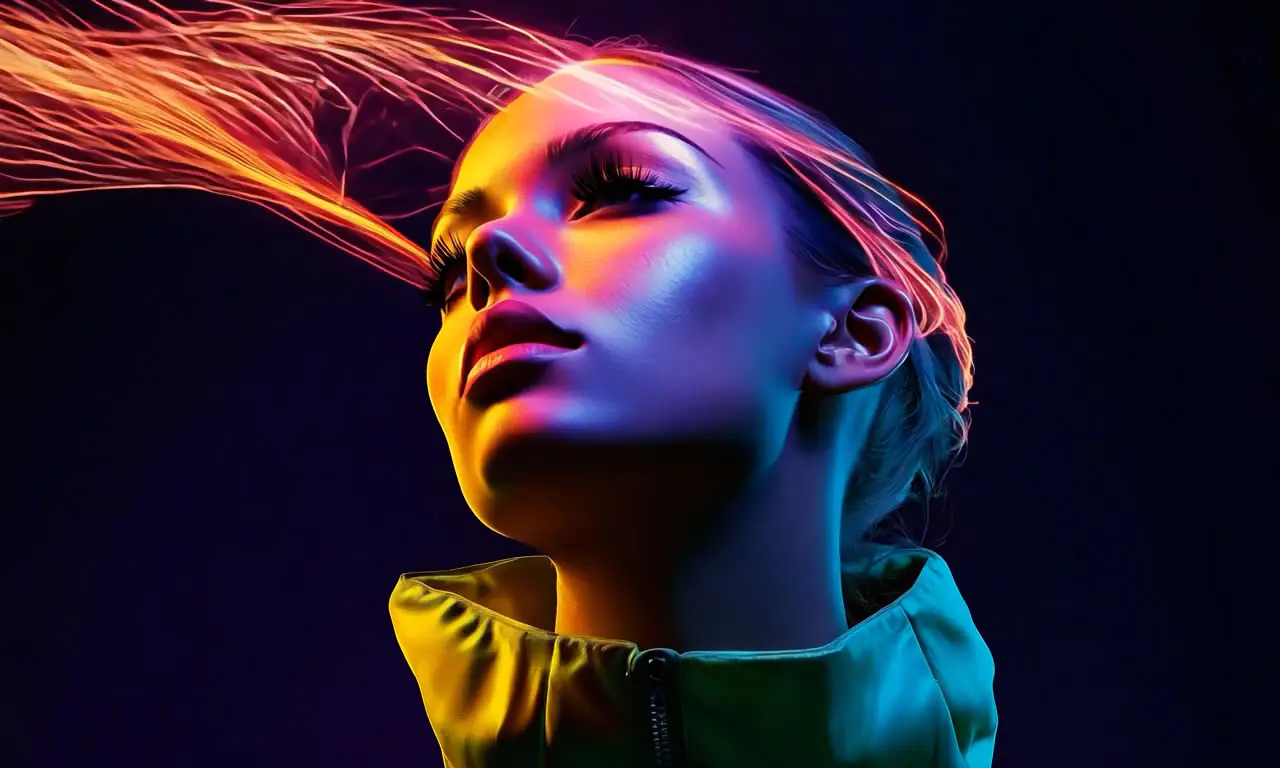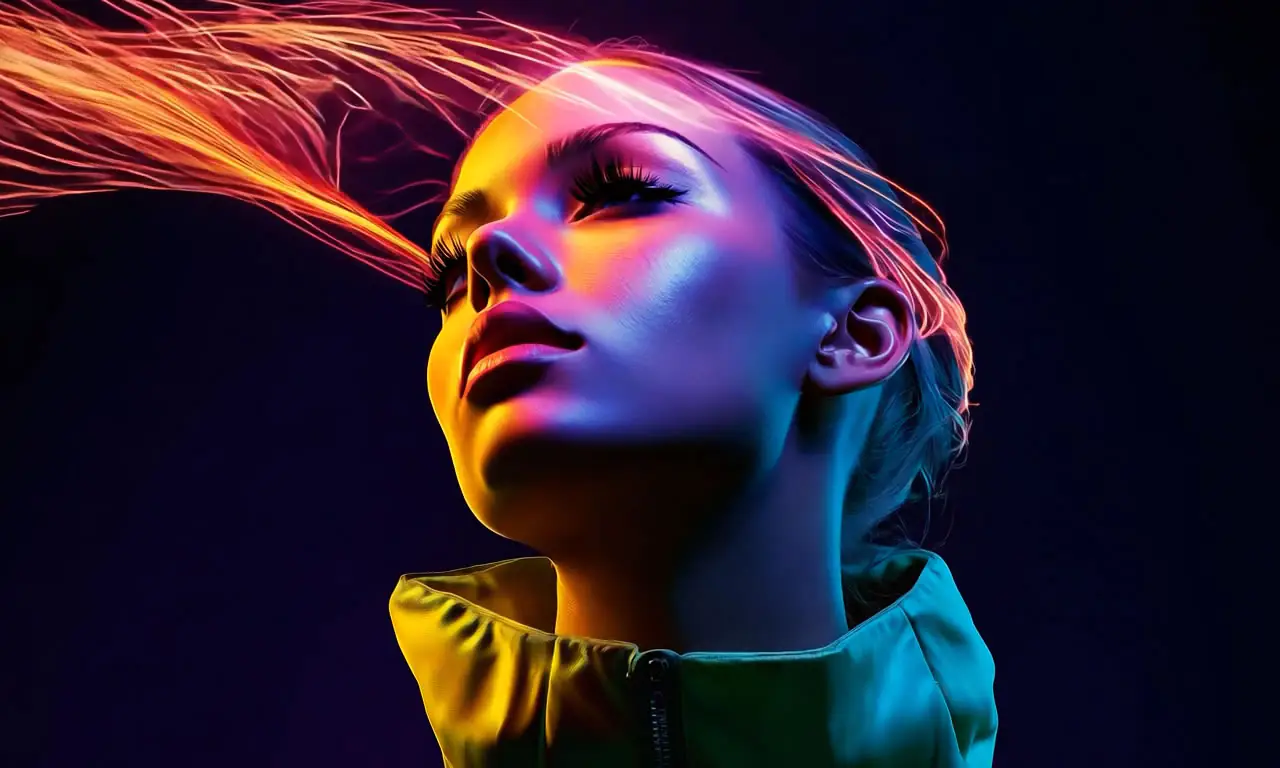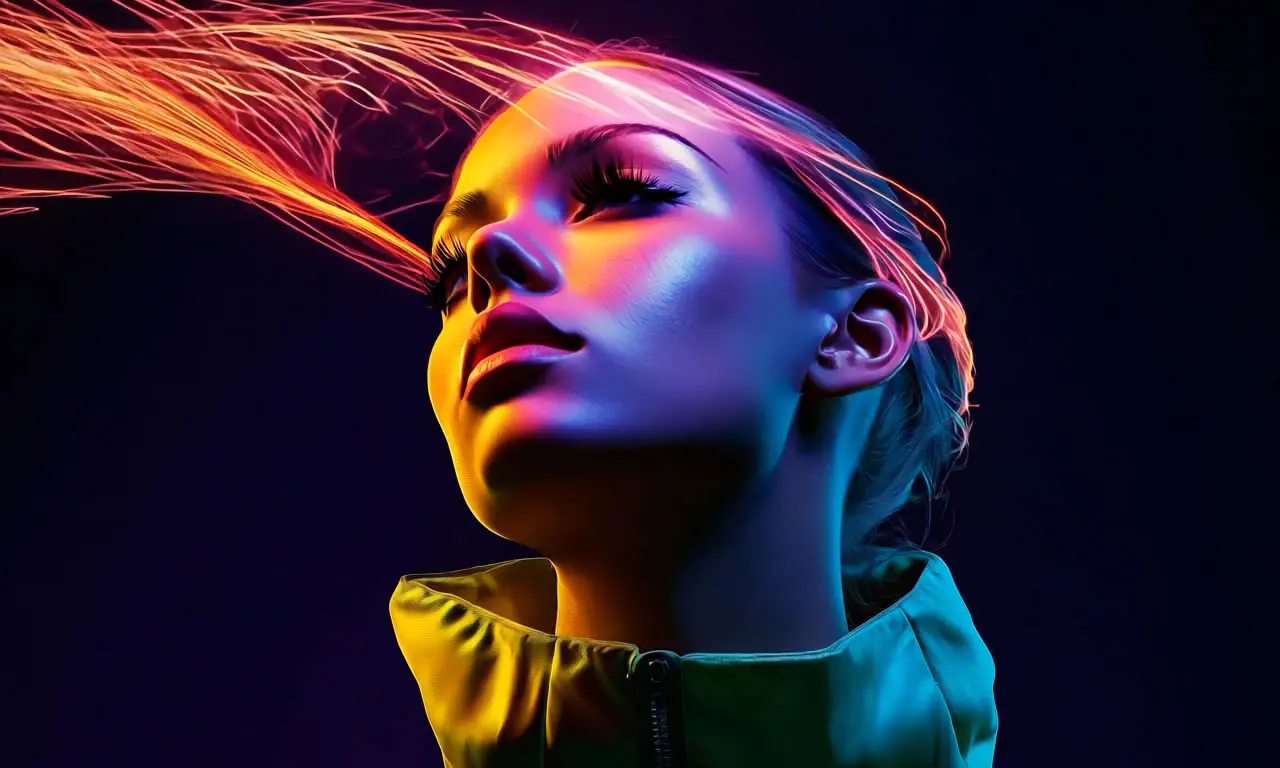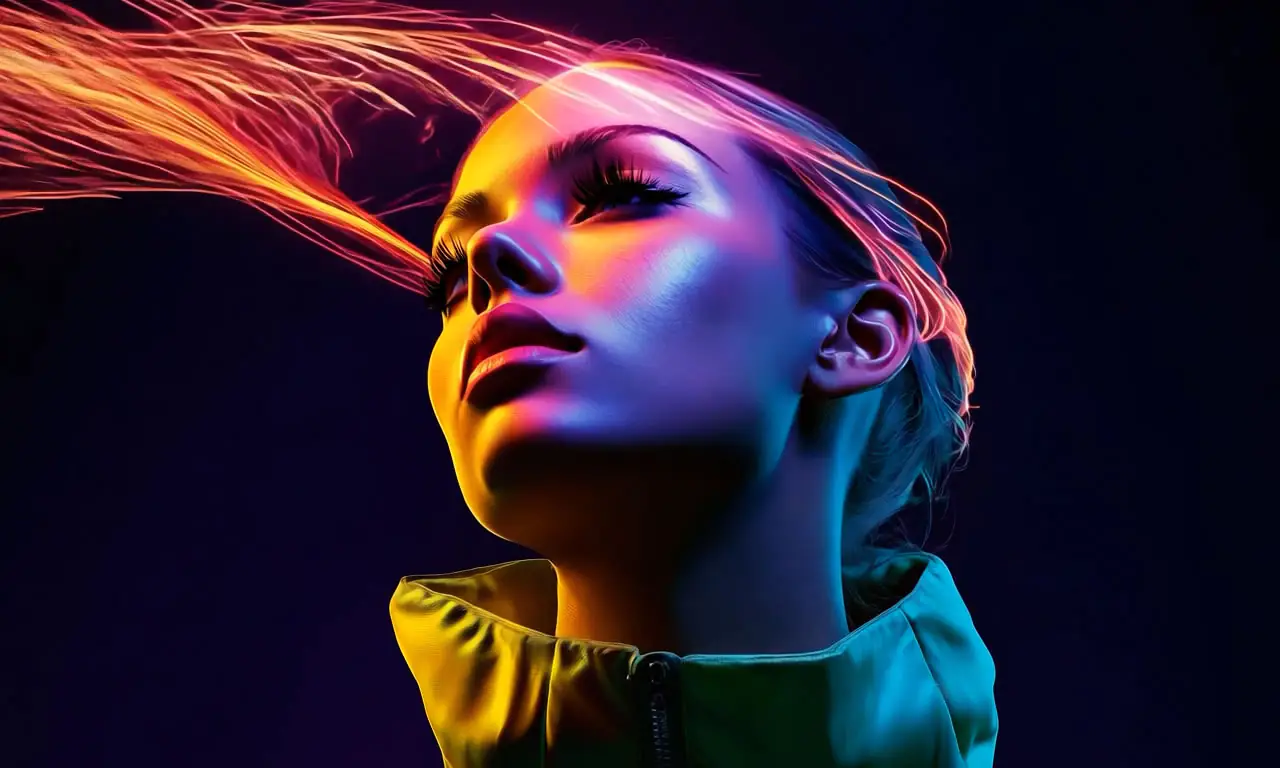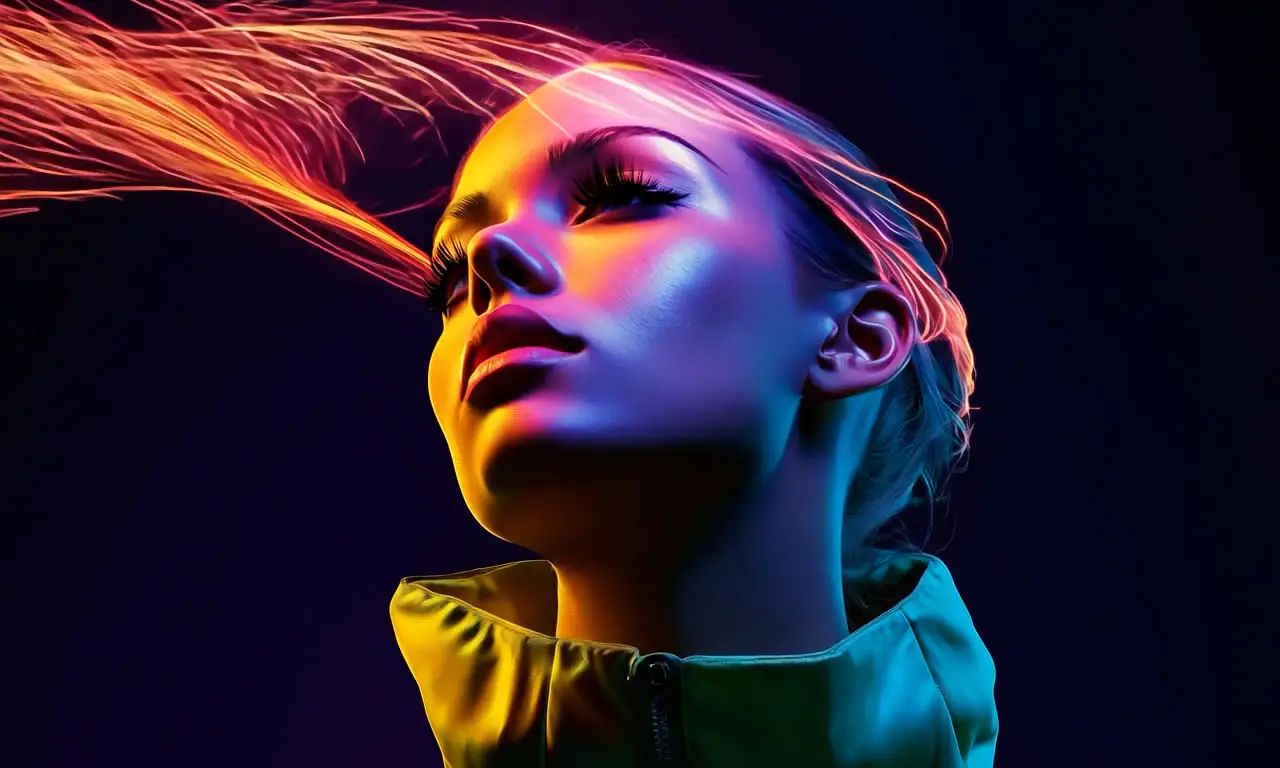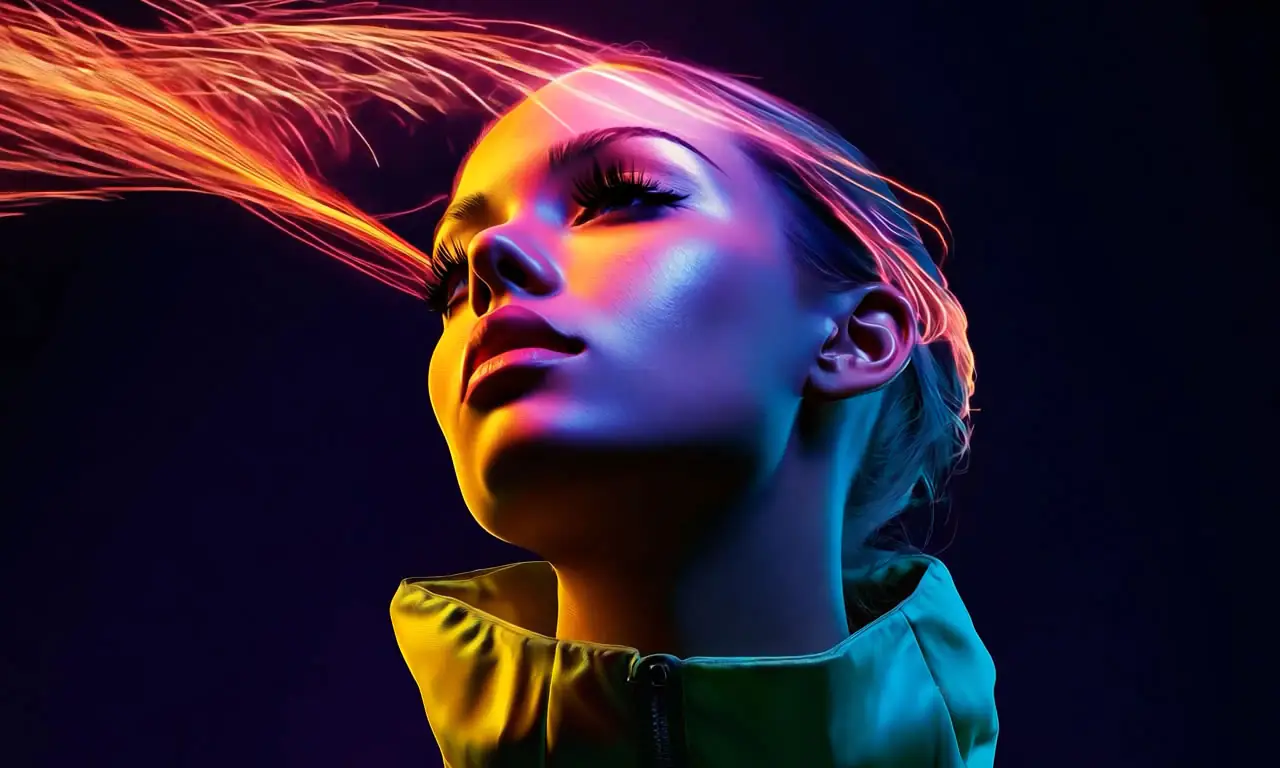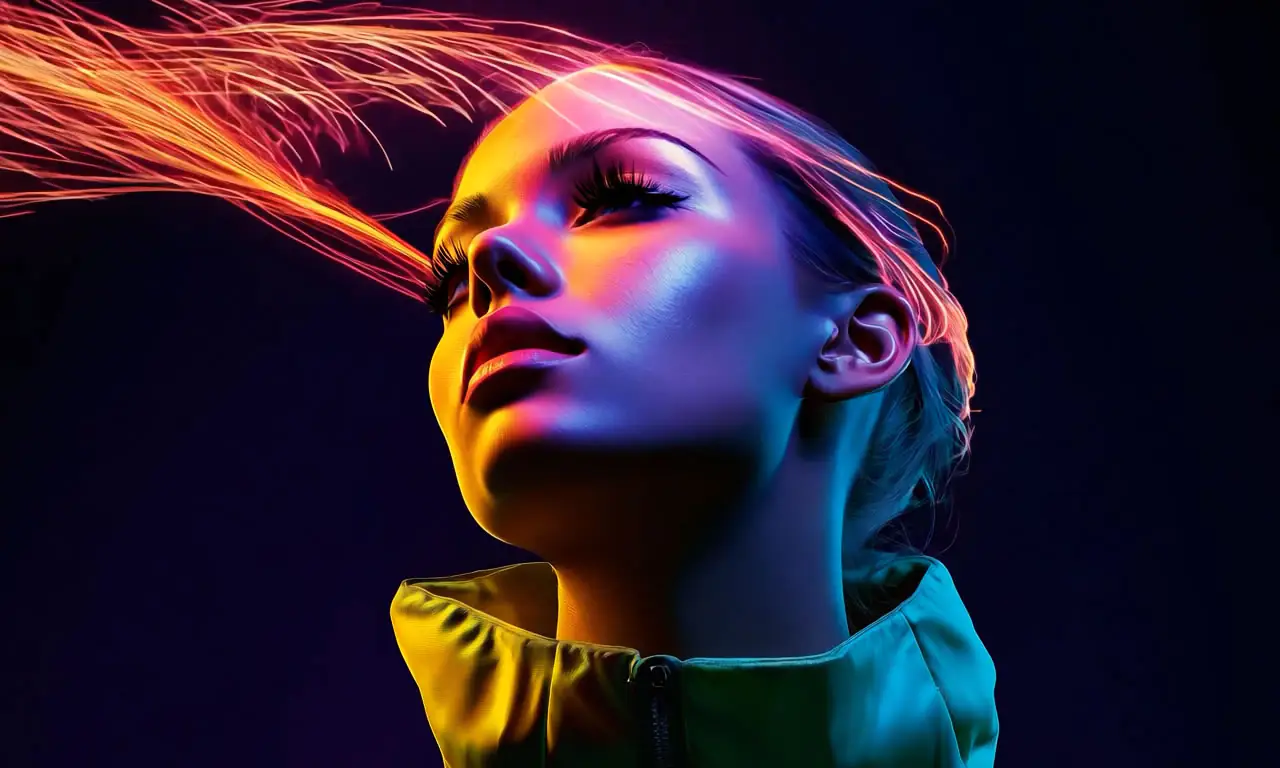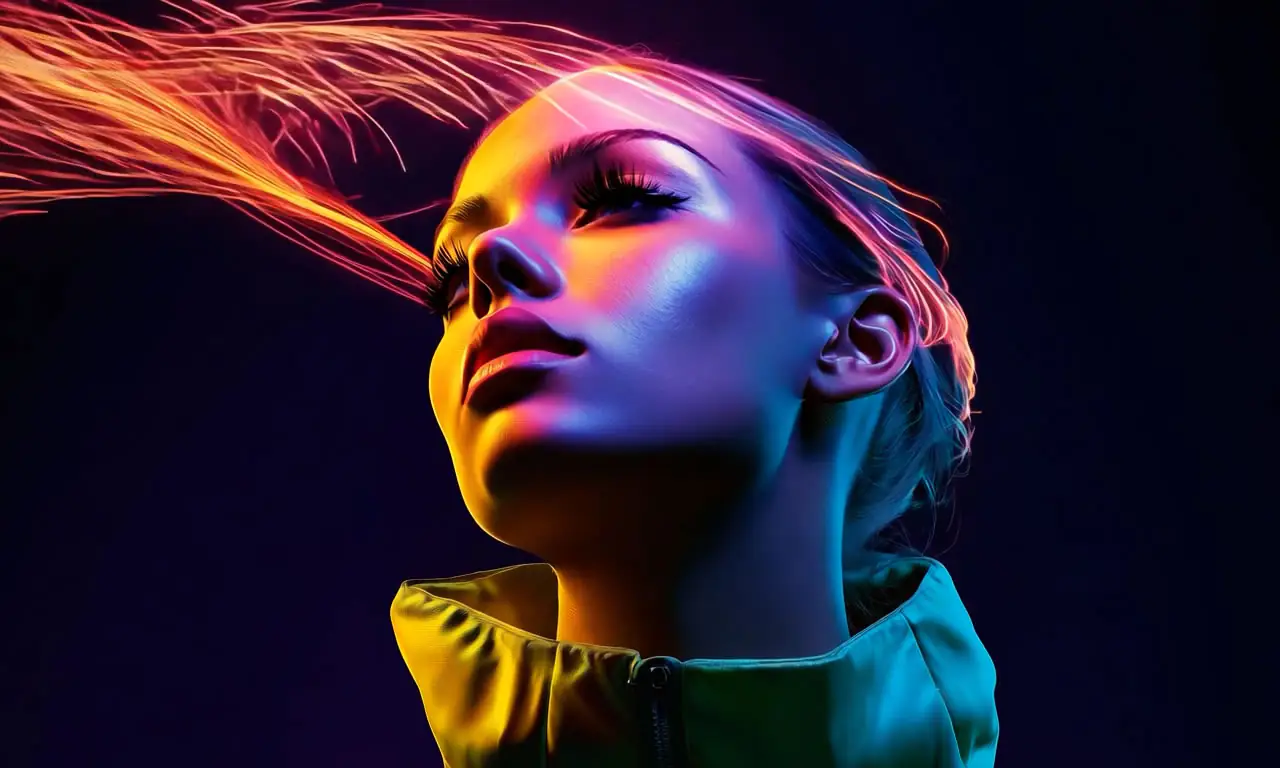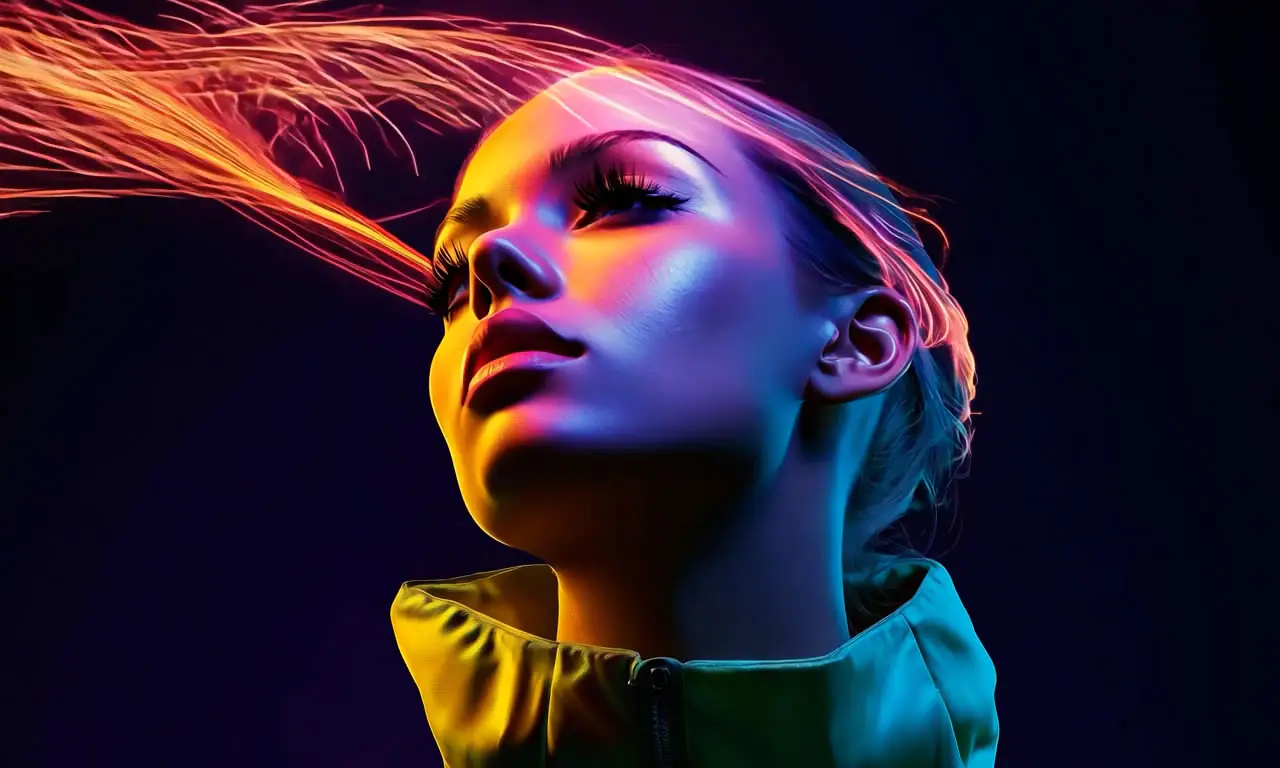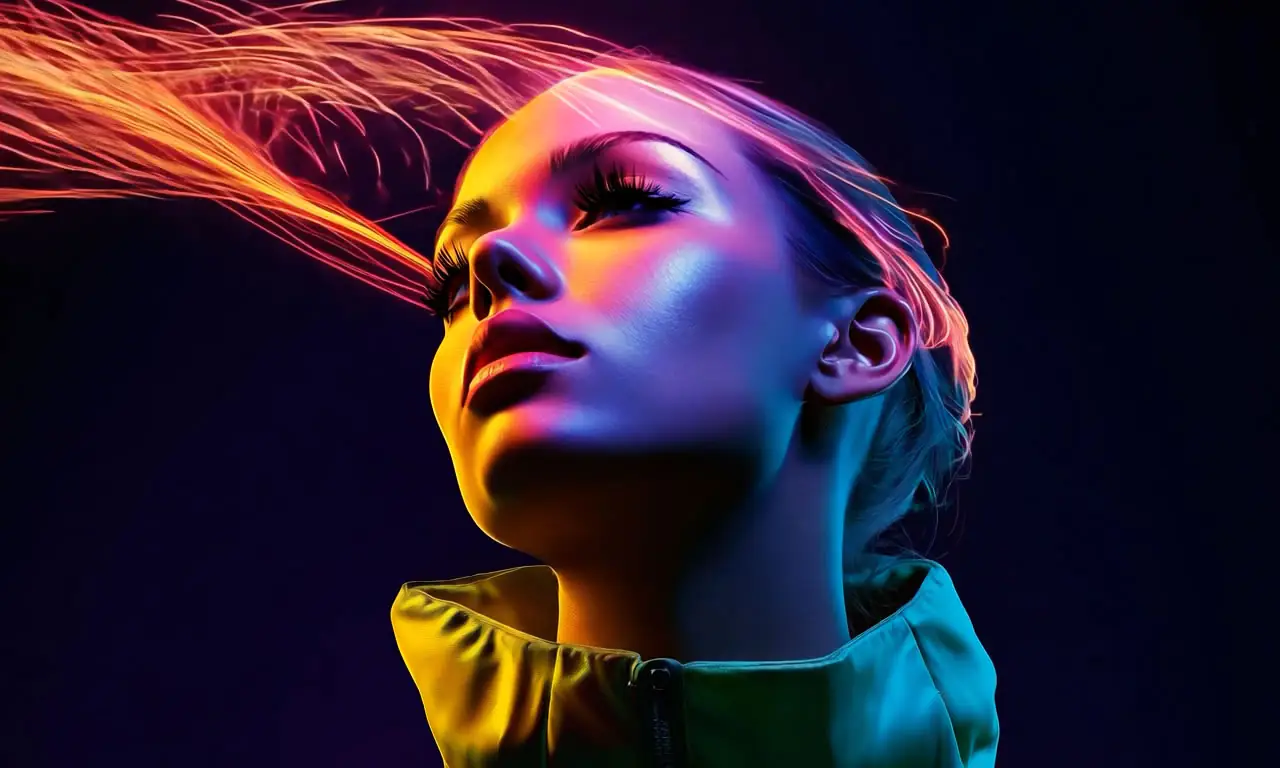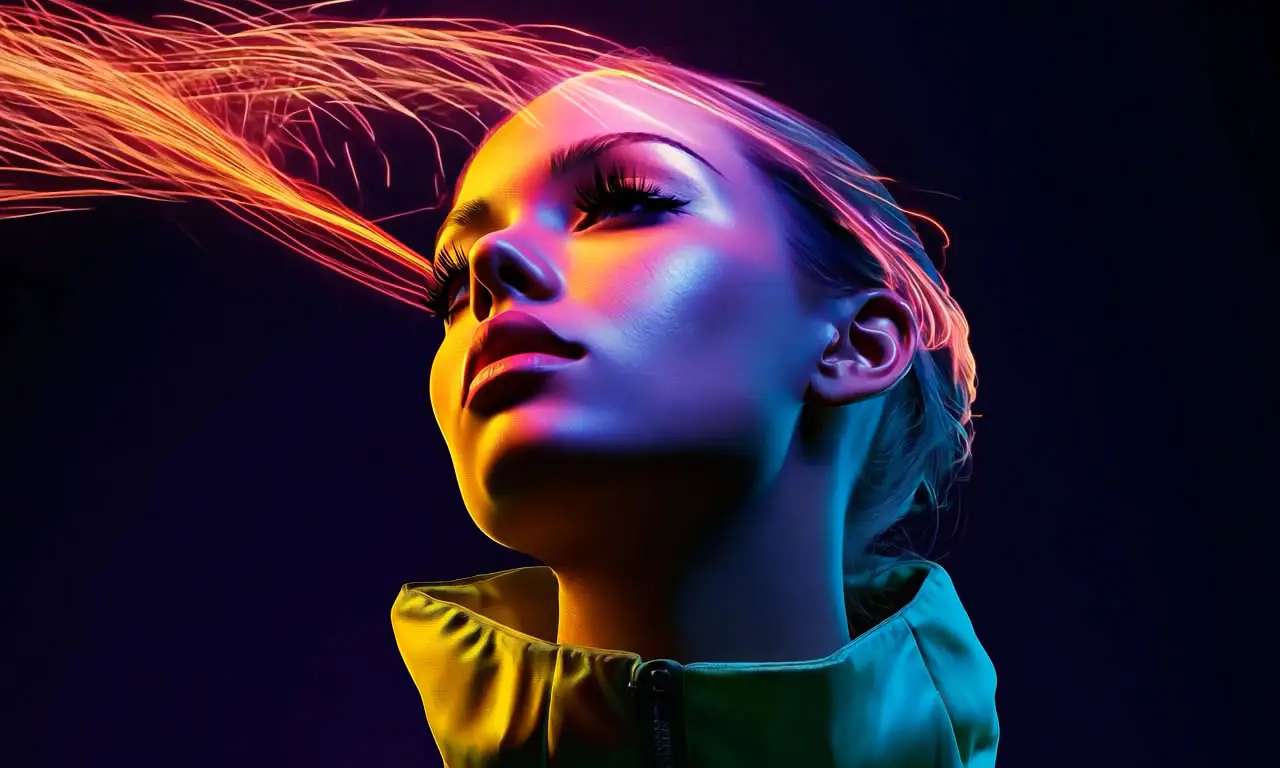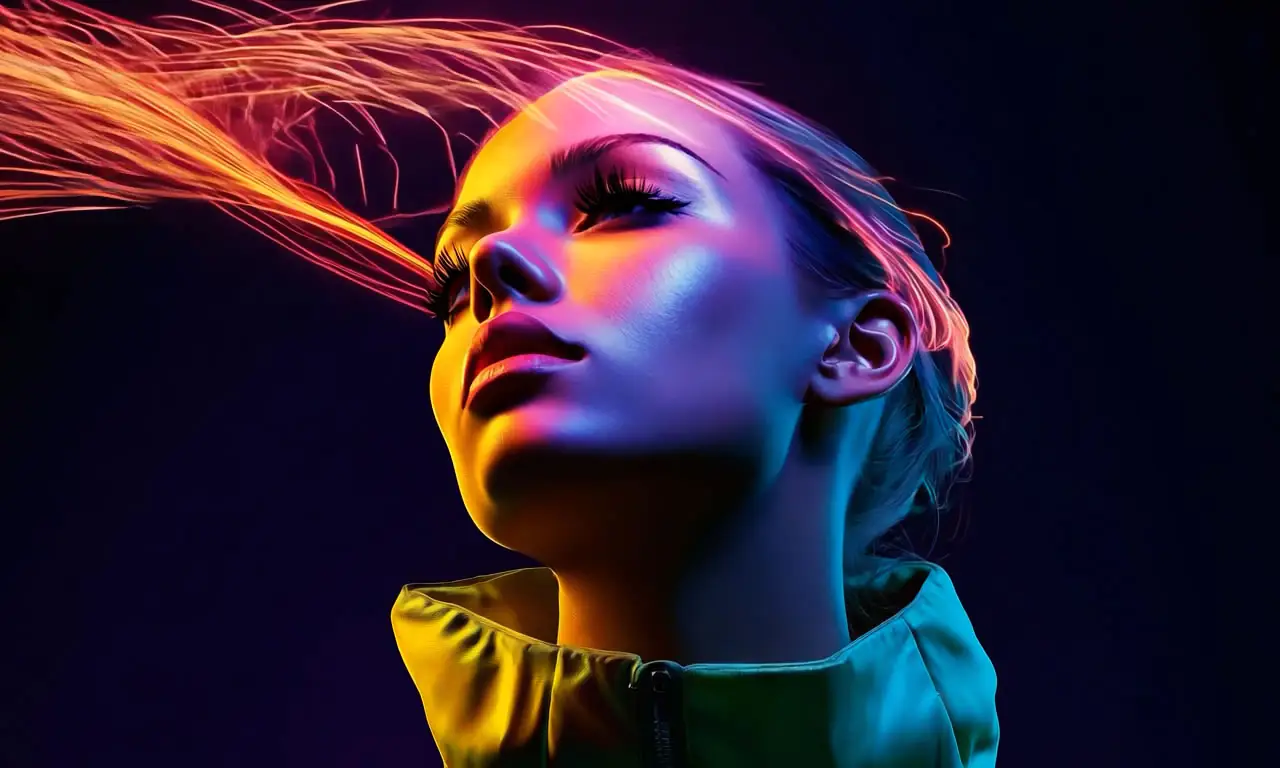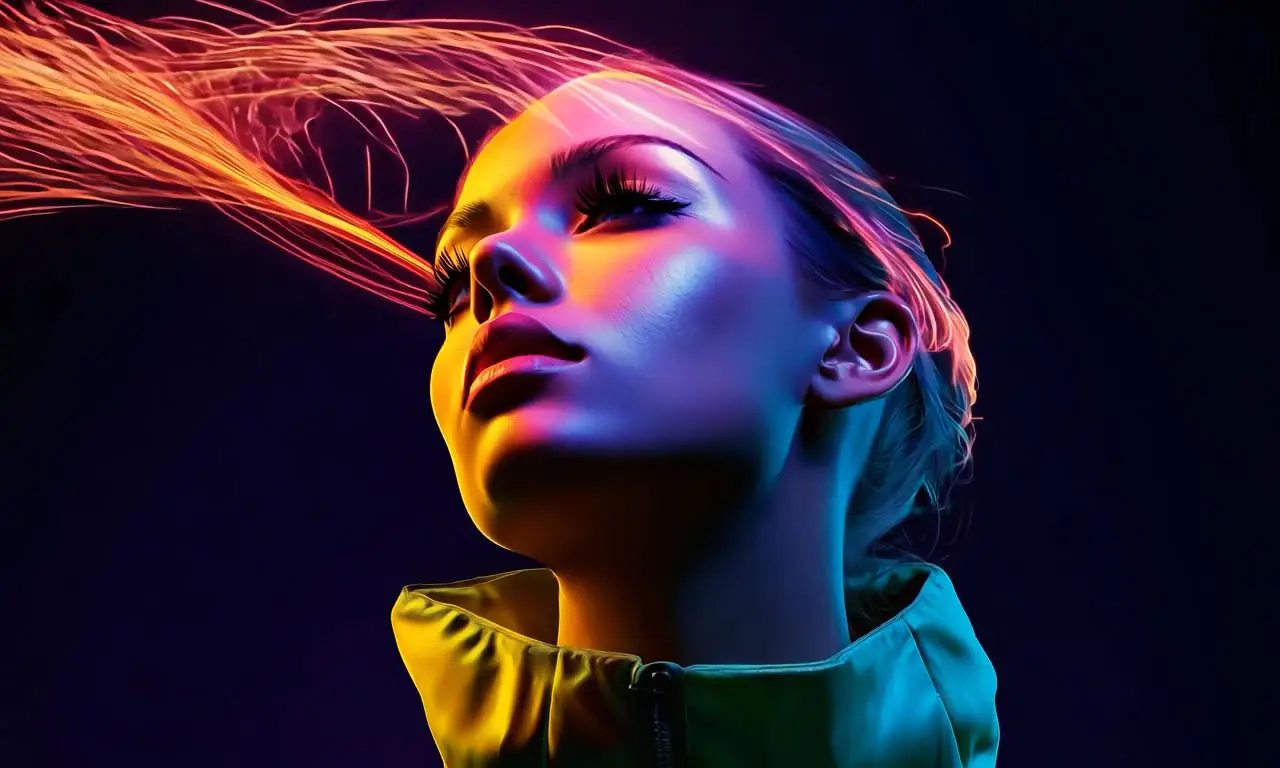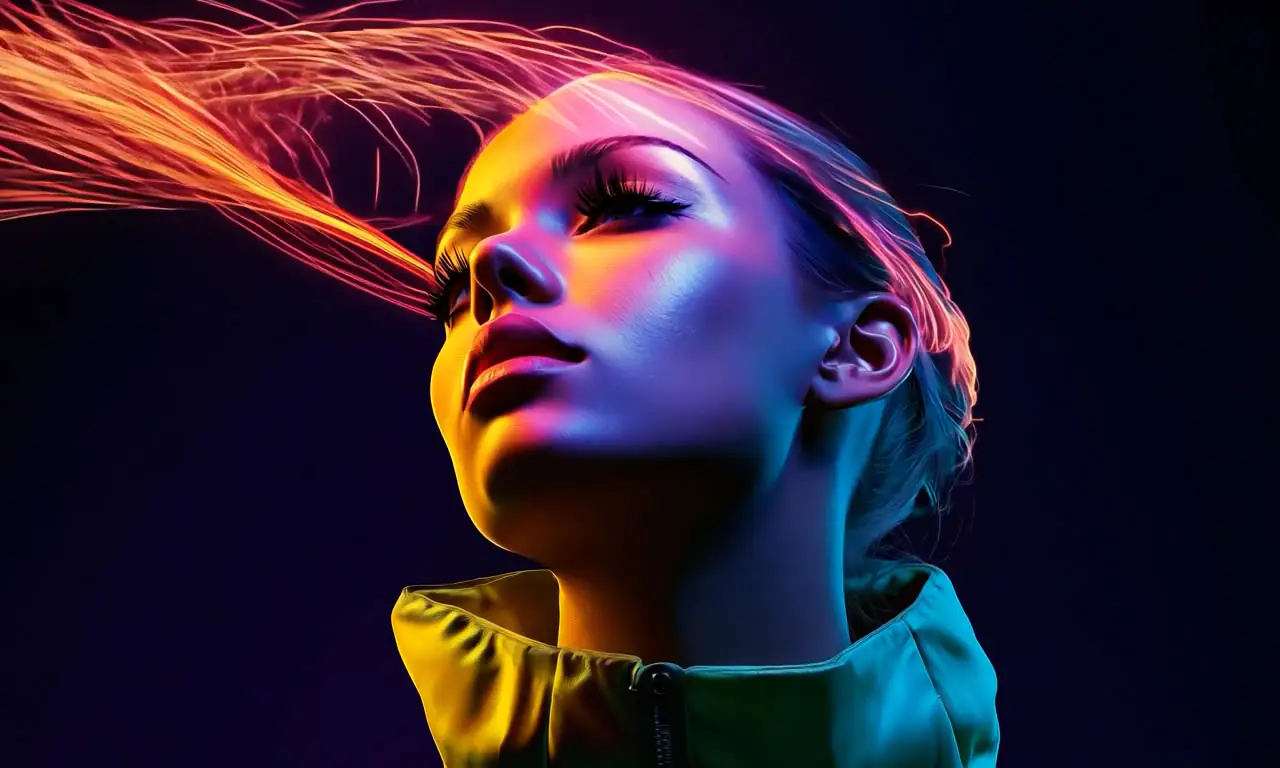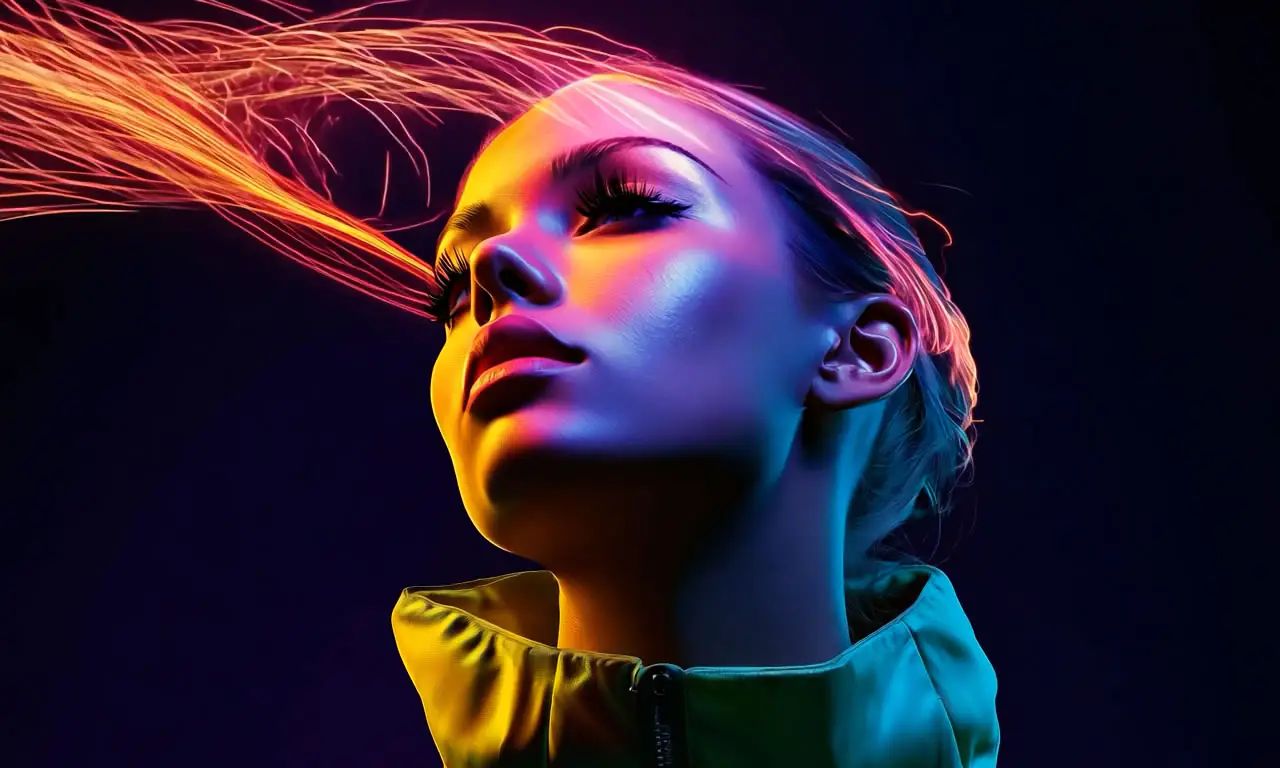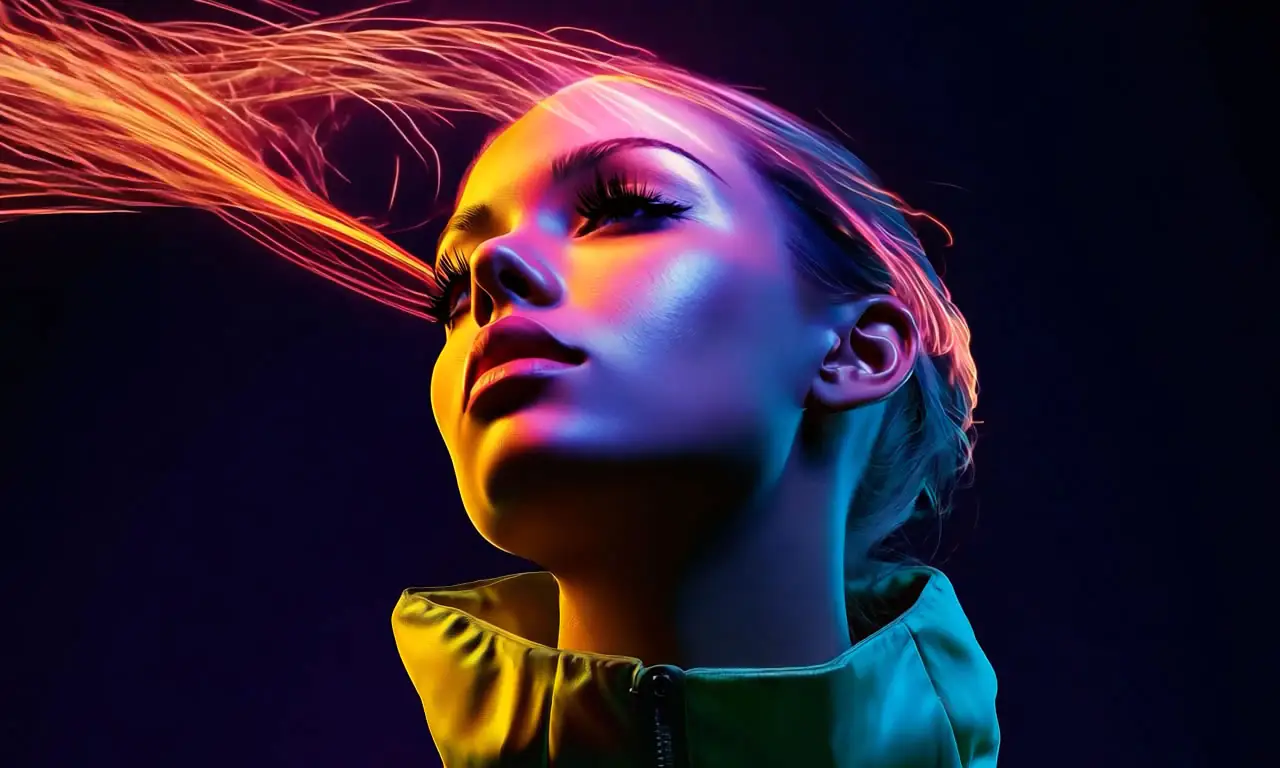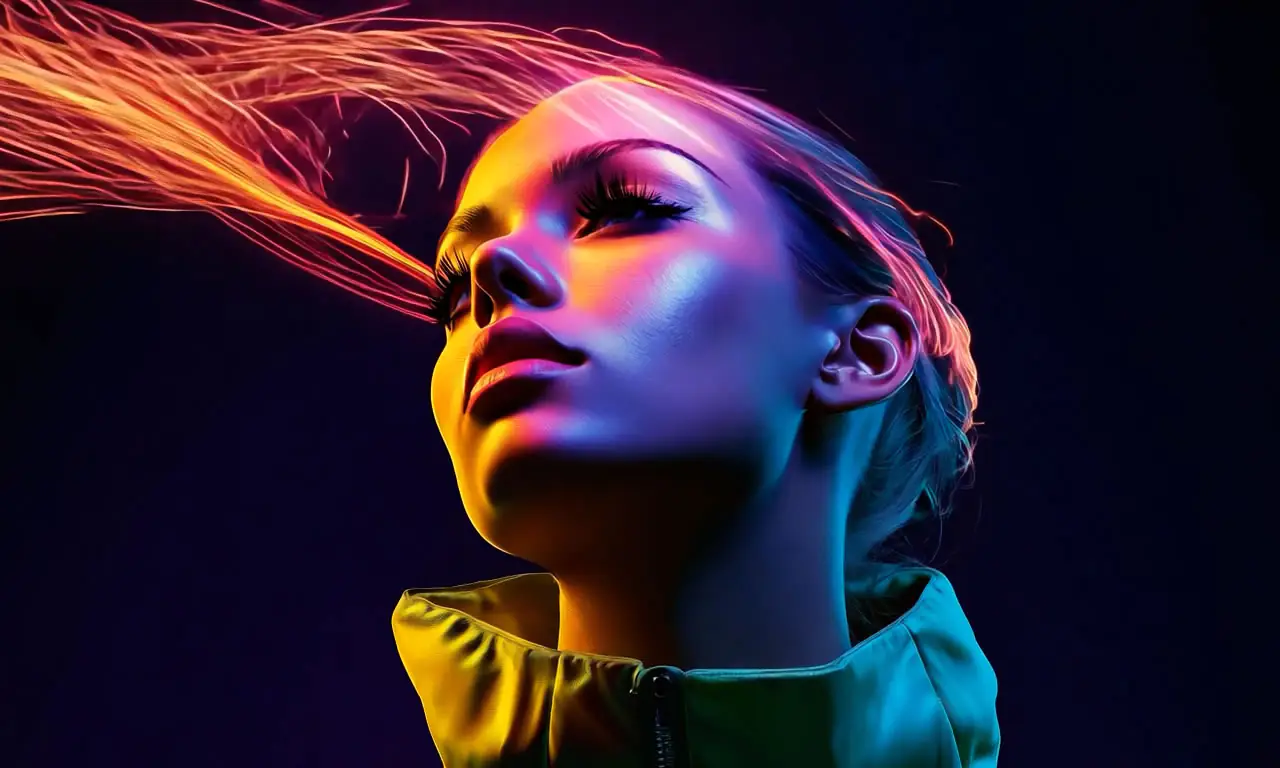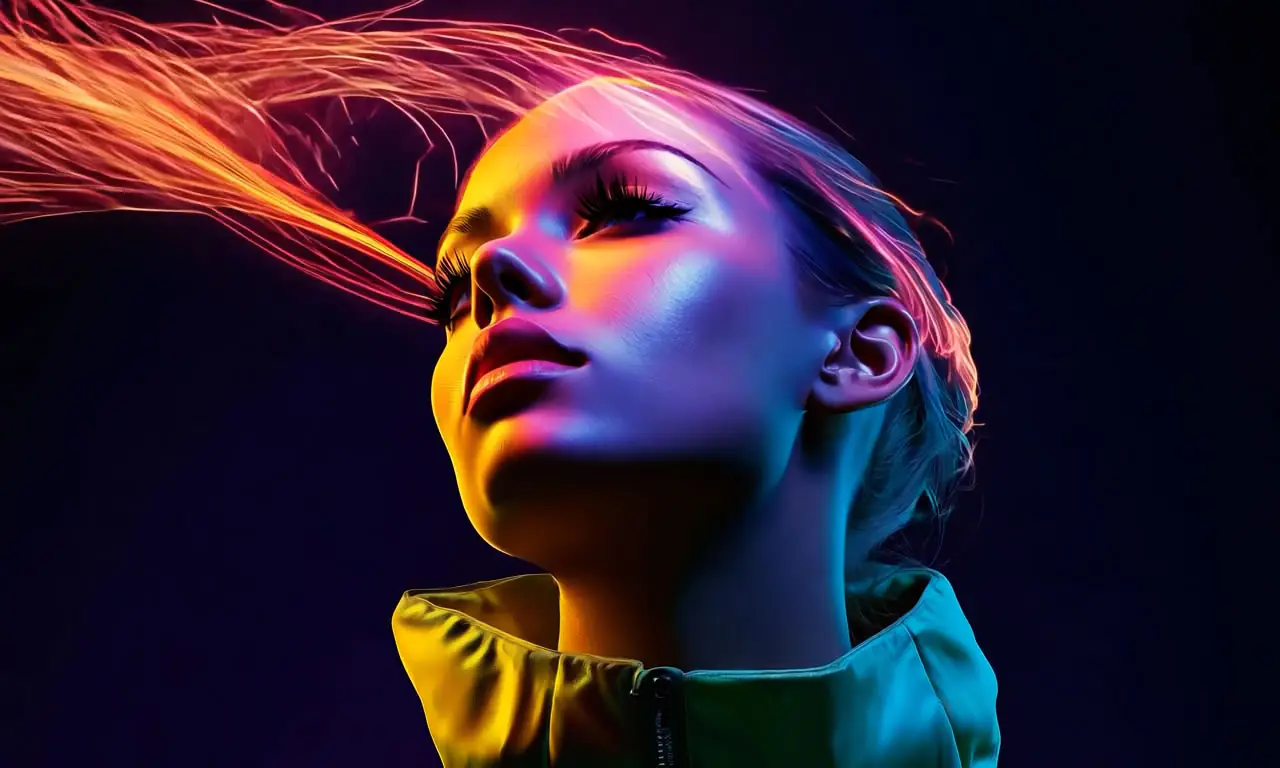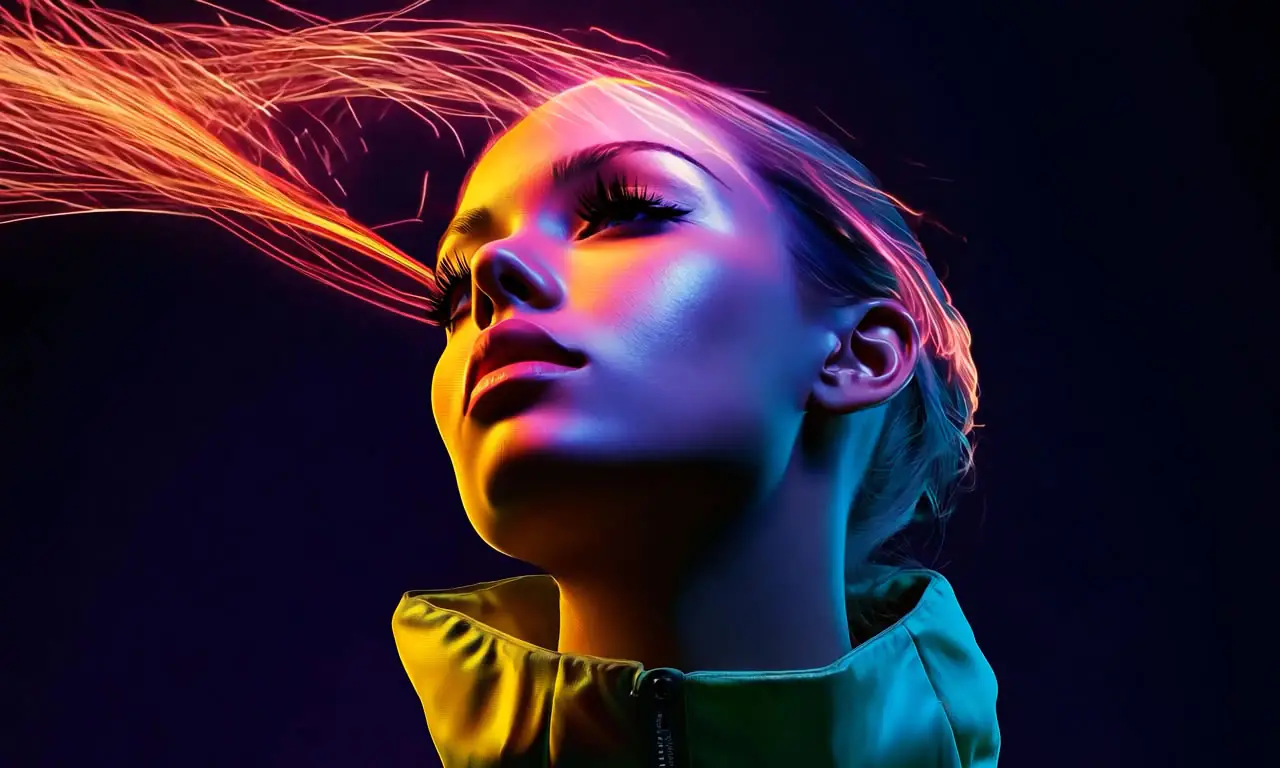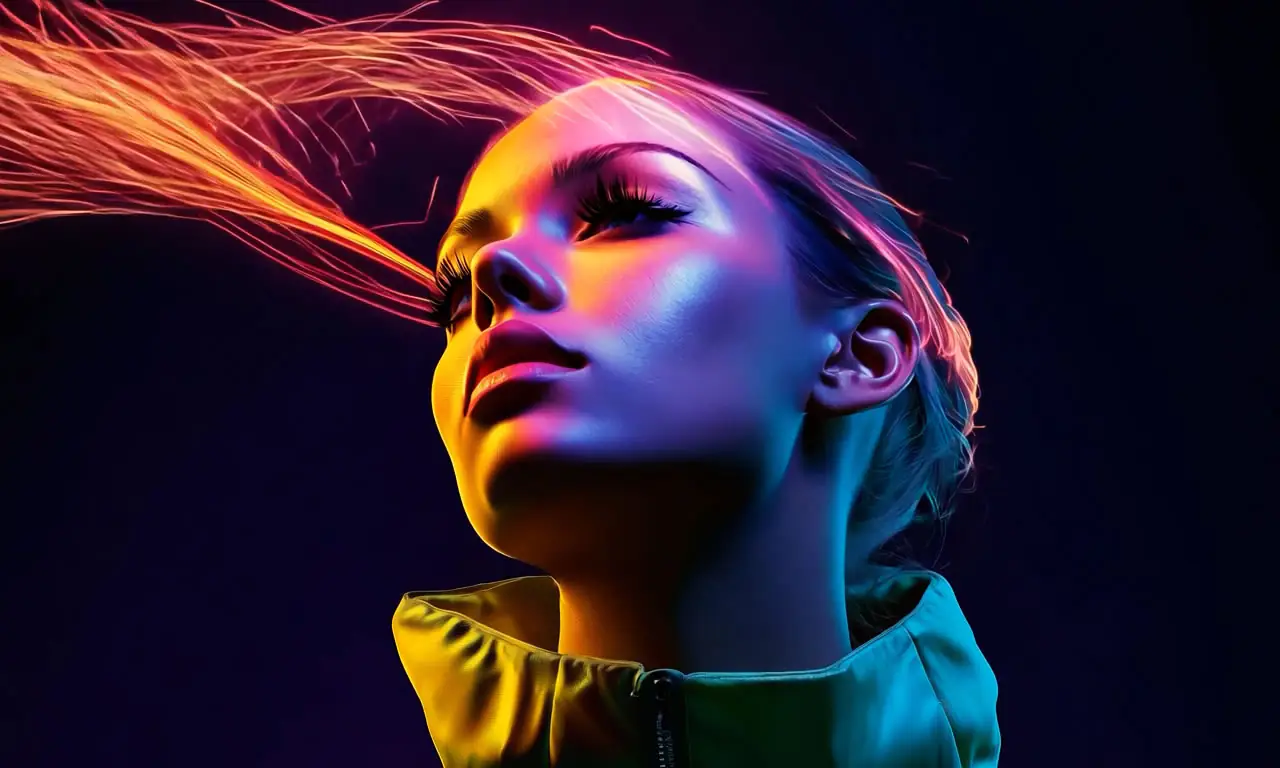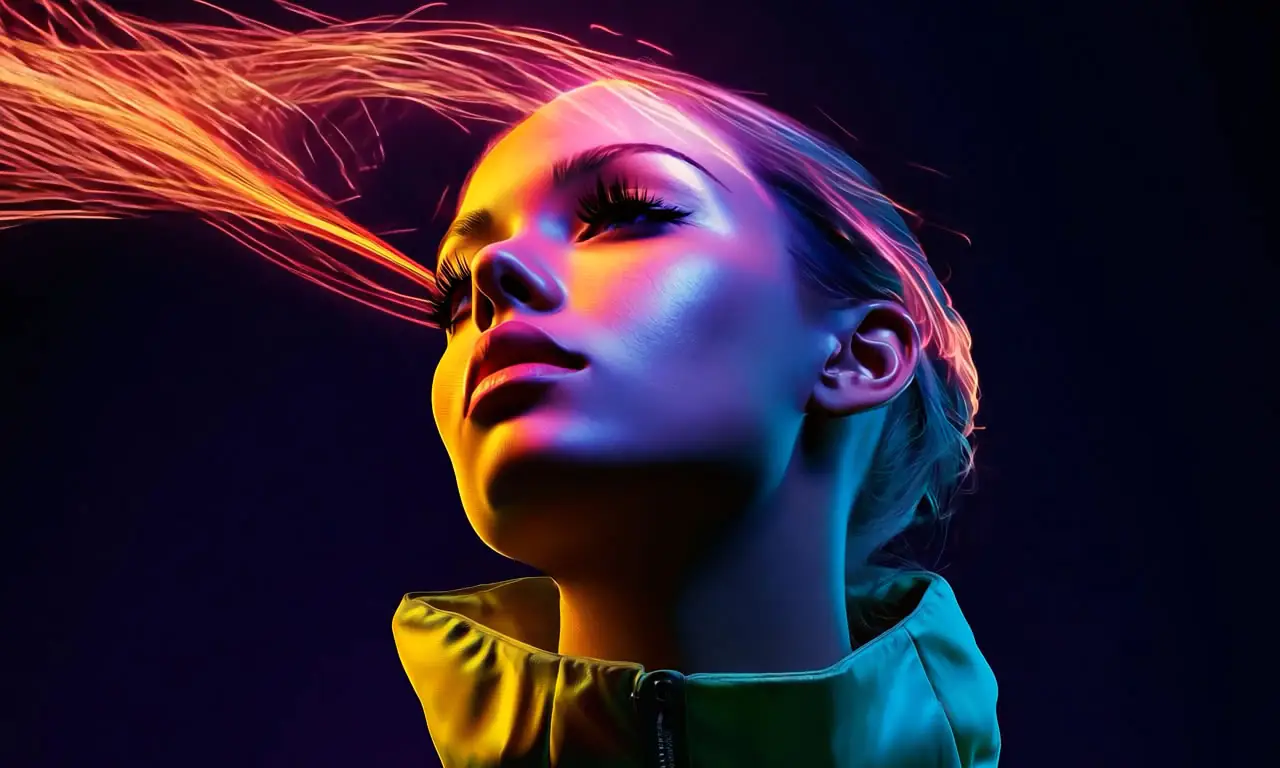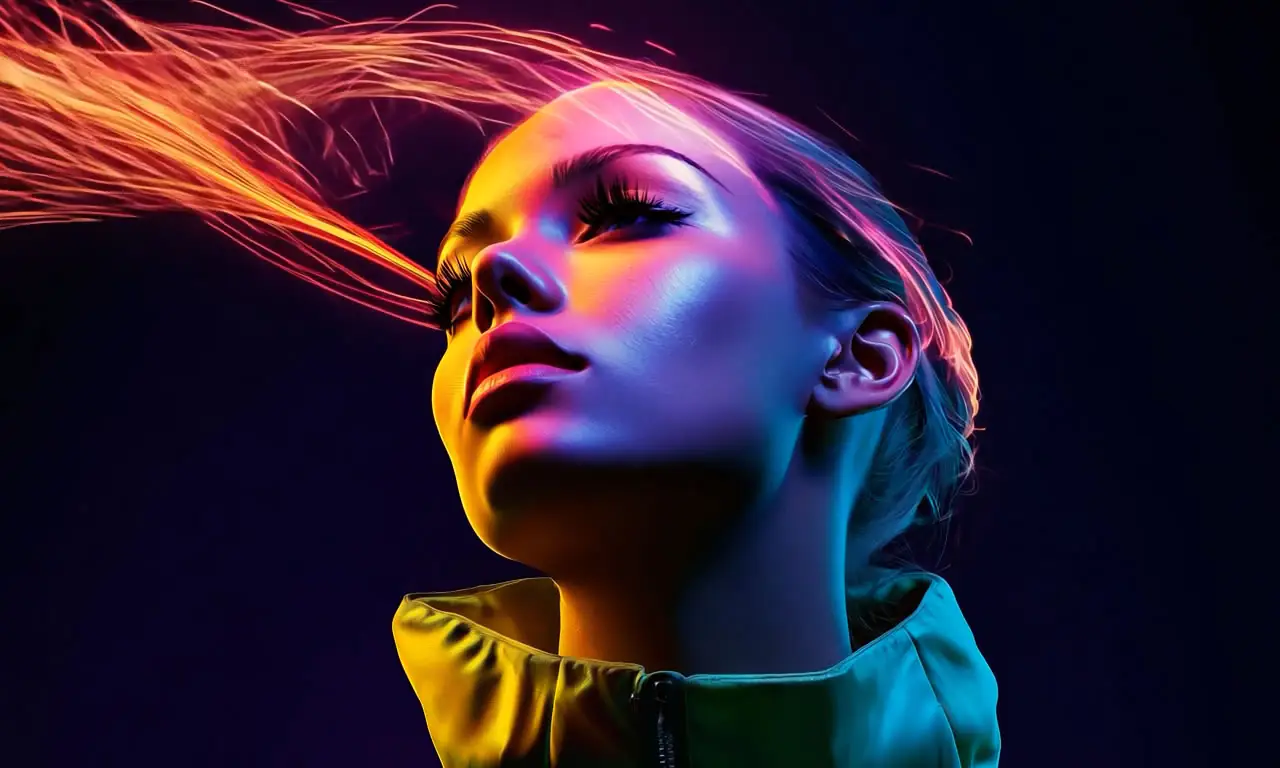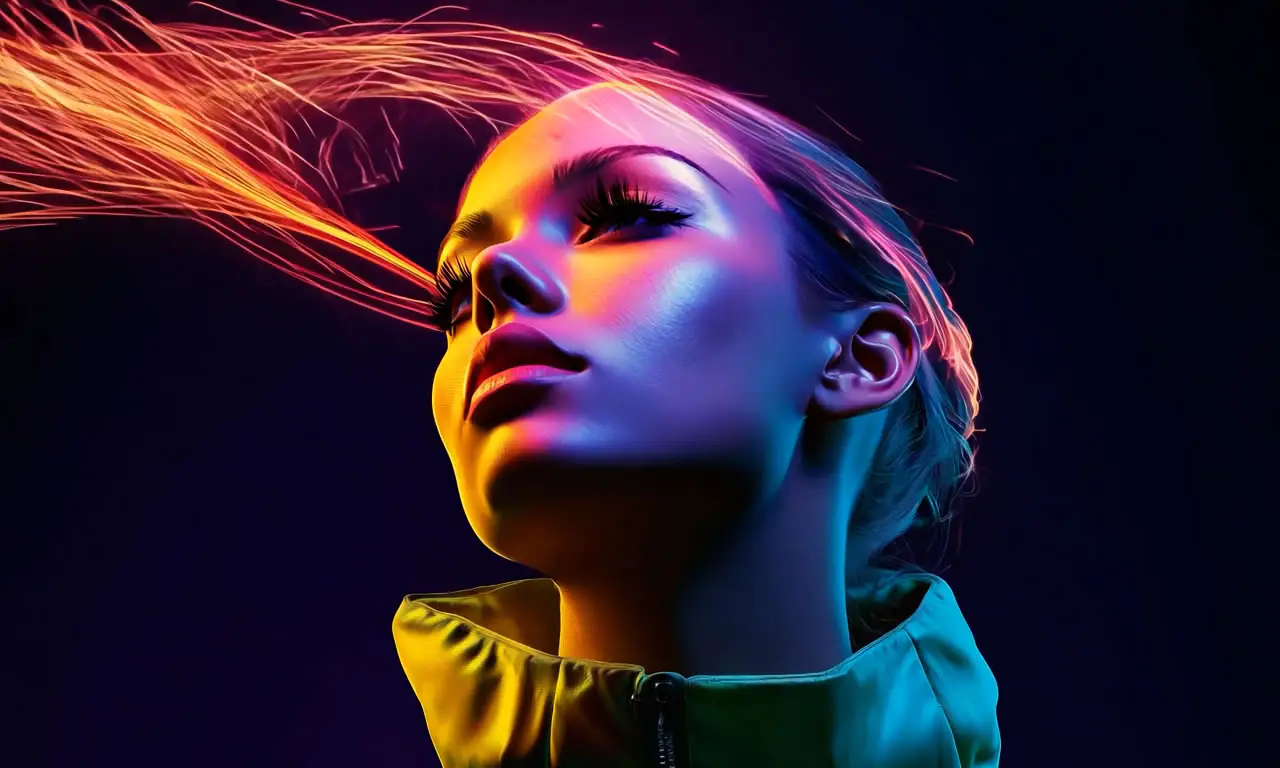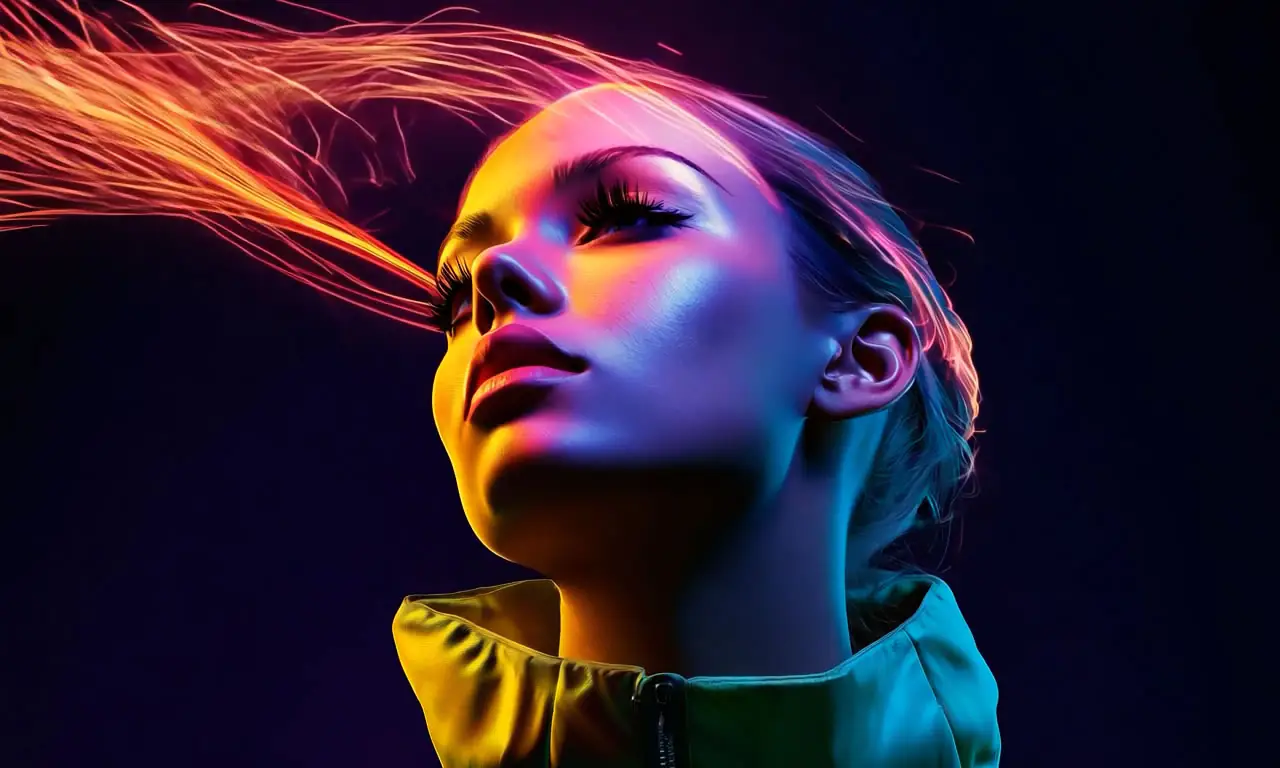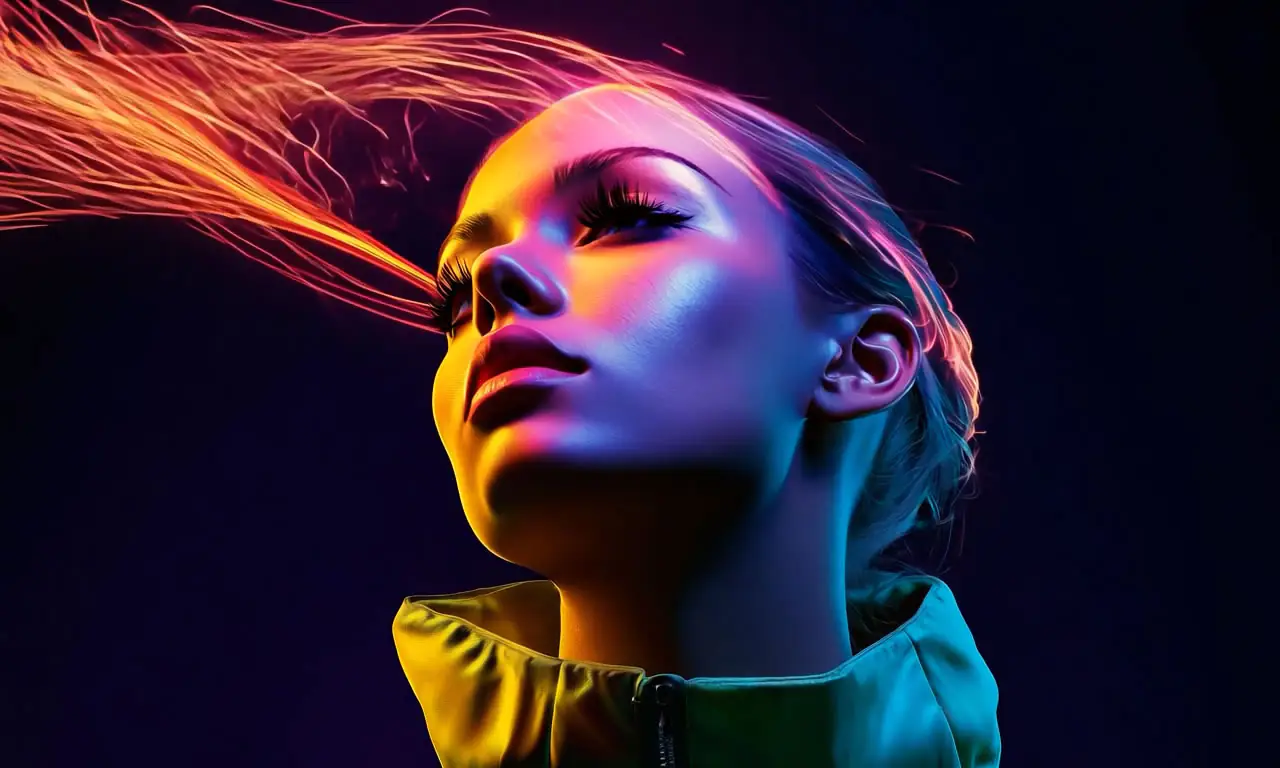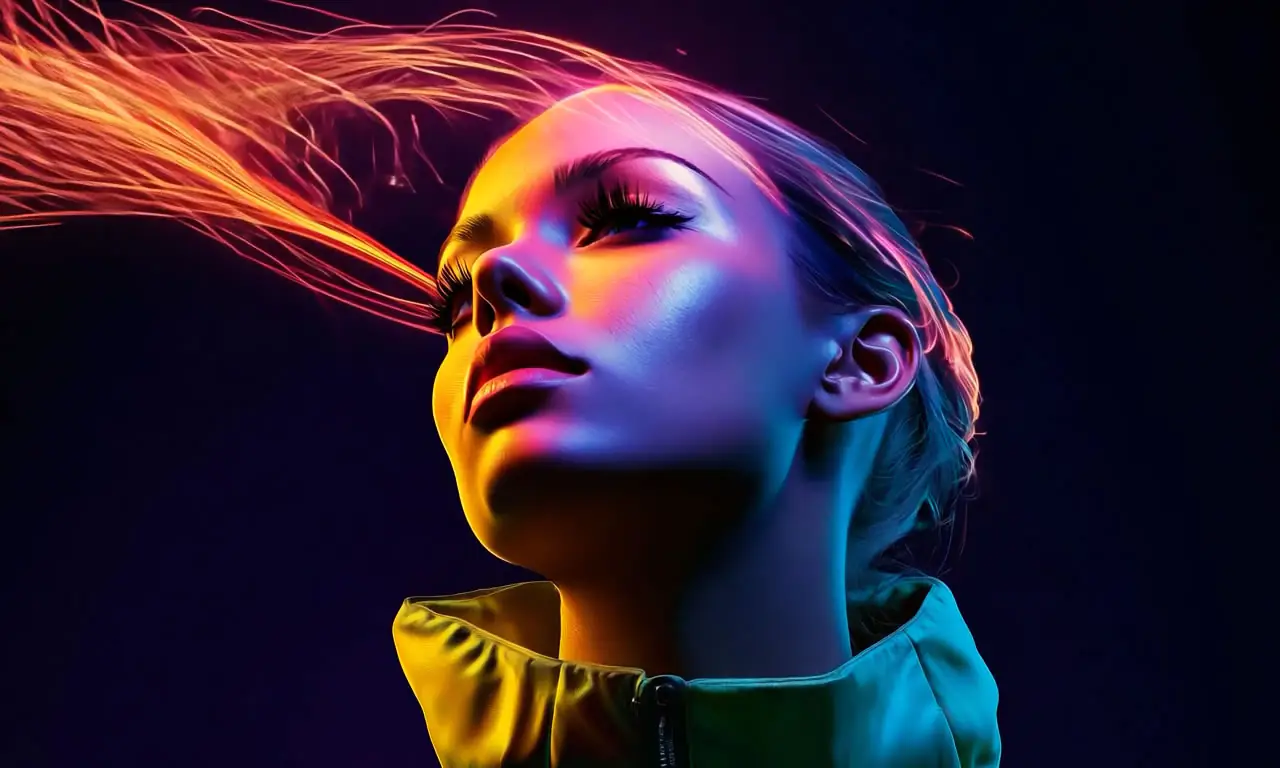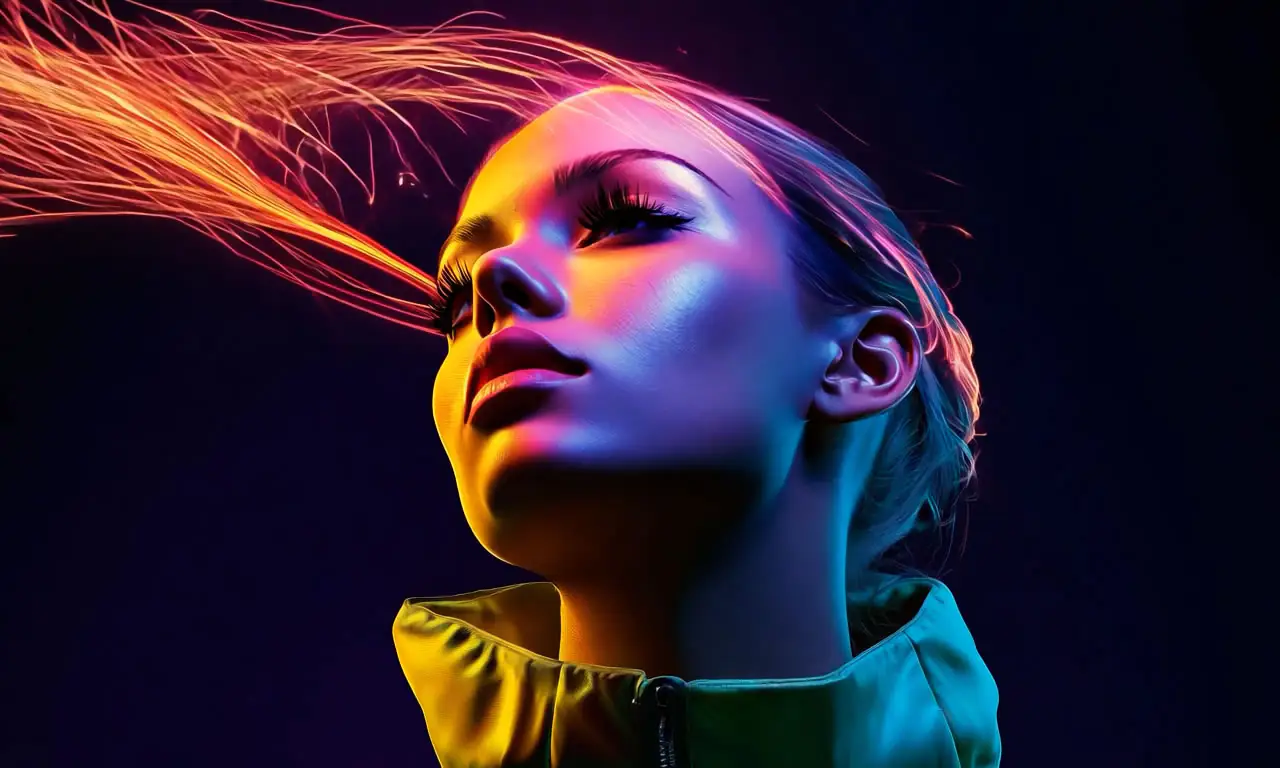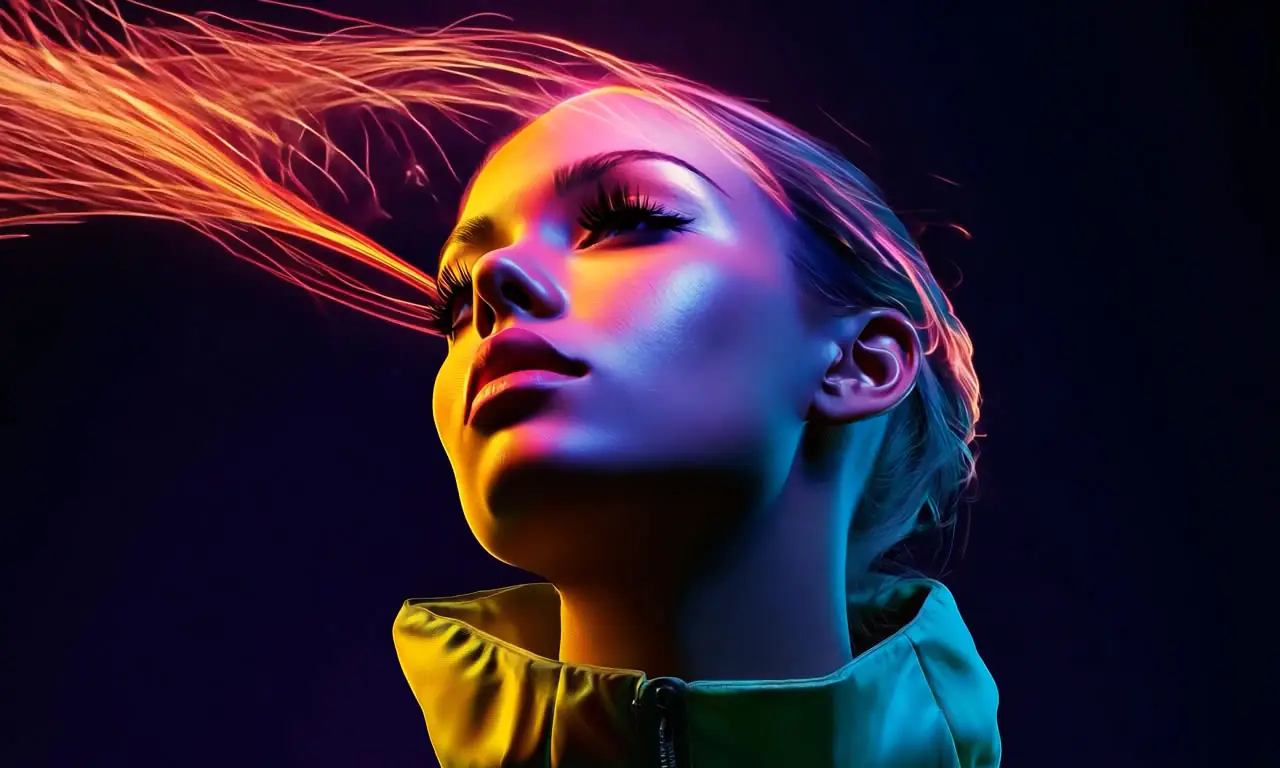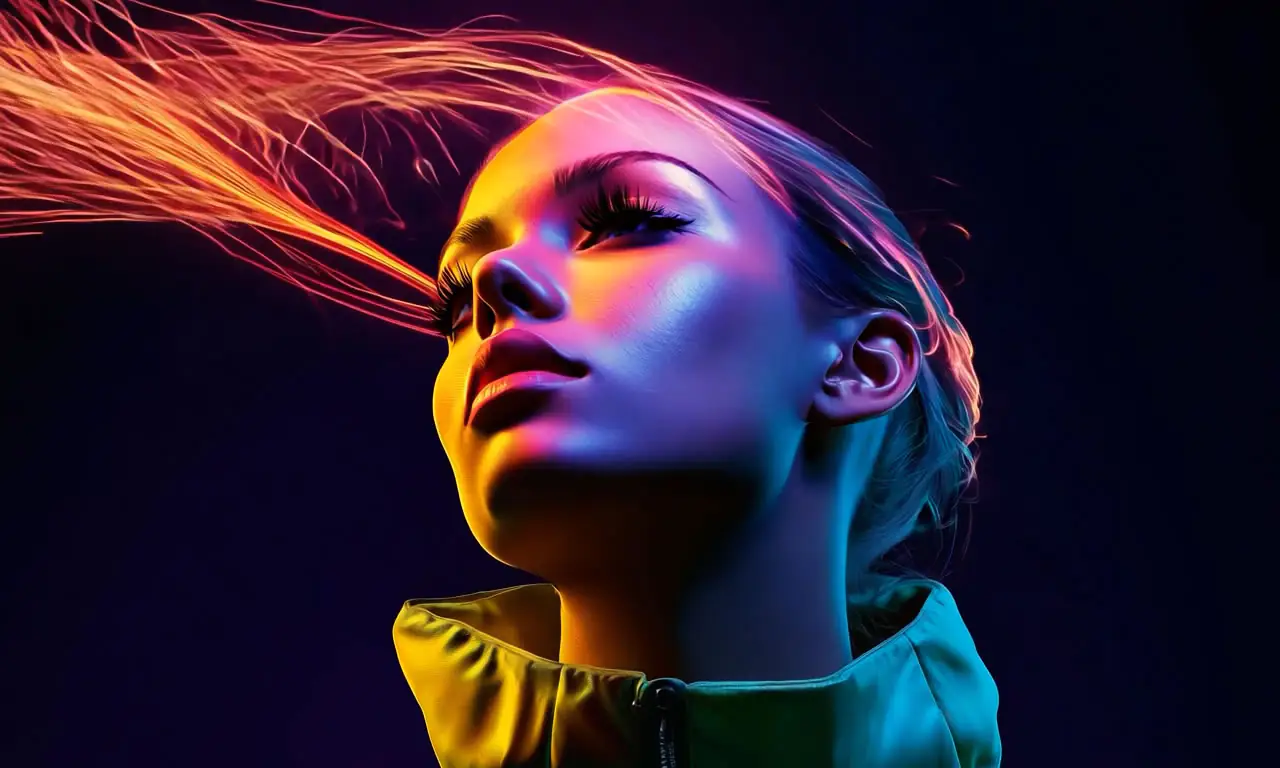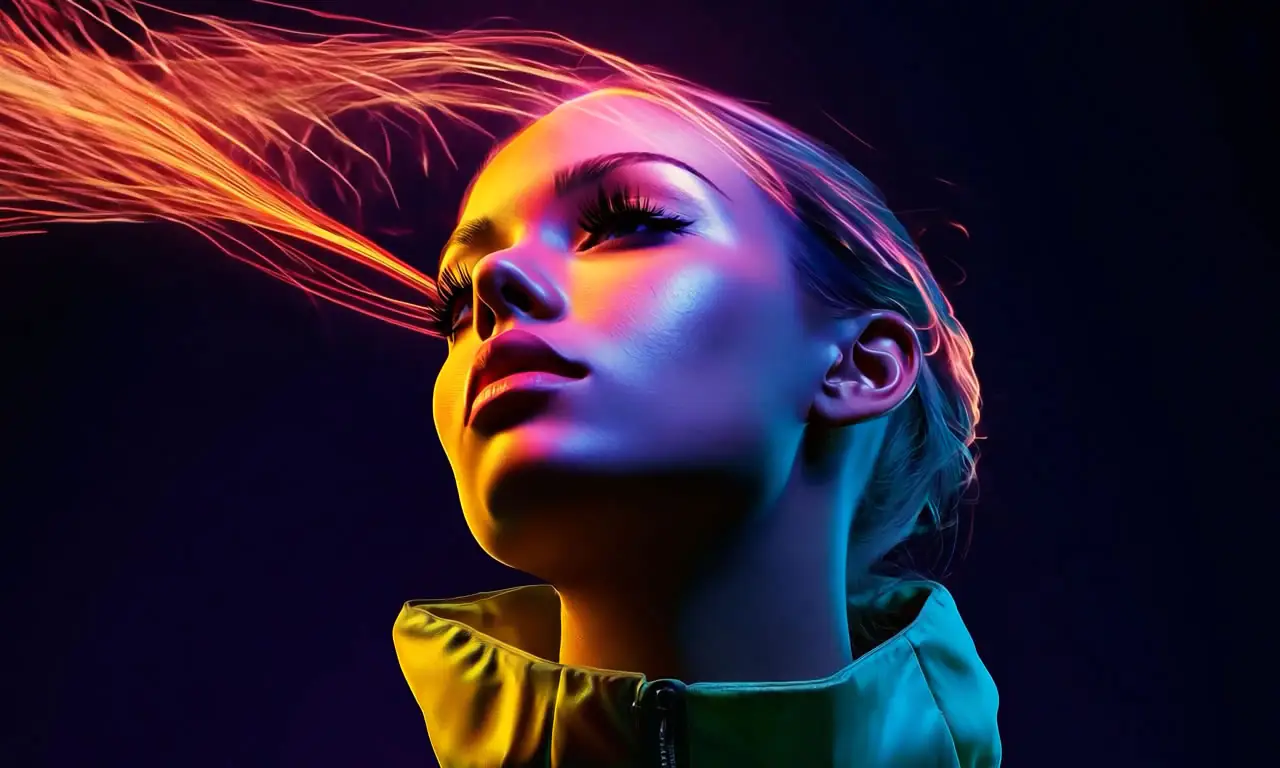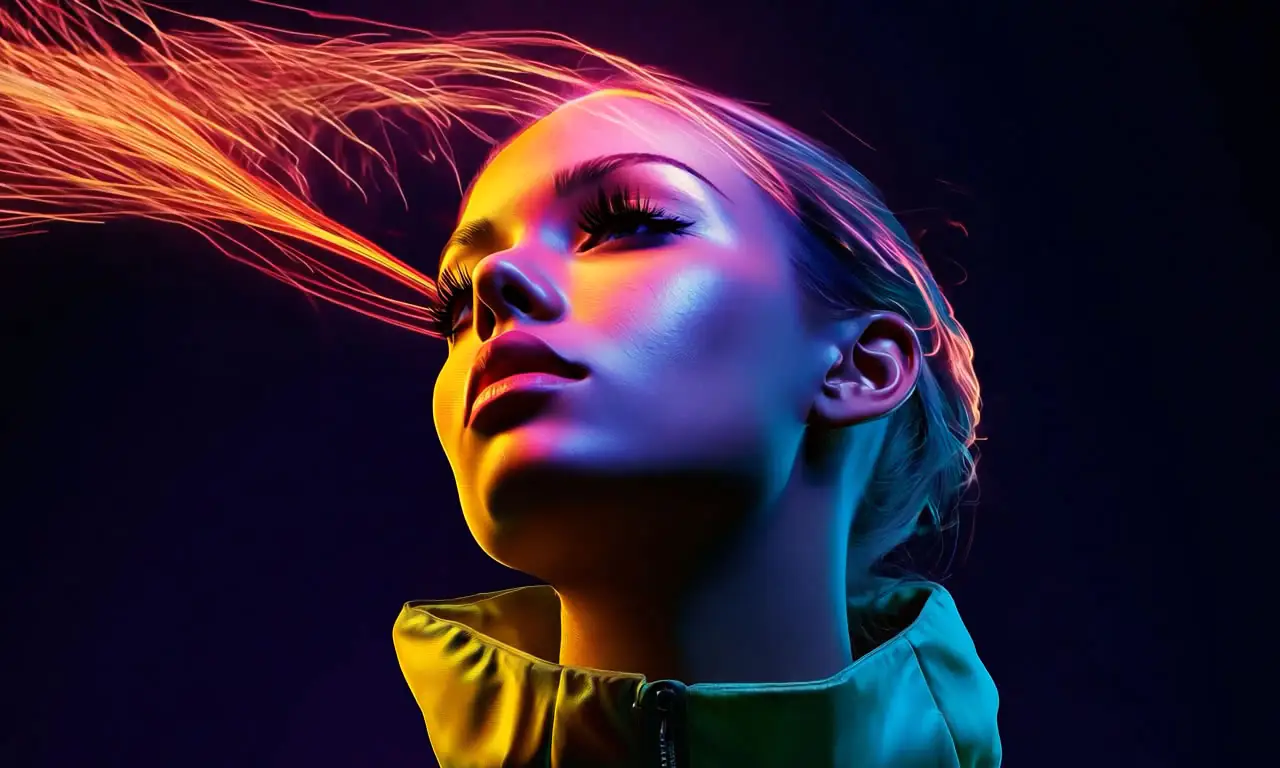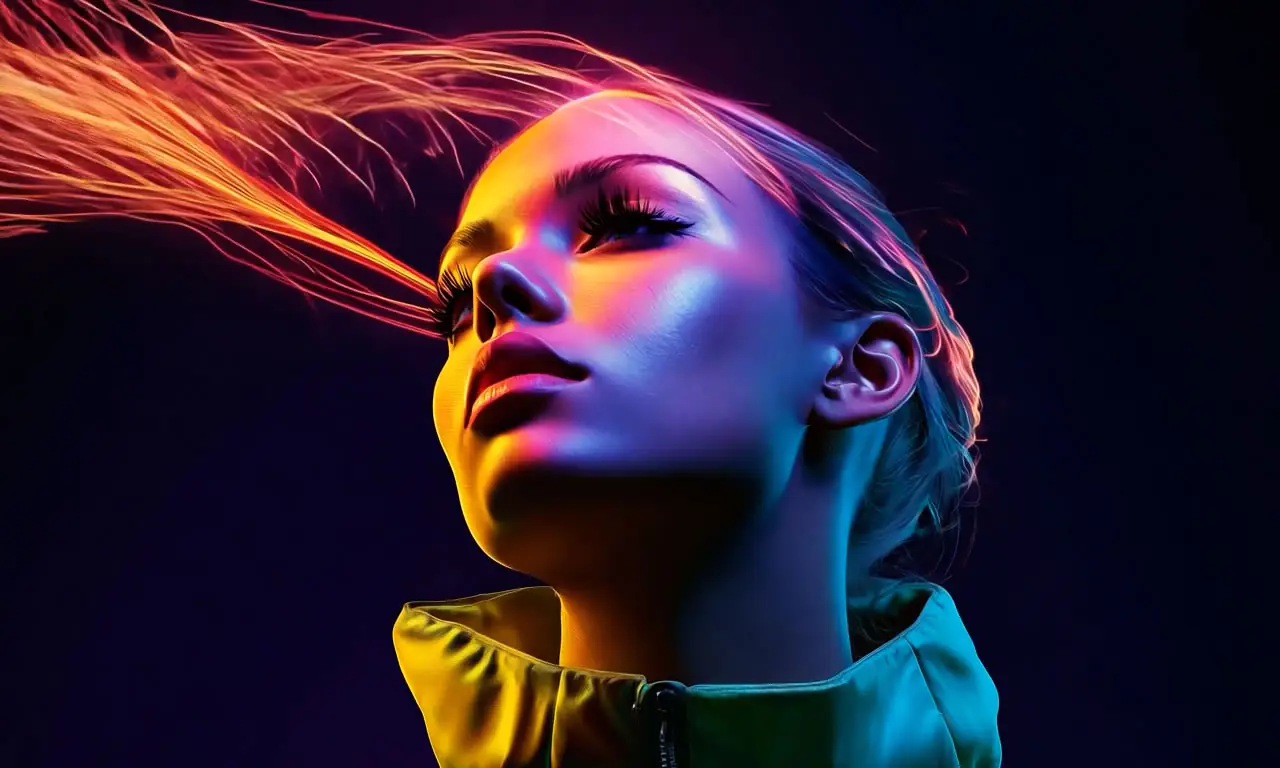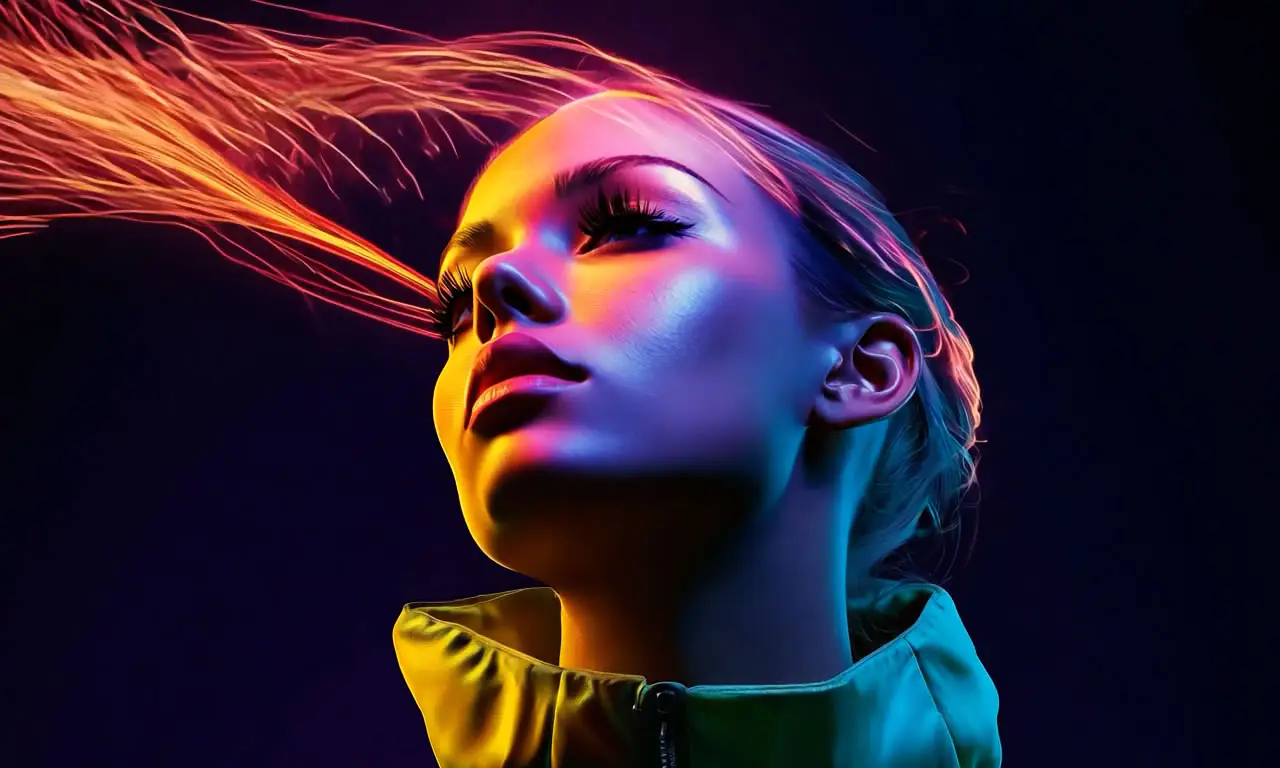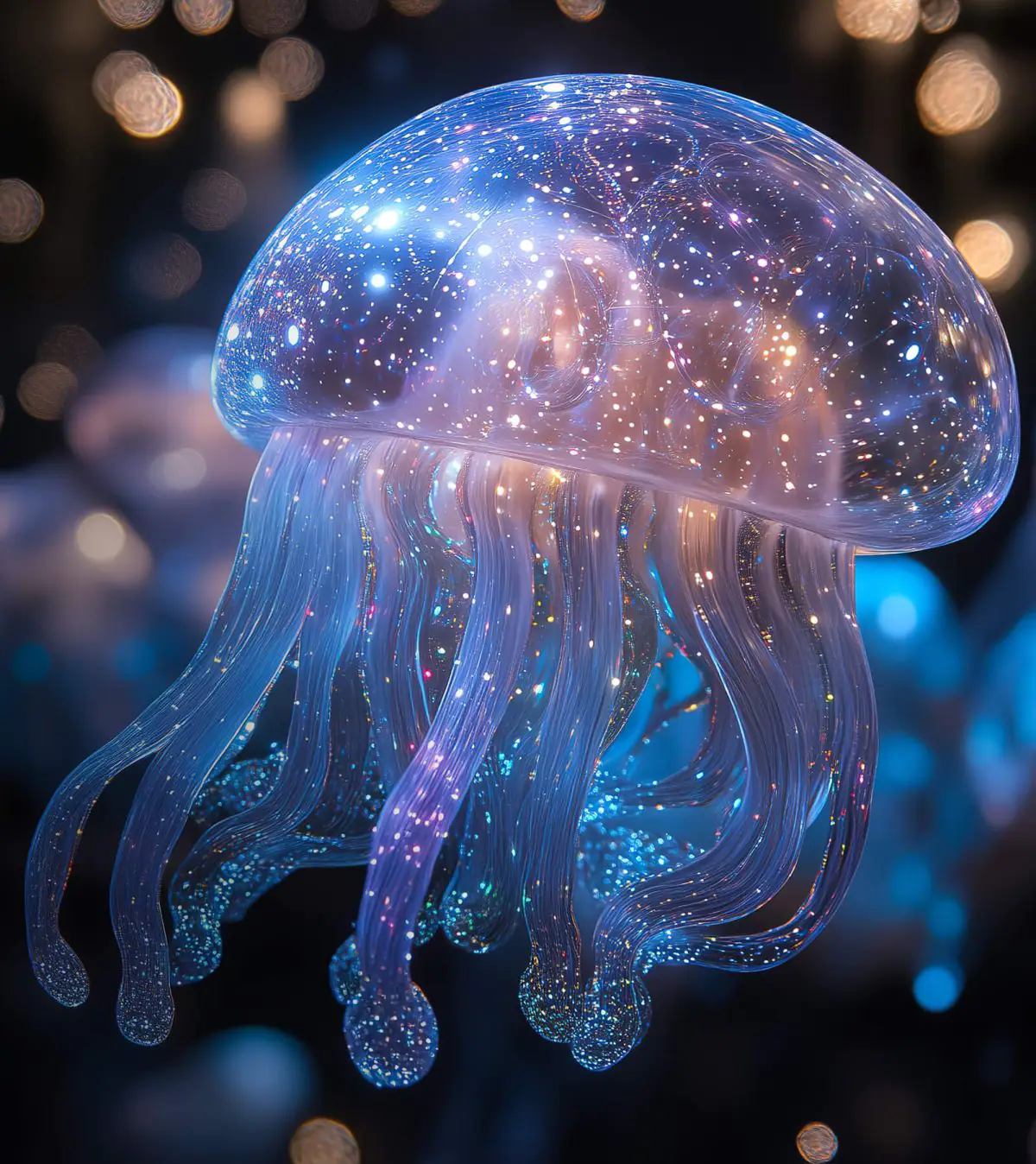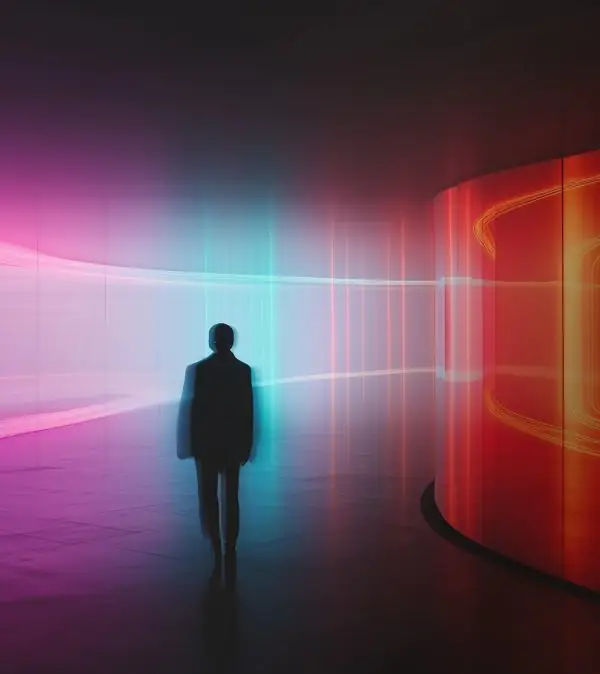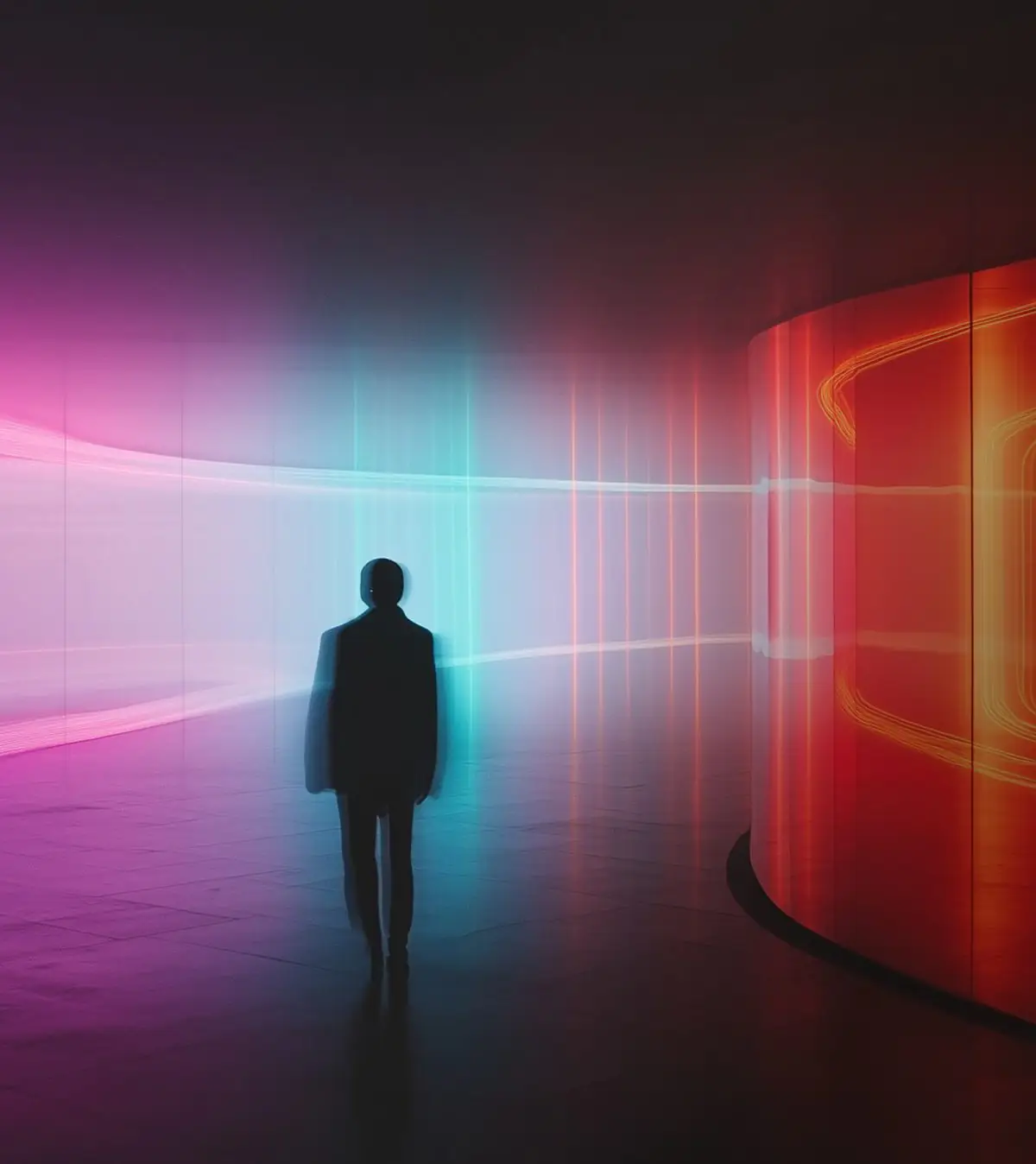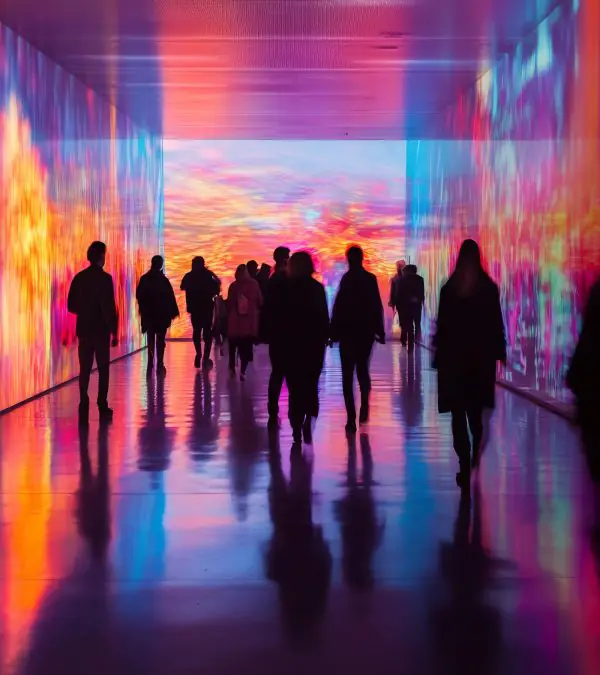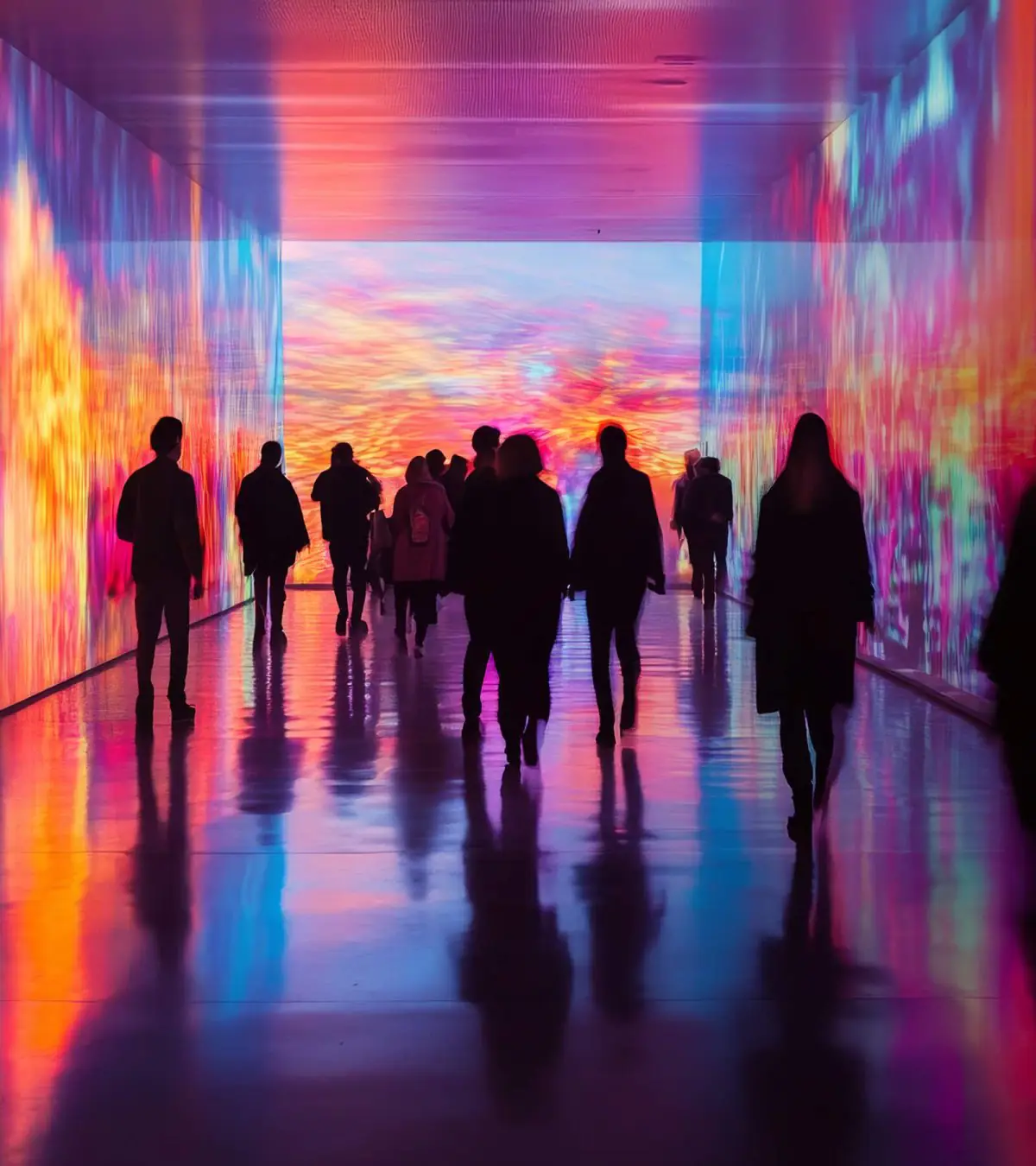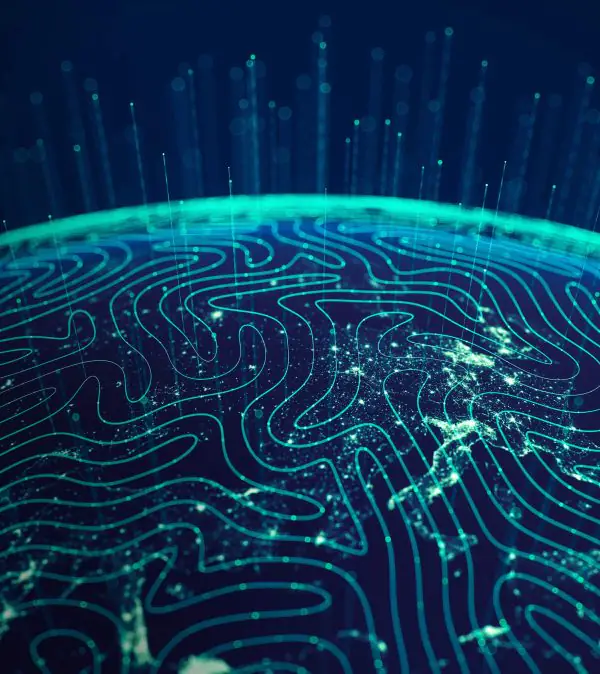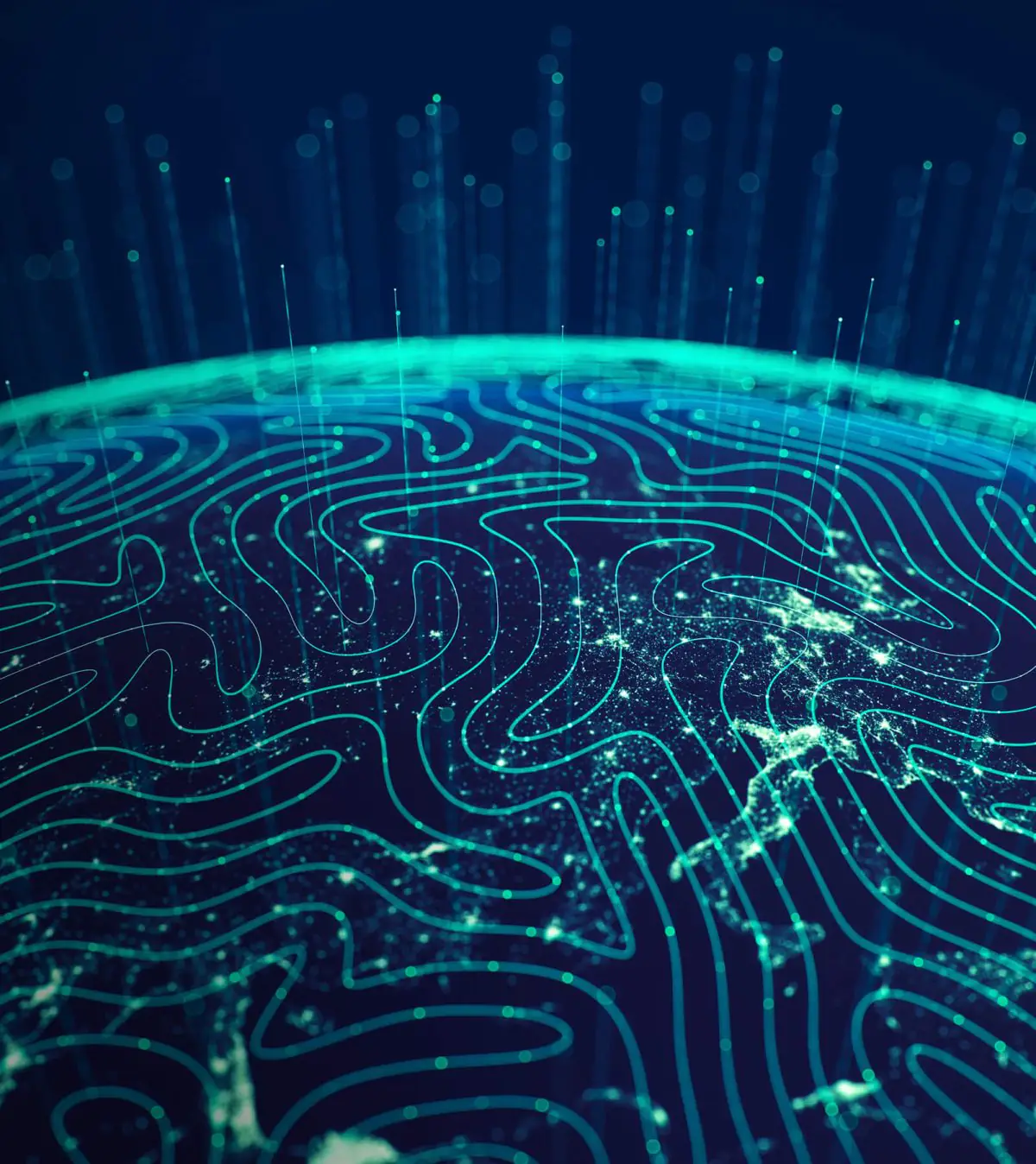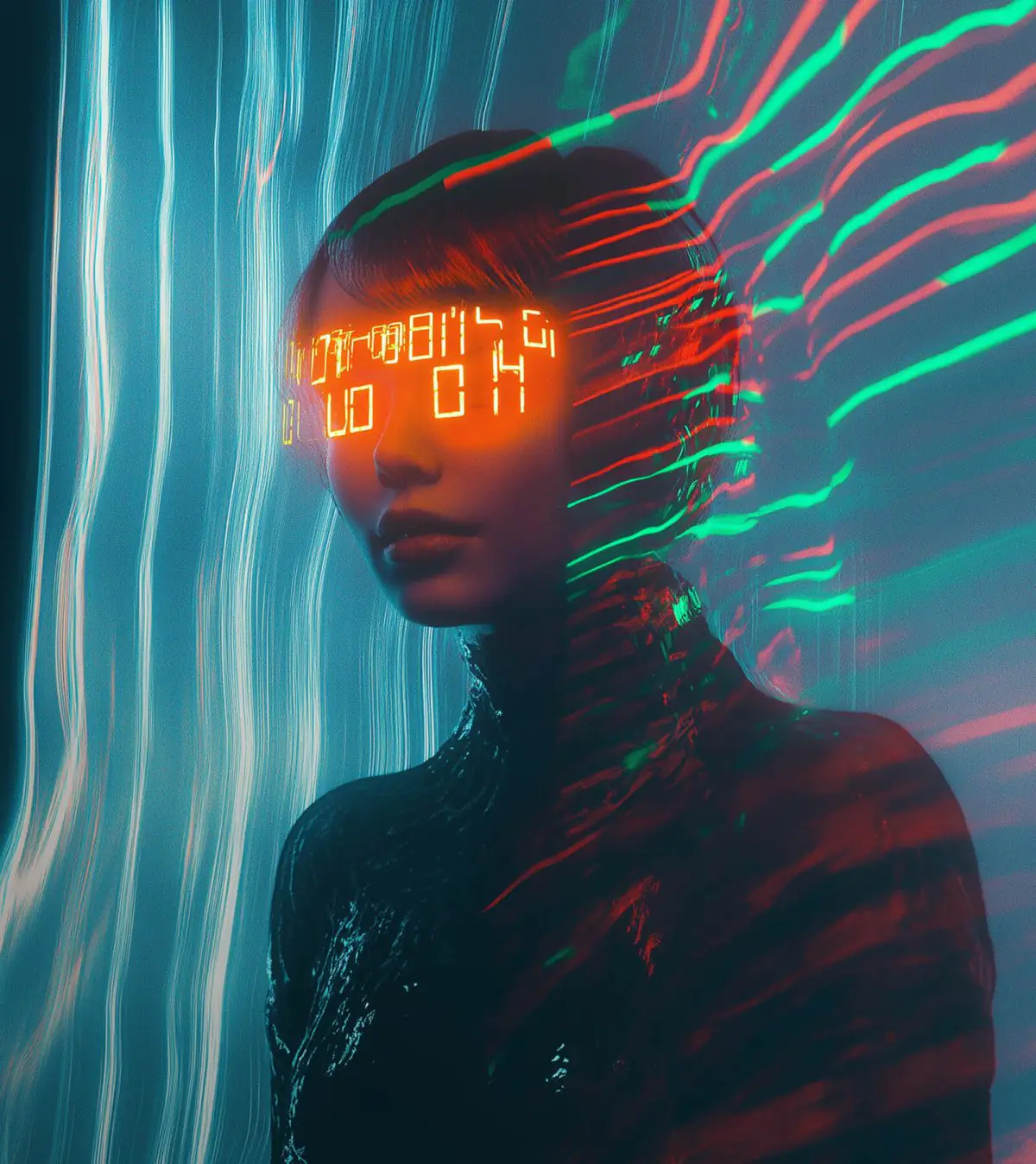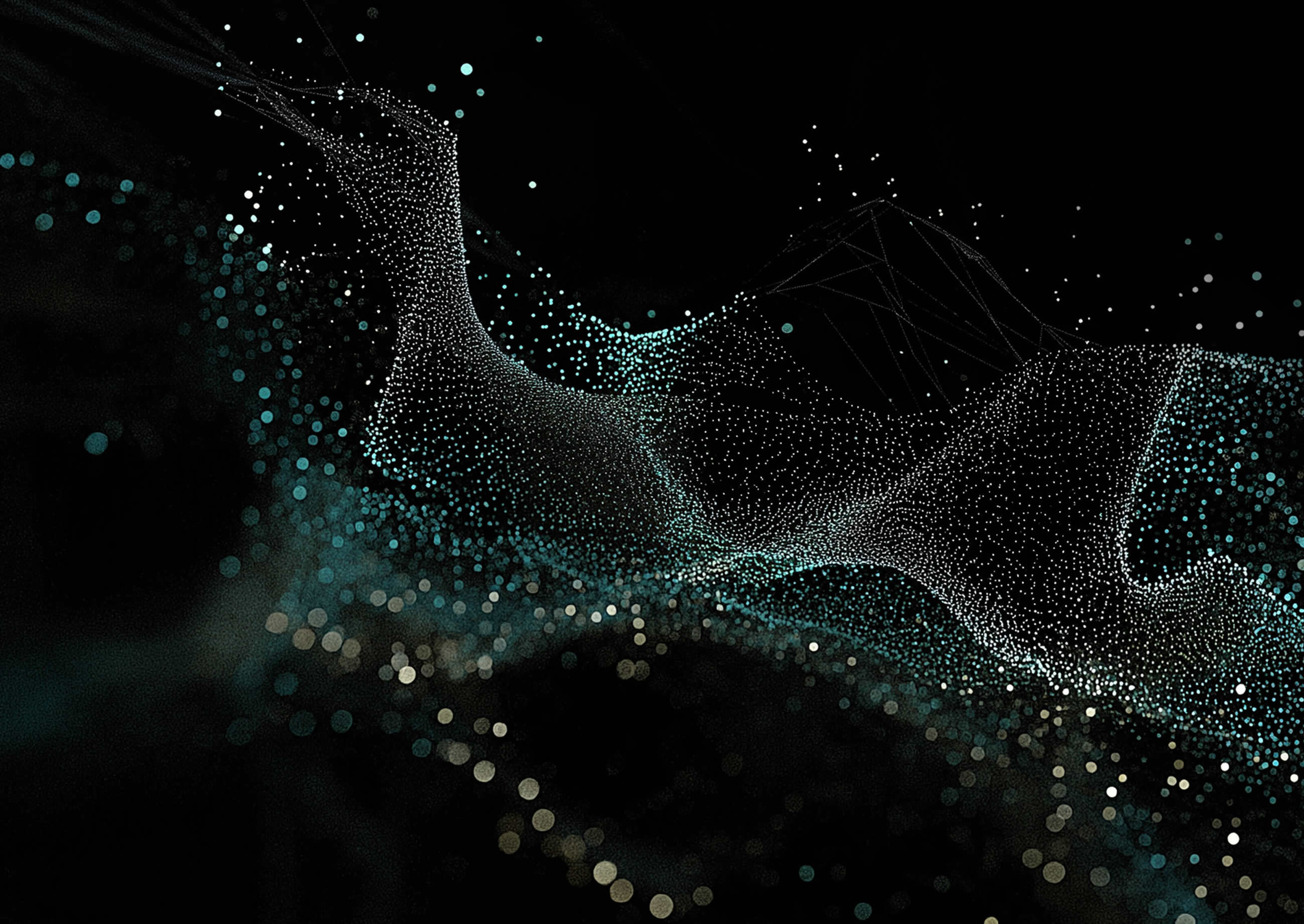The Rise of Self-Optimizing AI Content
AI content creation has evolved from simple text generation to highly sophisticated, contextual, and optimized storytelling. Today’s AI-powered content generators, such as GPT-4, Jasper AI, and Cohere, can:
- Generate SEO-optimized long-form articles in seconds
- Create hyper-personalized marketing copy tailored to user behavior
- Develop dynamic scripts for video and audio content
1. AI-Generated Content: Beyond Human Capabilities
AI content creation has evolved from simple text generation to highly sophisticated, contextual, and optimized storytelling. Today’s AI-powered content generators, such as GPT-4, Jasper AI, and Cohere, can:
- Generate SEO-optimized long-form articles in seconds
- Create hyper-personalized marketing copy tailored to user behavior
- Develop dynamic scripts for video and audio content
Unilever’s AI-powered content system dynamically generates personalized recipe suggestions for consumers based on available ingredients. This approach has driven engagement by making AI feel like a personal assistant rather than an automation tool.

2. The Evolution of AI Content Optimization
AI doesn’t just create content—it ensures it ranks, performs, and engages. Leading AI content optimization tools, such as Clearscope and SurferSEO, integrate with real-time search trends and audience insights to enhance content performance. AI-powered optimization includes:
- Semantic keyword integration for improved discoverability
- Real-time adjustments based on performance analytics
- A/B testing of headlines and content variations to maximize engagement
Neil Patel, digital marketing expert, notes, “AI isn’t just making content easier to produce - it’s making it smarter and more adaptable to audience behavior than anything humans could do manually.”

3. AI-Driven Distribution: Automating Content Delivery
Once content is created and optimized, AI-driven distribution platforms handle its automated publishing and engagement across multiple channels. AI can:
- Analyze audience engagement metrics to determine the best publishing time
- Personalize content distribution based on user interaction history
- Automate multi-platform syndication, ensuring content reaches the right audience
Must Have Ideas, a UK-based retailer, developed an AI-powered TV shopping channel that dynamically adjusts its programming based on stock levels and customer behavior. The AI stitches together video content autonomously, ensuring efficient and strategic content delivery.

How AI-Ge nerated Content is Reshaping SEO & Search Rankings
1. AI’s Influence on Search Ranking & Discoverability
With AI’s ability to predict search engine ranking factors, content is now being created with built-in SEO intelligence. AI-powered tools are:
- Generating topic clusters that align with Google’s search intent algorithms
- Using natural language processing (NLP) to predict high-performing keywords
- Understanding Google’s AI Search Overview (SGE) and optimizing content accordingly
Alibaba’s AI-powered content engine enables real-time search optimization by dynamically adjusting its website’s product descriptions and marketing materials based on trending search queries. This approach has significantly increased its discoverability and organic traffic.

2. Will AI-Written Content Replace Human Writers?
While AI-generated content is advancing rapidly, it still requires human oversight for:
- Fact-checking and accuracy to ensure credibility
- Brand storytelling and emotional engagement beyond data-driven output
- Ethical considerations to prevent misinformation and biased narratives
AI ethics researcher Dr. Kate Crawford warns, “The risk isn’t that AI will replace human writers, but that brands relying solely on AI risk losing credibility by sacrificing nuance and depth in content.
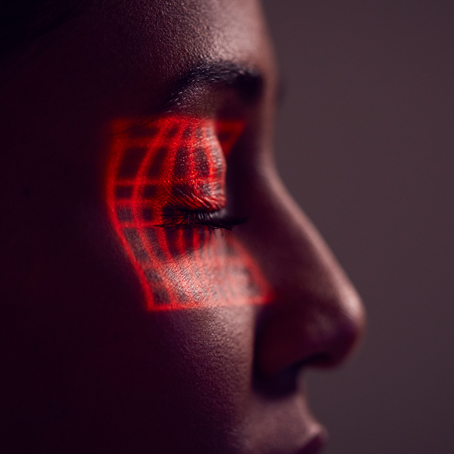
The Future: Fully Autonomous Content Ecosystems?
1. AI-Generated, AI-Distributed, AI-Monitored
We are approaching a world where AI:
- Writes content based on predictive audience engagement models
- Adjusts distribution in real-time based on live feedback loops
- Uses AI-powered PR tools to secure media placements and coverage
ScorePlay, an AI-driven content management system, helps sports organizations manage and distribute digital media automatically. By leveraging AI-driven tagging and content recommendation systems, brands like Major League Soccer have seen increased engagement through automated but intelligent content distribution.

2. The Ethical Dilemma: Can AI Content Be Trusted?
As AI becomes more involved in content ecosystems, questions of trust and credibility emerge. Challenges include:
- The potential for misinformation and deepfake content
- Bias in AI-generated materials, as AI learns from existing datasets
- Regulatory concerns, with policymakers questioning how AI-generated content should be labeled
AI branding strategist Andrew Ng suggests, “The future of AI-driven content isn’t just automation—it’s about ethical responsibility. Brands that combine AI’s efficiency with human oversight will dominate.”
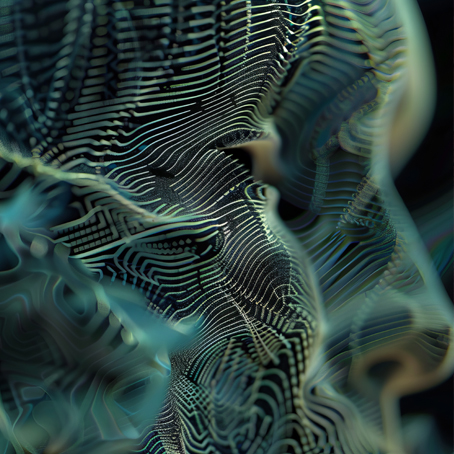
Conclusion: Embracing the AI Content Singularity
The AI content singularity is not a distant future – it’s happening now. As AI takes over writing, optimization, and distribution, brands must:
- Integrate AI-driven content creation while maintaining human oversight
- Utilize AI for real-time optimization and data-driven storytelling
- Adopt ethical AI frameworks to ensure brand credibility
The future of digital marketing won’t just be AI-powered – it will be AI-led. Are you ready to embrace the AI content singularity?
